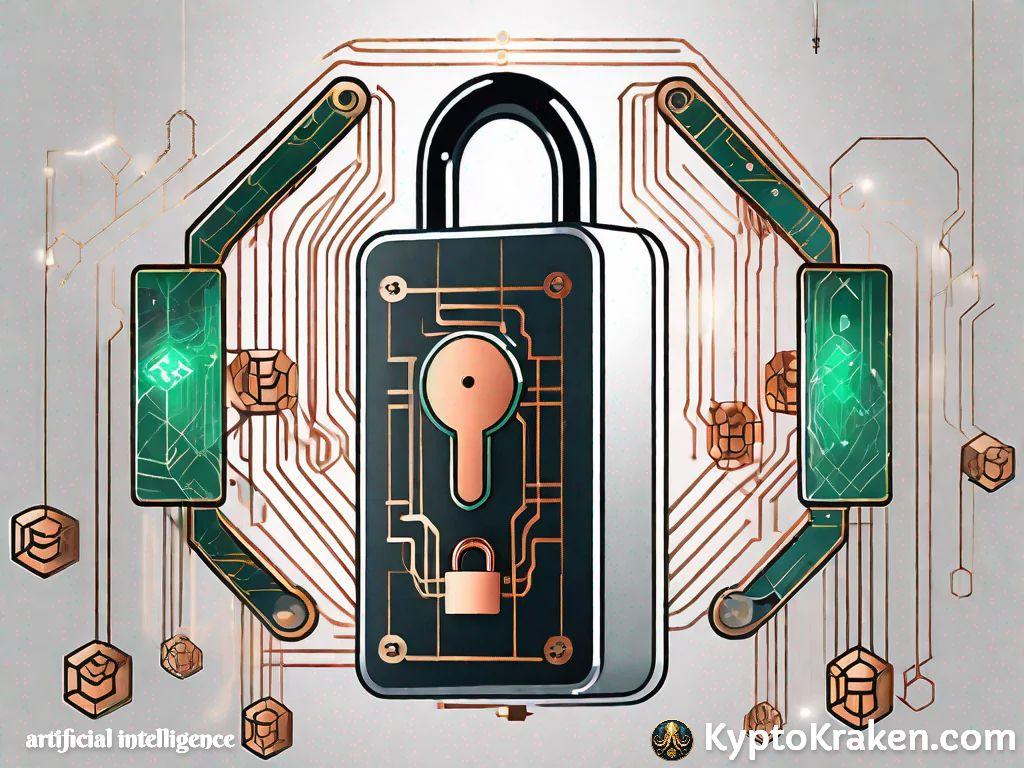
- October 2, 2023
- Dennis Frank
- 2
Table of Contents
In today’s rapidly evolving digital landscape, smart contracts have emerged as a powerful tool for automating business processes, reducing costs, and enhancing efficiency. However, with the increasing complexity and sophistication of cyber attacks, ensuring the security of smart contracts has become a top priority for businesses and individuals alike. This is where the innovative application of Artificial Intelligence (AI) comes into play.
Understanding the Basics of Smart Contracts
Before delving into the potential of AI in enhancing smart contract security, it is crucial to have a solid understanding of the basics. Smart contracts are self-executing agreements that are built on blockchain technology. They operate based on predefined rules and conditions, automatically executing actions when those conditions are met. Smart contracts have gained popularity primarily due to their inherent transparency, immutability, and tamper-proof nature.
Smart contracts have revolutionized the way agreements are made and executed in the digital world. They have become an integral part of blockchain technology, offering a decentralized and secure way to facilitate transactions and enforce contractual obligations. By eliminating the need for intermediaries, smart contracts provide a more efficient and cost-effective solution for businesses and individuals alike.
The Flow of Artificial Intelligence and how it Works With Smart Contracts
- A smart contract is submitted for AI analysis.
- The AI system checks the contract against a vulnerability database.
- Feedback from the database is used to identify potential vulnerabilities.
- The AI system applies security enhancements to the smart contract based on the analysis.
The Role of Smart Contracts in Blockchain Technology
In the realm of blockchain technology, smart contracts act as the building blocks that enforce trust and eliminate the need for intermediaries in various transactions. They provide a decentralized and secure way to facilitate the exchange of digital assets, enforce contractual obligations, and automate complex processes.
Imagine a scenario where you want to purchase a piece of digital artwork from an artist located on the other side of the world. Traditionally, you would need to involve intermediaries such as banks or escrow services to ensure a secure transaction. With smart contracts, however, you can directly interact with the artist, eliminating the need for intermediaries. The smart contract would automatically execute the transaction once the conditions, such as the transfer of funds and verification of authenticity, are met.
Key Features of Smart Contracts
Smart contracts offer several key features that make them an attractive option for businesses. Firstly, they provide transparency by making all contract terms and conditions publicly accessible. This transparency ensures that all parties involved have a clear understanding of the agreement and can verify its authenticity.
Secondly, smart contracts ensure security through cryptographic encryption, guaranteeing that the contract cannot be maliciously tampered with. The use of advanced cryptographic techniques ensures that the contract remains secure and tamper-proof, providing a high level of trust and confidence in the agreement.
Additionally, smart contracts are immutable, meaning that once deployed on the blockchain, their original code cannot be modified. This feature ensures that the terms and conditions of the contract remain unchanged and cannot be altered by any party. Immutability adds an extra layer of security and trust to the agreement, as it eliminates the possibility of fraud or unauthorized modifications.
Furthermore, smart contracts are programmable, allowing for the automation of complex processes. By defining the conditions and actions within the contract’s code, businesses can streamline their operations and reduce the need for manual intervention. This automation not only saves time and resources but also minimizes the risk of human error.
In conclusion, smart contracts are a powerful tool that has transformed the way agreements are made and executed. Their transparency, security, immutability, and programmability make them an ideal choice for businesses looking to streamline their processes and enhance trust in their transactions.

The Intersection of AI and Smart Contracts
Artificial Intelligence has revolutionized various industries, from healthcare to finance, by enabling machines to perform tasks that were previously only achievable by humans. The integration of AI with smart contracts holds great promise in enhancing their functionality and security.
Smart contracts, which are self-executing contracts with the terms of the agreement directly written into code, have gained popularity due to their transparency, efficiency, and immutability. However, they are limited by their static nature, as they are typically designed to execute predefined actions based on predetermined conditions. This is where AI comes into play.
How AI Can Improve Smart Contract Functionality
AI can play a vital role in improving the functionality of smart contracts by enabling them to adapt and learn from data. By applying machine learning algorithms, smart contracts can analyze past performance, detect patterns, and autonomously make decisions based on real-time inputs. This dynamic capability allows smart contracts to evolve and respond to changing business needs and conditions.
For example, in the insurance industry, AI-powered smart contracts can assess risk factors and adjust premiums accordingly. By continuously analyzing data such as customer behavior, market trends, and weather patterns, these contracts can provide personalized and fair insurance policies. This not only benefits the customers but also reduces the administrative burden for insurance companies.
In the supply chain industry, AI can enhance the functionality of smart contracts by optimizing logistics and reducing inefficiencies. By analyzing real-time data such as traffic conditions, weather forecasts, and inventory levels, smart contracts can automatically adjust delivery routes, reorder inventory, and optimize production schedules. This not only improves the overall efficiency of the supply chain but also reduces costs and ensures timely delivery.
Potential Challenges in Integrating AI with Smart Contracts
While the integration of AI with smart contracts brings immense opportunities, it also poses certain challenges. One of the primary challenges lies in ensuring the accuracy and reliability of AI algorithms. Any flaws or biases in the AI systems can potentially compromise the integrity and security of smart contracts.
To address this challenge, rigorous testing and auditing of AI algorithms are crucial. It is important to ensure that the AI models used in smart contracts are trained on diverse and representative datasets, free from any biases. Additionally, ongoing monitoring and evaluation of the AI systems are necessary to identify and rectify any issues that may arise.
Another challenge in integrating AI with smart contracts is the requirement for a robust and scalable infrastructure to handle the increased computational demands. AI algorithms often require significant computational power and storage capacity to process and analyze large amounts of data. Therefore, organizations need to invest in advanced hardware and software infrastructure to support the integration of AI with smart contracts.
Furthermore, the legal and regulatory frameworks surrounding AI and smart contracts are still evolving. As AI becomes more integrated into smart contracts, there is a need for clear guidelines and standards to ensure compliance and protect the rights of all parties involved. Governments and regulatory bodies need to collaborate with industry stakeholders to establish comprehensive frameworks that address the unique challenges and risks associated with AI-powered smart contracts.
In conclusion, the intersection of AI and smart contracts has the potential to revolutionize various industries by enhancing the functionality, adaptability, and security of contracts. However, it is essential to address the challenges associated with AI integration, such as ensuring the accuracy of algorithms and investing in robust infrastructure. With the right approach and collaboration between technology experts, legal professionals, and regulators, AI-powered smart contracts can unlock new possibilities and drive innovation in the digital economy.
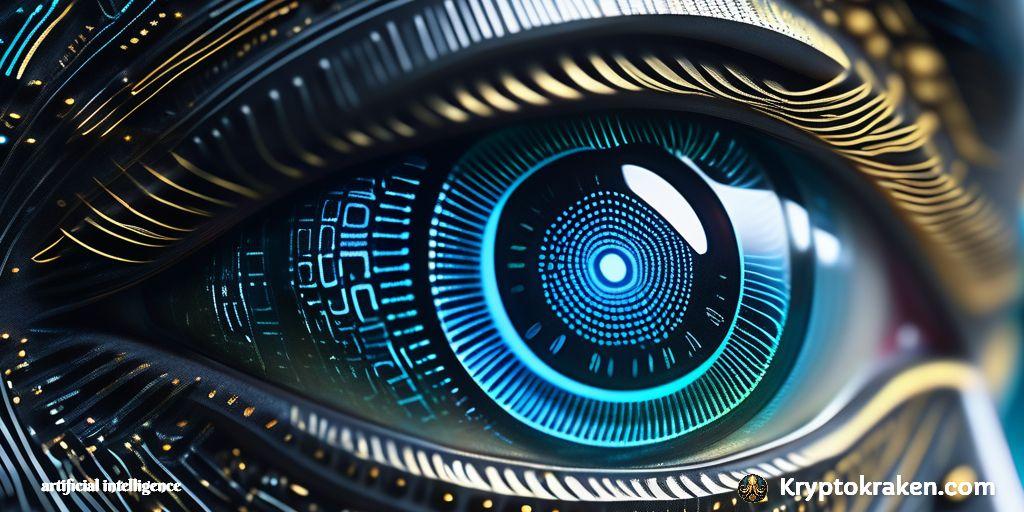
Enhancing Security with AI
In the realm of cybersecurity, AI has already demonstrated its effectiveness in identifying and mitigating threats. Applying AI techniques to smart contract security can significantly enhance their resilience against attacks.
With the increasing complexity and sophistication of cyber threats, traditional security measures alone are no longer sufficient. AI algorithms, on the other hand, have the ability to analyze vast amounts of data to detect and predict potential security breaches in real-time. By continuously monitoring the blockchain network, AI can identify suspicious activities, malfunctions, and vulnerabilities, alerting stakeholders to potential threats.
The Role of AI in Cybersecurity
AI plays a crucial role in cybersecurity by providing advanced threat detection and prevention capabilities. By leveraging machine learning algorithms, AI systems can learn from historical data and identify patterns that indicate potential security risks. This enables organizations to proactively address vulnerabilities and strengthen their security posture.
Furthermore, AI can also assist in incident response and recovery. In the event of a security breach, AI-powered systems can quickly analyze the situation, identify the root cause, and provide recommendations for remediation. This not only minimizes the impact of the breach but also helps organizations learn from the incident and improve their security measures.
Specific Ways AI Can Boost Smart Contract Security
When it comes to smart contract security, AI can be utilized to enhance their resilience and protect against potential attacks. One such mechanism is anomaly detection, where AI algorithms can identify abnormal behaviors in smart contracts that may indicate an attempted attack or exploitation. By continuously monitoring the execution of smart contracts, AI can detect deviations from expected patterns and raise alerts, allowing for timely intervention.
In addition to anomaly detection, AI can also be employed to strengthen encryption techniques used in smart contracts. By leveraging AI algorithms, organizations can develop more robust encryption methods that are resistant to advanced cryptographic attacks. This ensures that the sensitive data and transactions within smart contracts remain secure and tamper-proof.
Furthermore, AI can help devise novel authentication mechanisms for smart contracts. Traditional authentication methods such as passwords can be vulnerable to attacks, but AI-powered authentication systems can utilize biometric data, behavioral analysis, and other advanced techniques to verify the identity of contract participants. This adds an extra layer of security and reduces the risk of unauthorized access.
In conclusion, the integration of AI into smart contract security holds great promise in enhancing the resilience and protection against cyber threats. By leveraging AI algorithms for anomaly detection, encryption, and authentication, organizations can significantly strengthen the security of their smart contracts and mitigate the risks associated with potential attacks.

Future Implications of AI-Enhanced Smart Contracts
The combination of AI and smart contracts has the potential to reshape various industries and pave the way for innovative solutions and business models.
Imagine a future where AI-enhanced smart contracts are seamlessly integrated into our everyday lives. These contracts, powered by advanced artificial intelligence algorithms, have the ability to revolutionize the way we conduct business and interact with various industries.
Predicted Trends in AI and Smart Contract Development
As AI continues to evolve, we can expect further advancements in the integration of AI with smart contracts. Predictive analytics and deep learning algorithms may enable smart contracts to proactively identify potential risks and make informed decisions in real-time. This means that contracts can adapt and respond to changing circumstances, ensuring that all parties involved are protected and their interests are safeguarded.
Furthermore, advancements in natural language processing may facilitate the creation and execution of smart contracts in more user-friendly ways. Imagine being able to draft a contract using simple, everyday language, and having the AI analyze and translate it into a legally binding agreement. This would democratize the contract creation process, making it more accessible to individuals without legal expertise.
The Potential Impact on Various Industries
The integration of AI and smart contracts is poised to disrupt numerous industries. In finance, AI-enhanced smart contracts can streamline compliance processes, automate financial transactions, and reduce fraud risks. With the ability to analyze vast amounts of data in real-time, AI can detect suspicious patterns and flag potential fraudulent activities, ensuring the integrity of financial transactions.
In supply chain management, AI can optimize inventory management, enhance traceability, and increase supply chain efficiency. Imagine a world where every step of a product’s journey, from its origin to its final destination, is recorded and verified by smart contracts powered by AI. This level of transparency and accountability can help eliminate counterfeit products, reduce waste, and ensure ethical sourcing.
The healthcare industry can also benefit greatly from the integration of AI and smart contracts. These contracts can securely store and share patient data, ensuring privacy and compliance with regulatory requirements. Additionally, AI algorithms can analyze medical records and suggest personalized treatment plans, improving patient outcomes and reducing healthcare costs.
Real estate transactions can also be revolutionized by AI-enhanced smart contracts. These contracts can automate property transfers, ensure accurate and transparent record-keeping, and simplify the process of buying and selling properties. With AI’s ability to analyze market trends and predict property values, smart contracts can help individuals make informed decisions when investing in real estate.
Even the legal sector can benefit from the improved functionality and security provided by AI-enhanced smart contracts. These contracts can automate routine legal tasks, such as contract review and due diligence, freeing up legal professionals to focus on more complex and strategic matters. Additionally, the use of smart contracts can increase transparency in legal processes, ensuring fairness and reducing the potential for human error.
As we look to the future, it is clear that the combination of AI and smart contracts holds immense potential. From finance to healthcare, supply chain management to real estate, the integration of these technologies has the power to transform industries, streamline processes, and create new opportunities for innovation and growth.
Conclusion: The Future of Smart Contracts and AI
As the world becomes increasingly reliant on digital transactions, the security and reliability of smart contracts become paramount. By leveraging the power of AI, smart contracts can be fortified against potential vulnerabilities and attacks.
Embracing the AI Revolution in Smart Contract Security
Businesses and individuals must embrace the AI revolution in smart contract security to stay ahead in an ever-evolving digital landscape. By harnessing the potential of AI and smart contracts, organizations can benefit from enhanced functionality, improved security, and increased operational efficiency.
Preparing for a Future with AI-Enhanced Smart Contracts
As AI and smart contracts continue to evolve, organizations should invest in research and development to explore innovative use cases and potential challenges. Collaboration between AI and blockchain experts is essential to shape future policies, regulations, and best practices in the field of AI-enhanced smart contracts.
In conclusion, AI has the potential to revolutionize smart contract security by introducing adaptive and intelligent systems. By harnessing the power of AI algorithms, smart contracts can become more resilient, autonomous, and secure, thereby driving innovation and trust in the digital economy.
For additional reading on the subjects we’ve covered in this article, check out these resources.
Smart contracts | ethereum.org – This article provides insights into smart contracts, their foundation, and their significance in the blockchain ecosystem. Ethereum is one of the pioneering platforms for smart contracts, and this article offers a comprehensive overview of the topic. Read more here.
AI on the Blockchain: Use Cases and How to Achieve Them by Samantha Marin – This article delves into the convergence of artificial intelligence (AI) and smart contracts. It explores the potential use cases and the transformative impact of integrating AI with blockchain technology. Check out the article here.



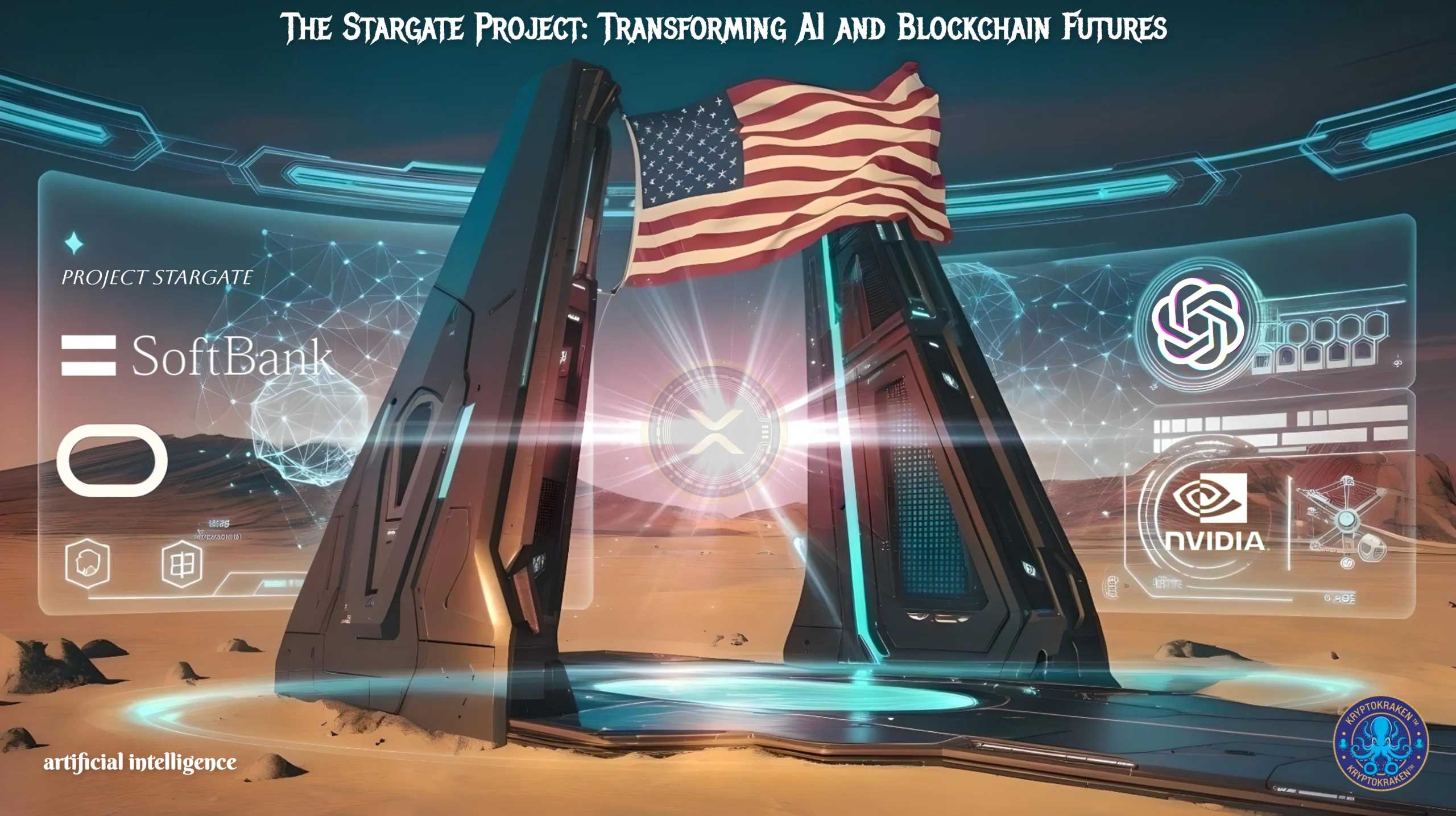

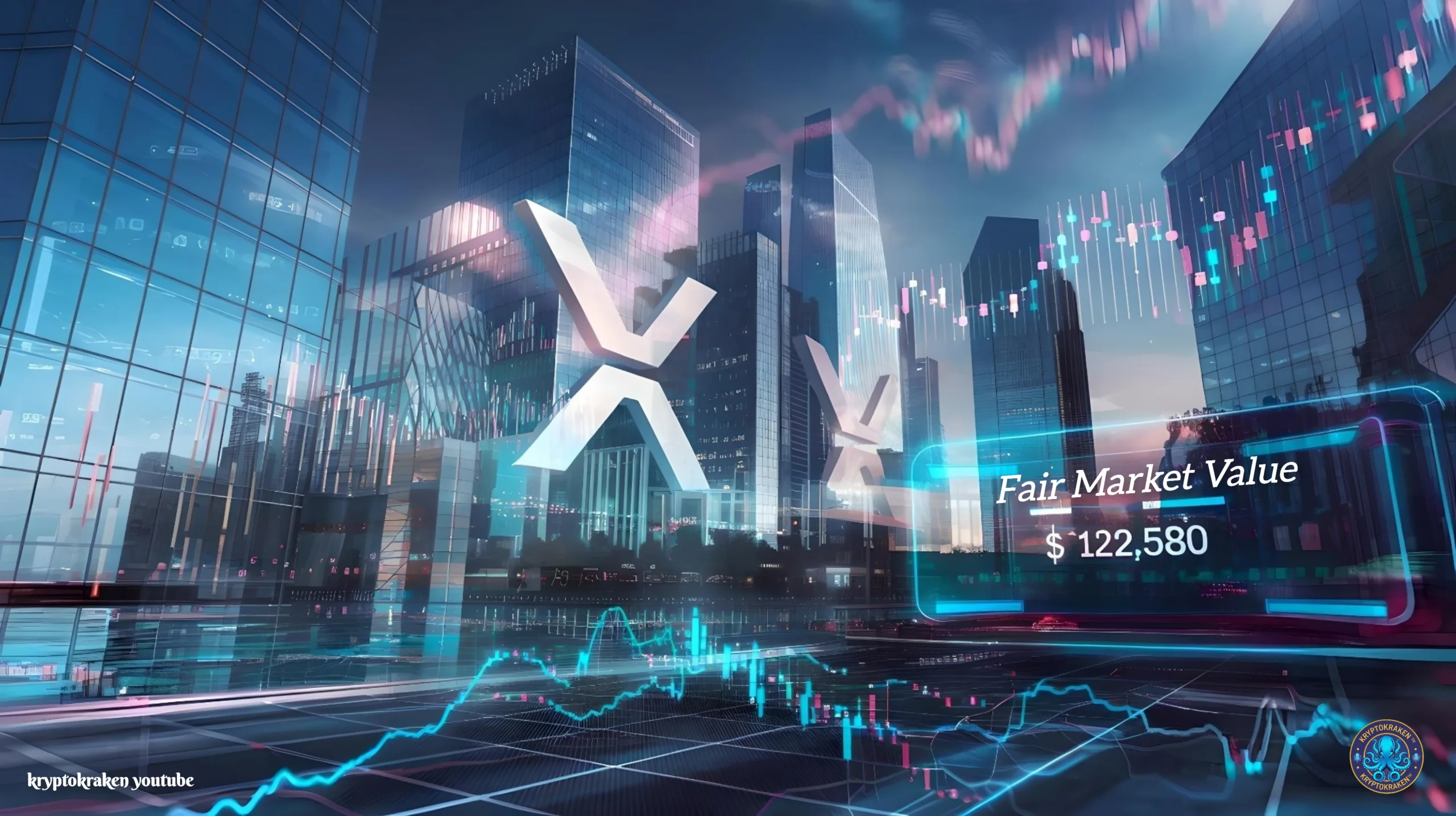
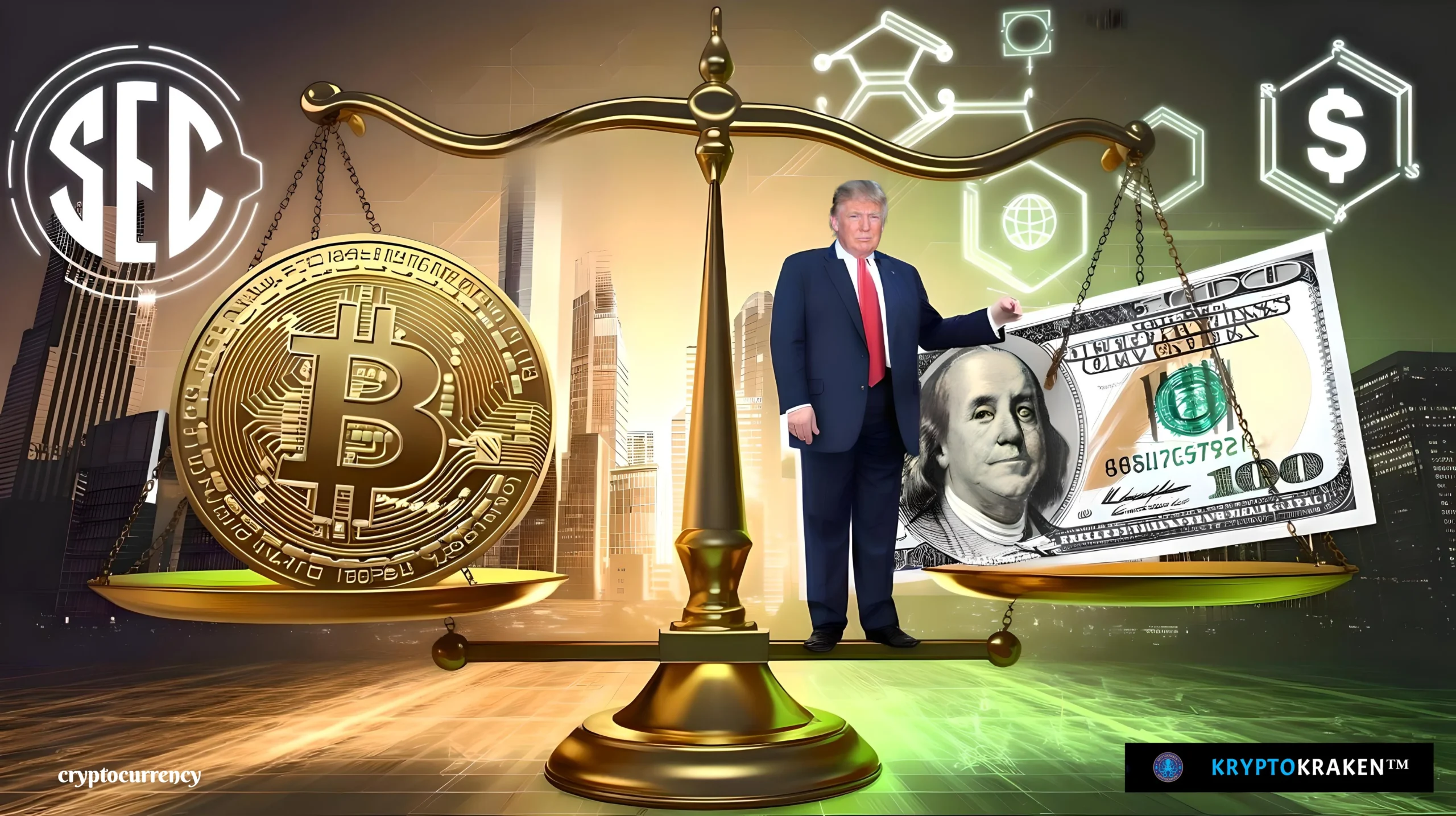

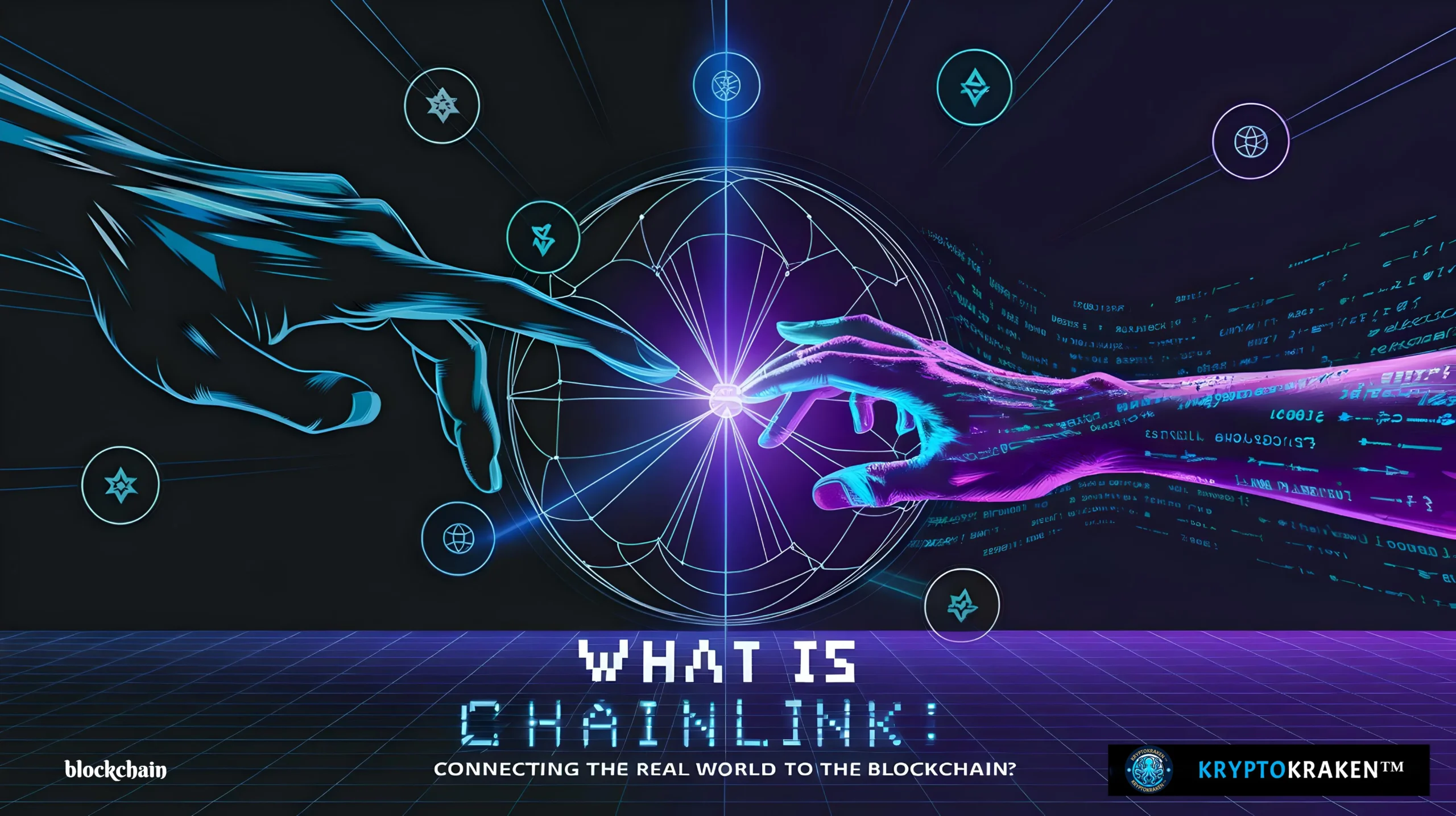
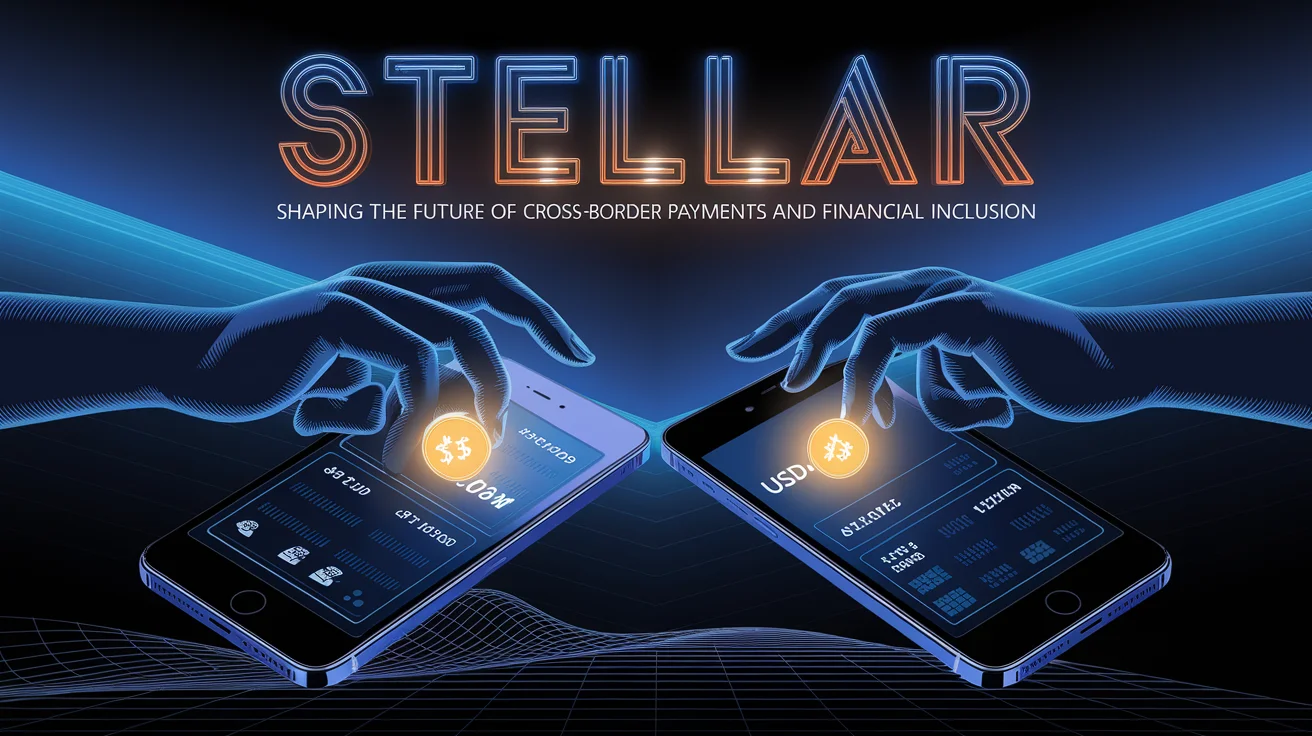
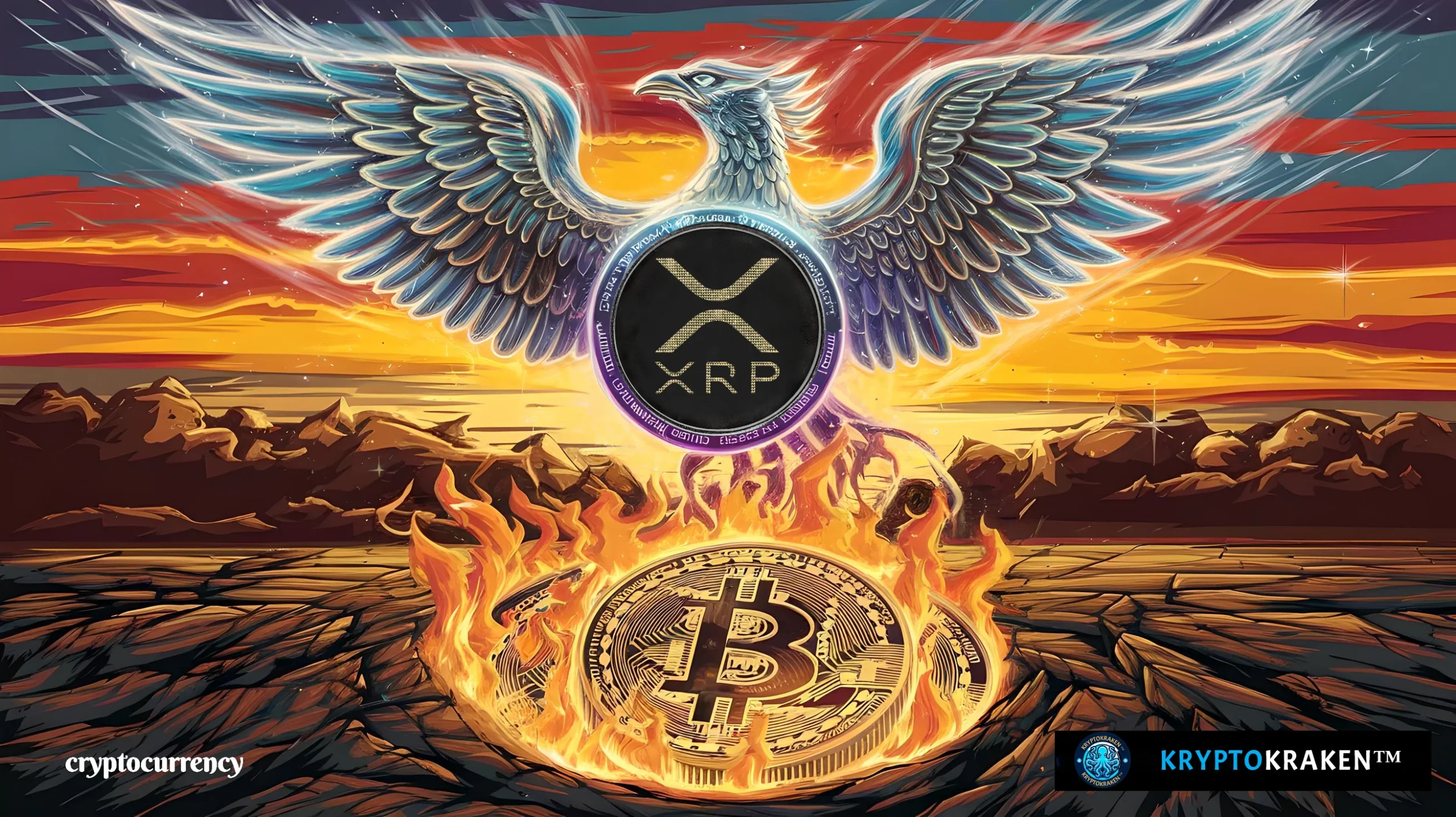
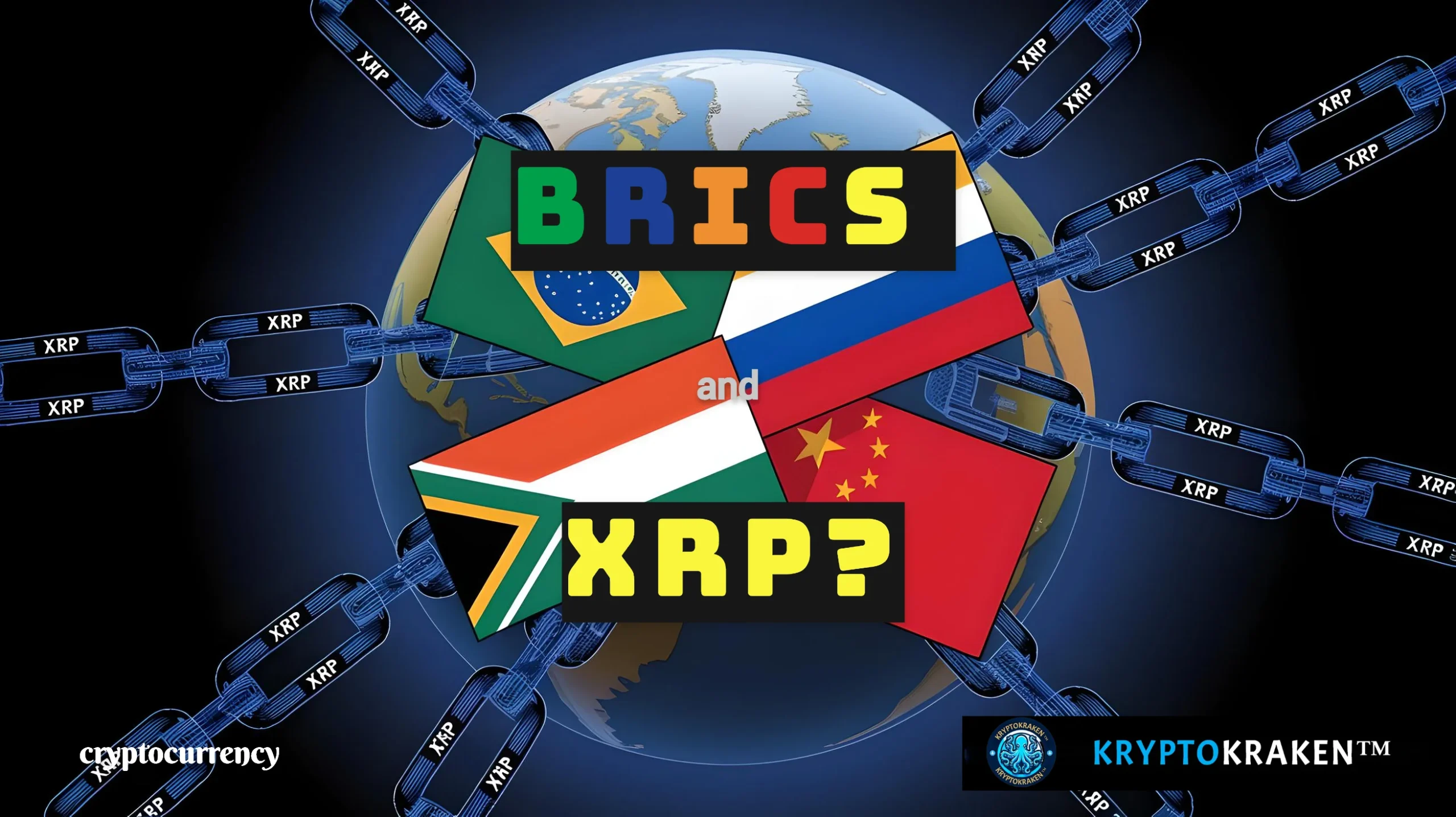
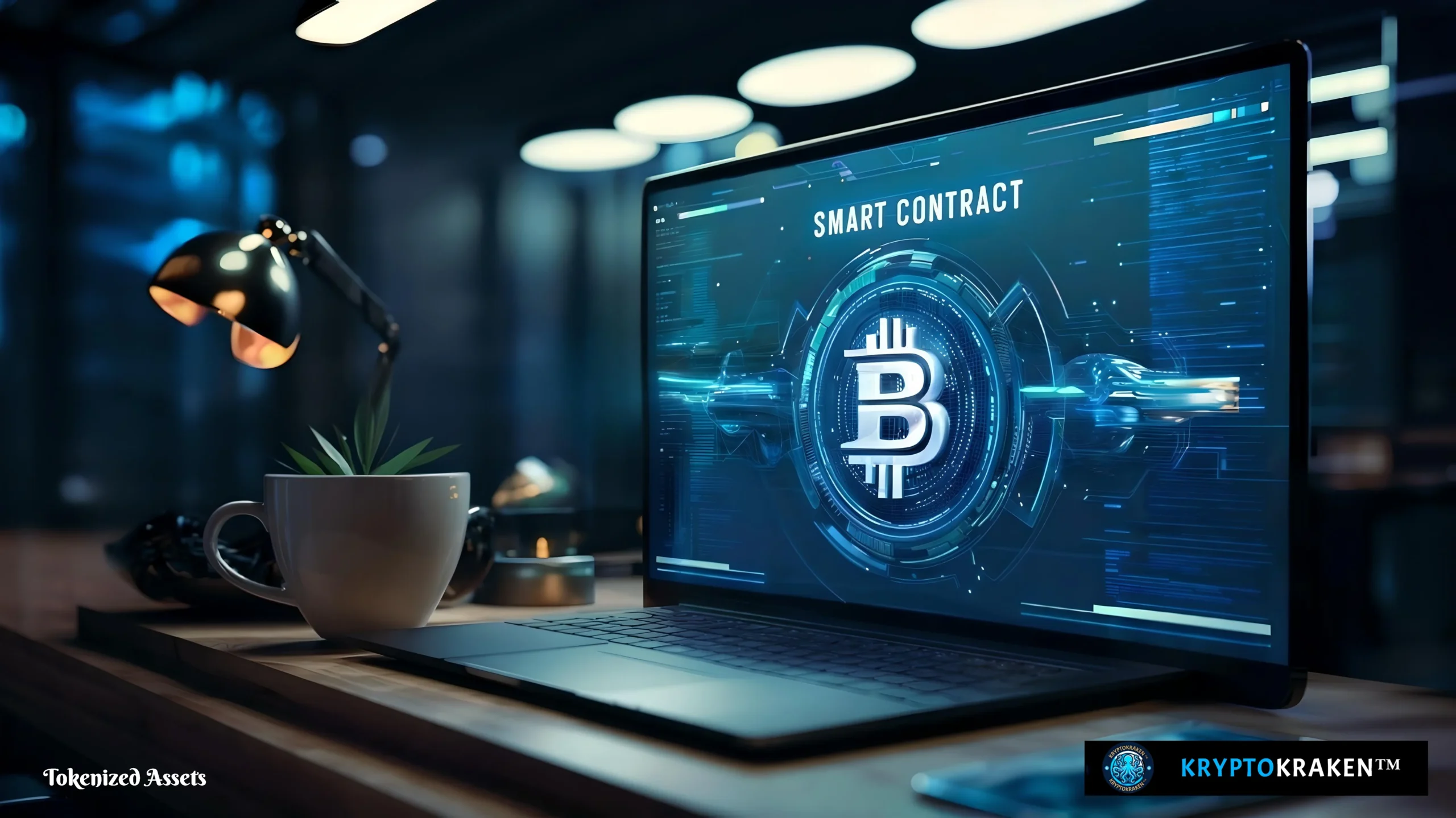

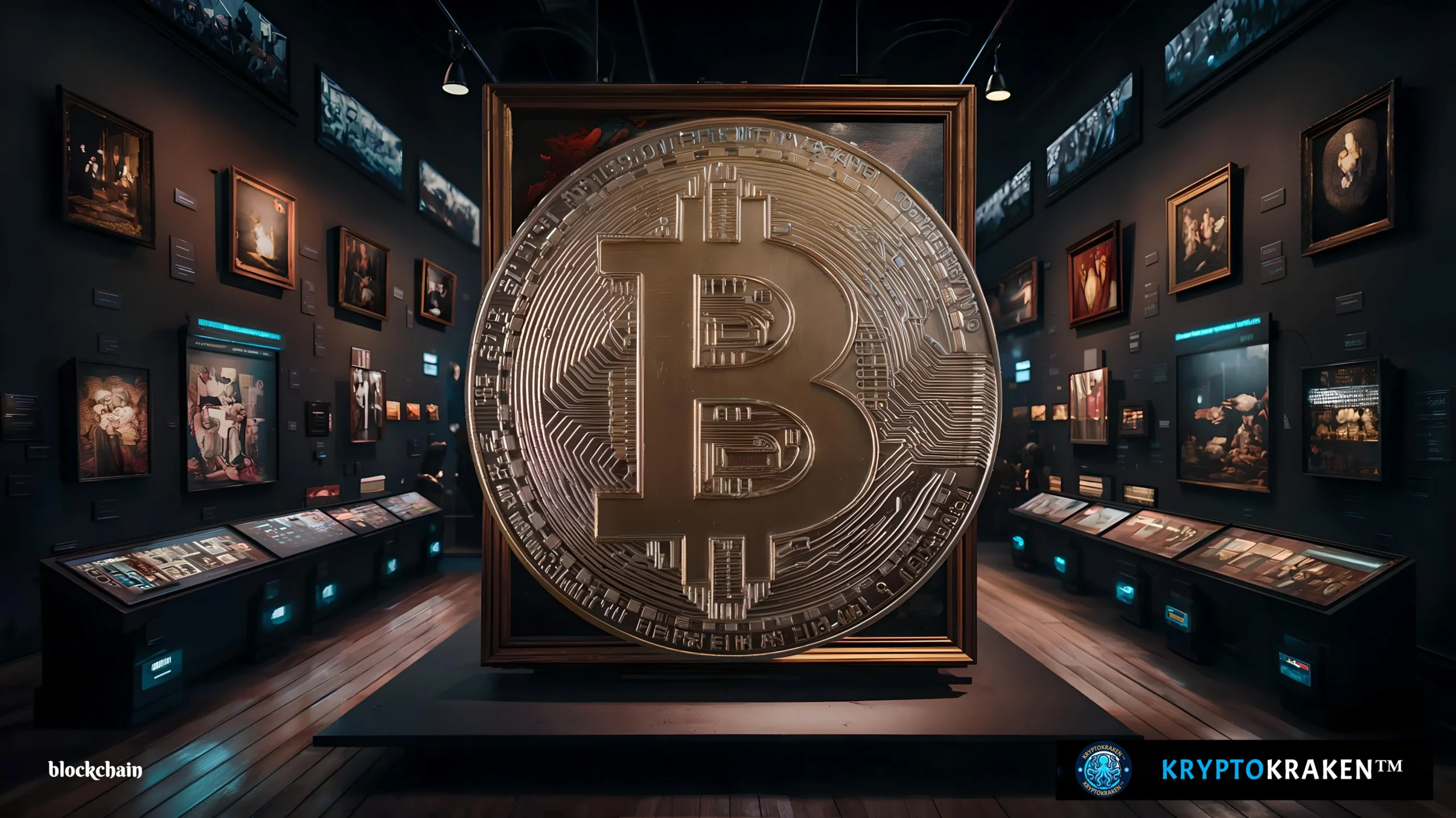


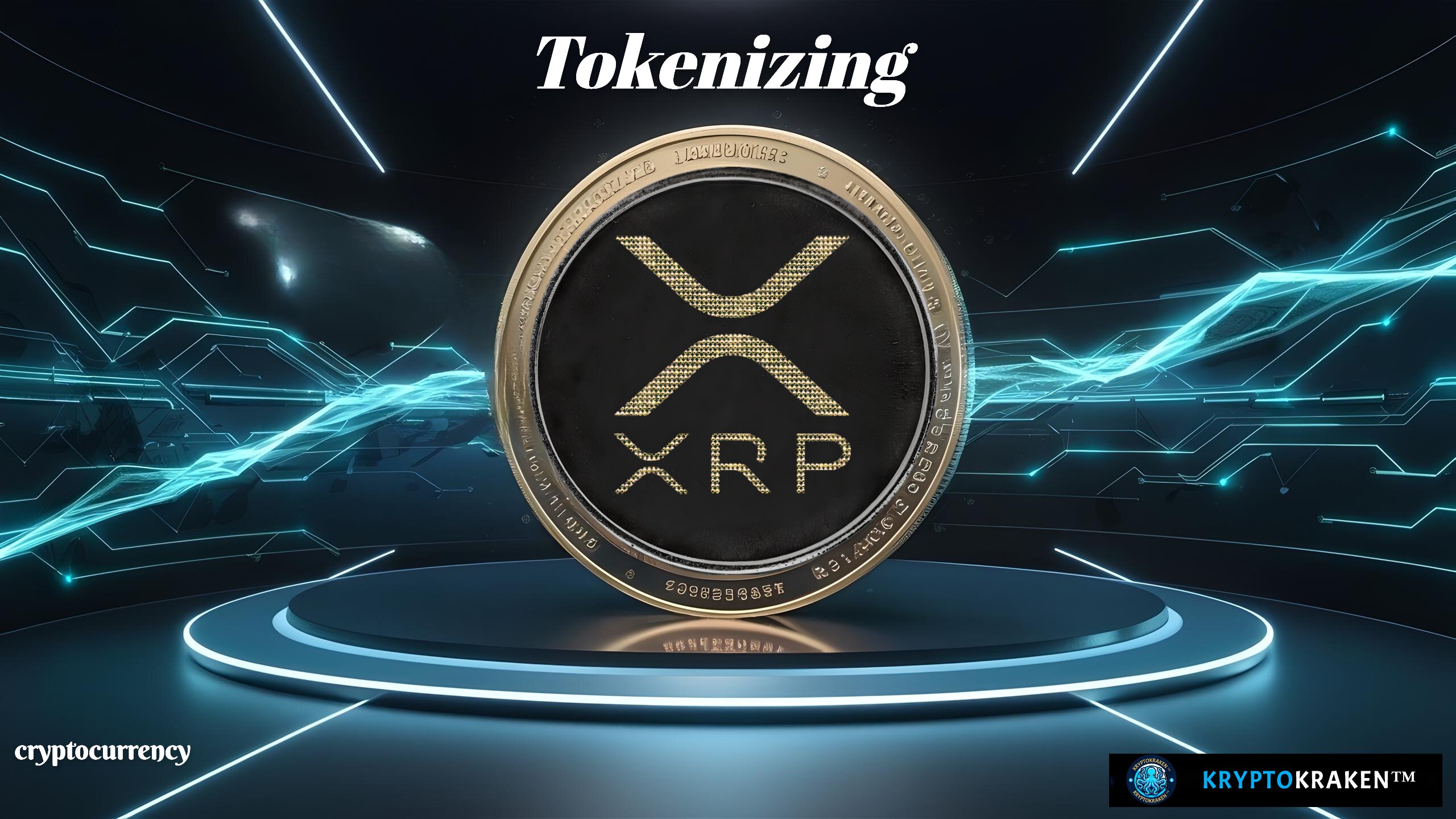

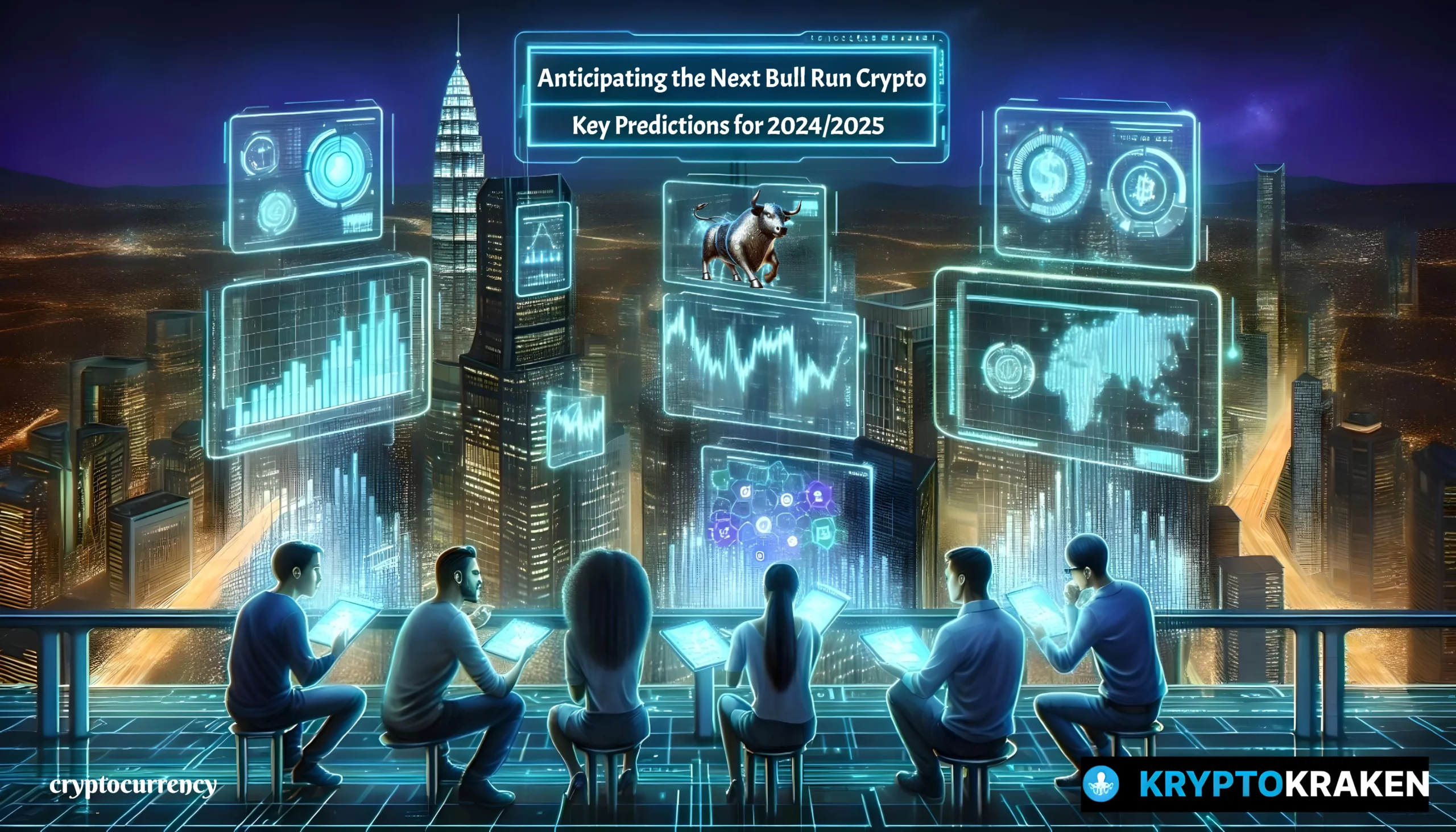
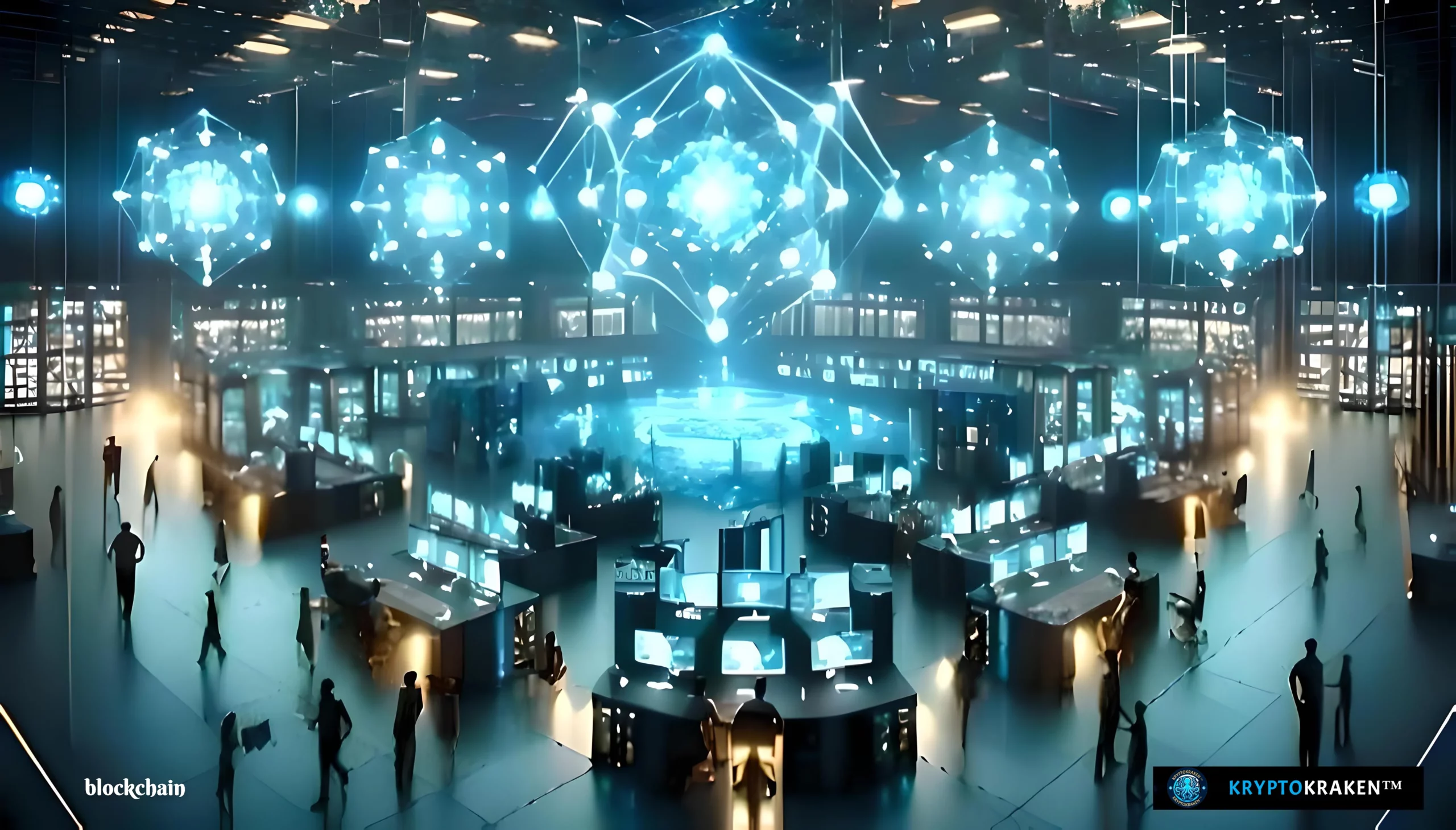

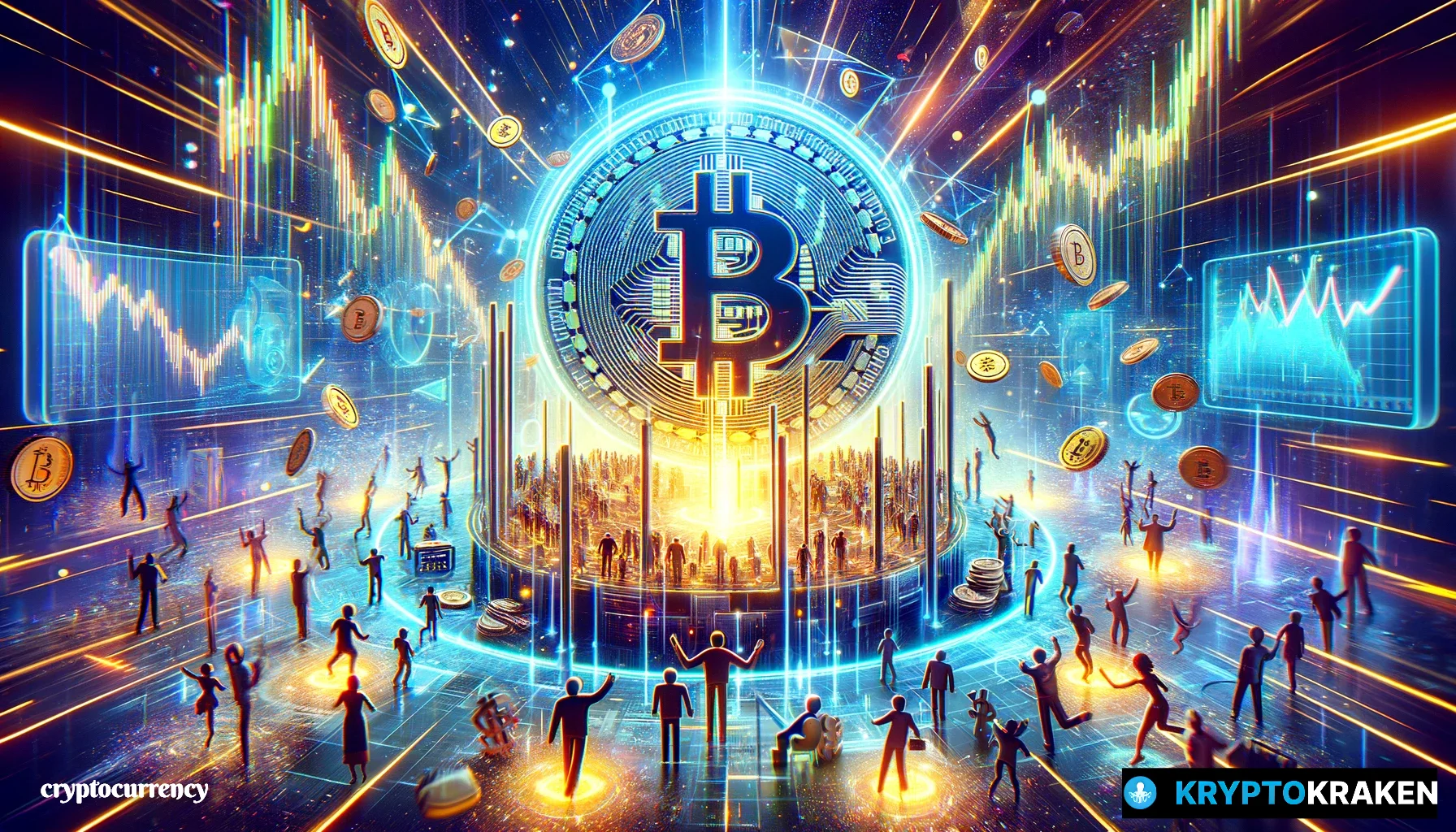
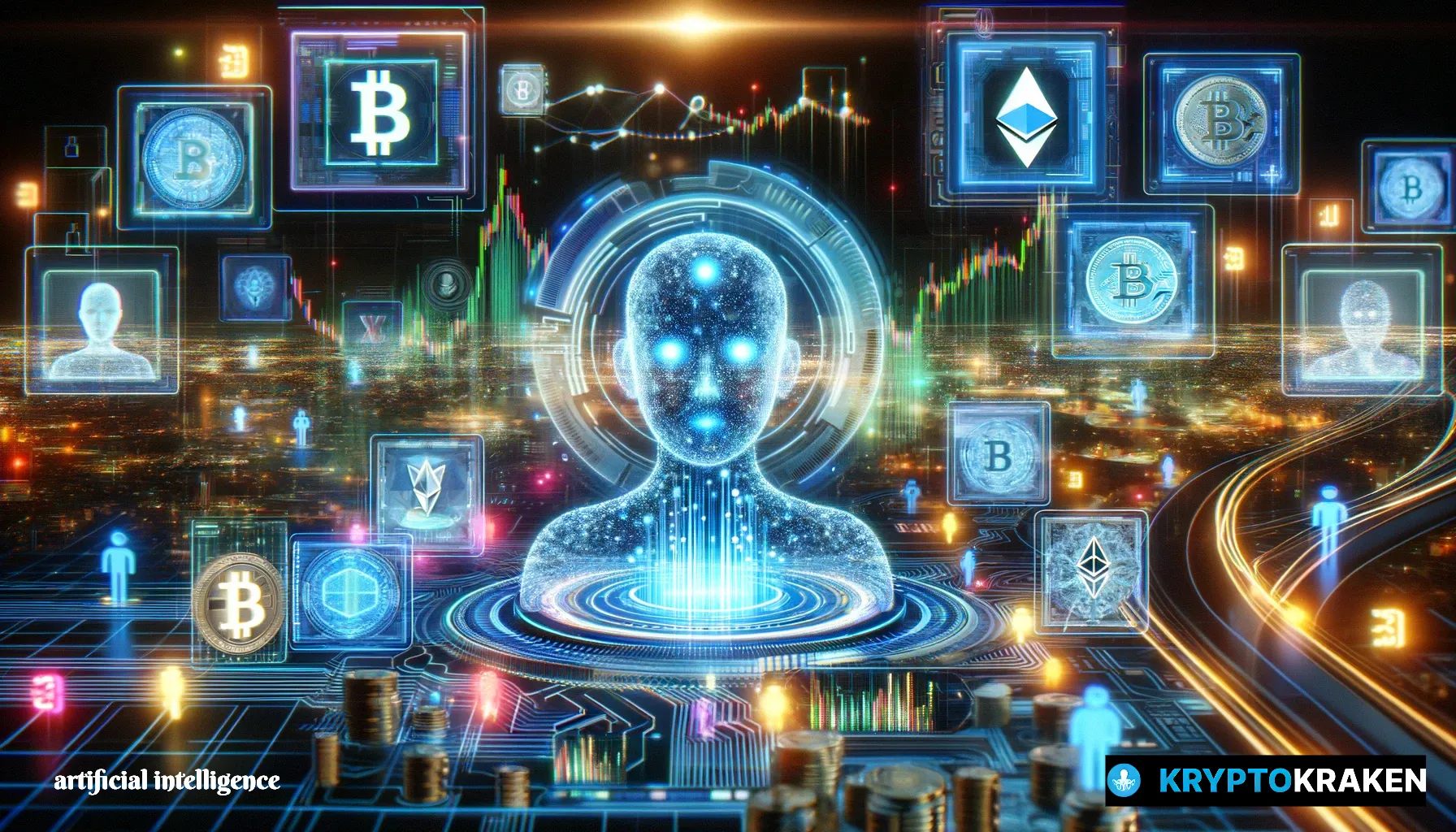
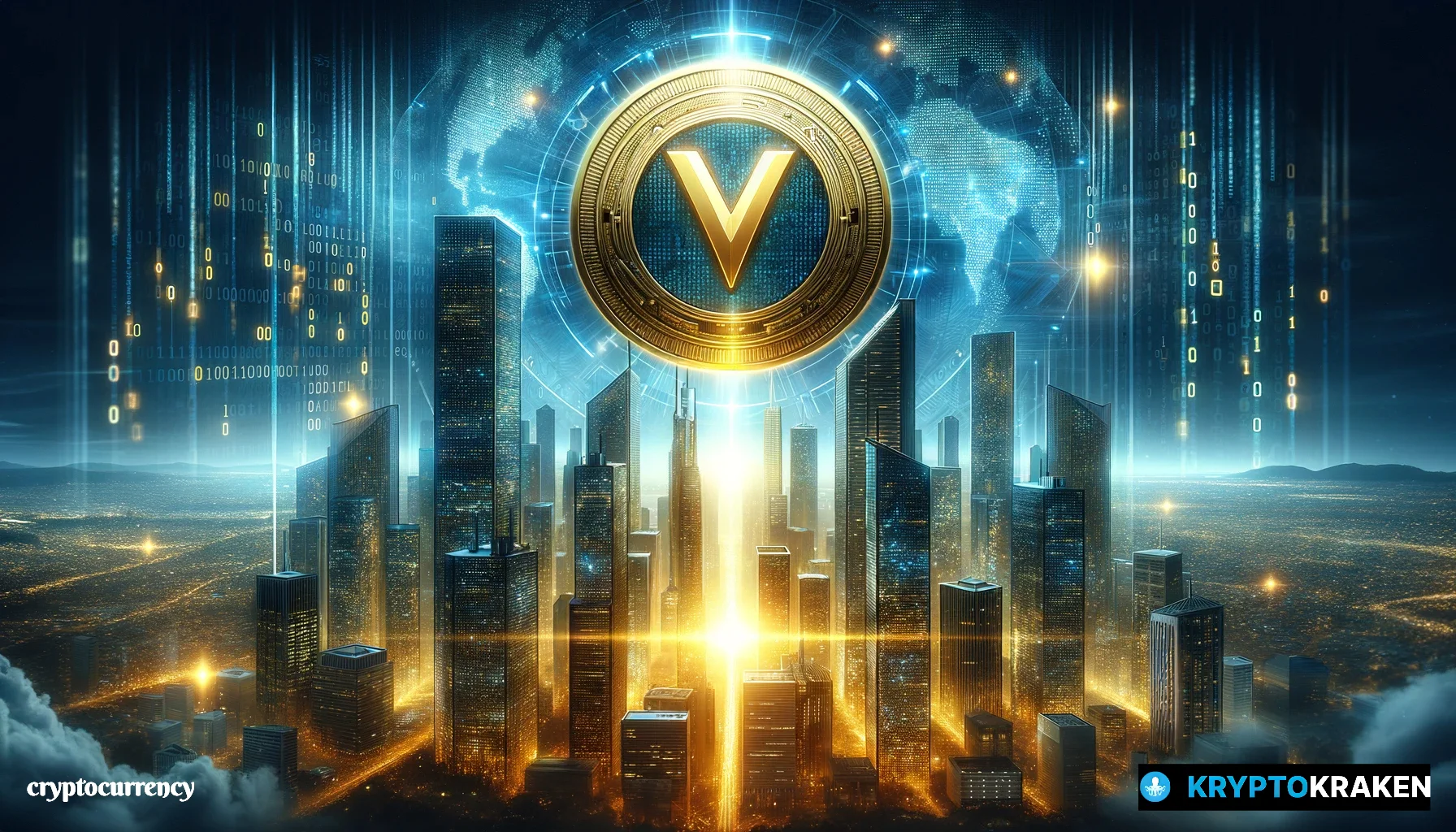
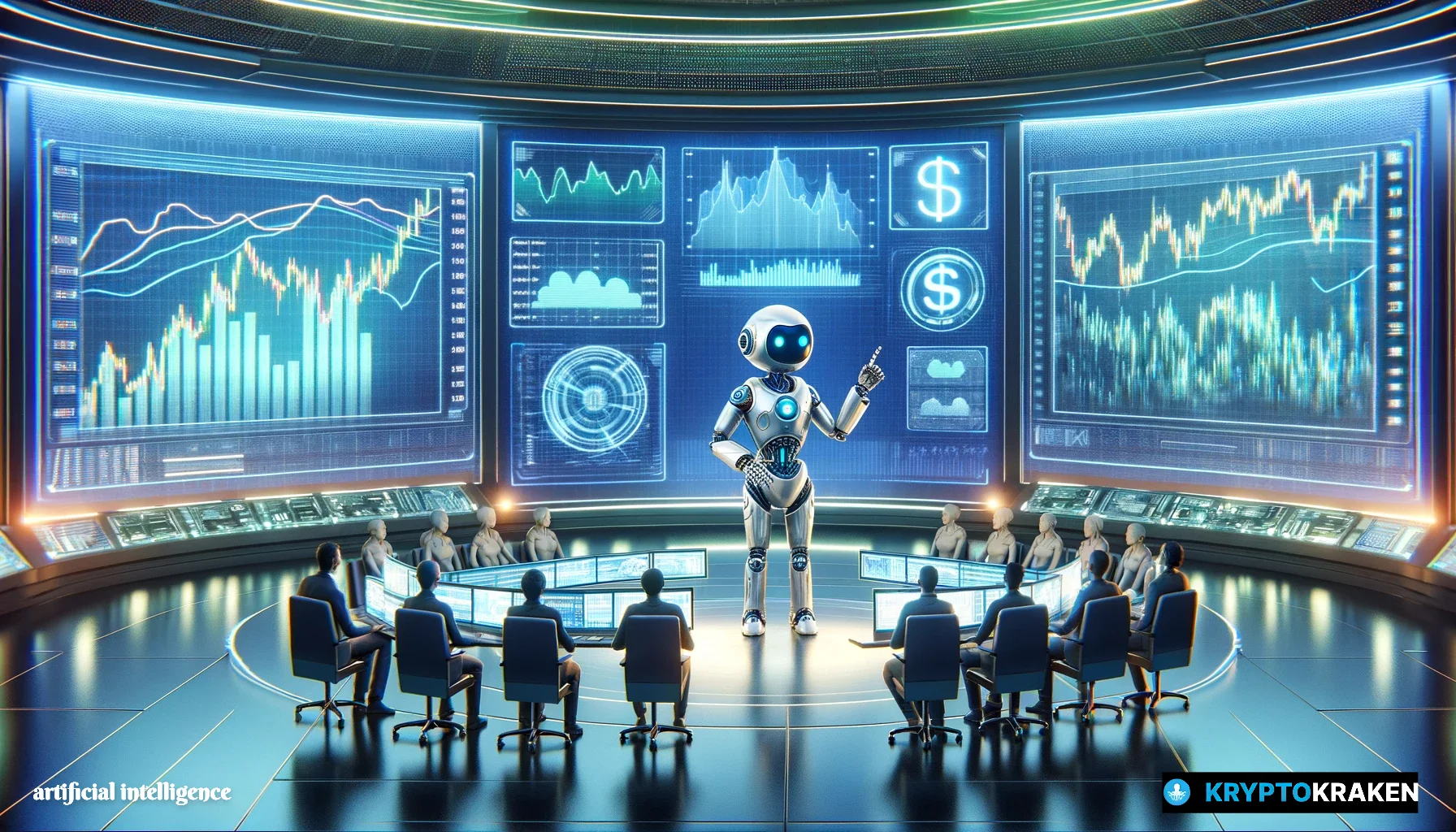

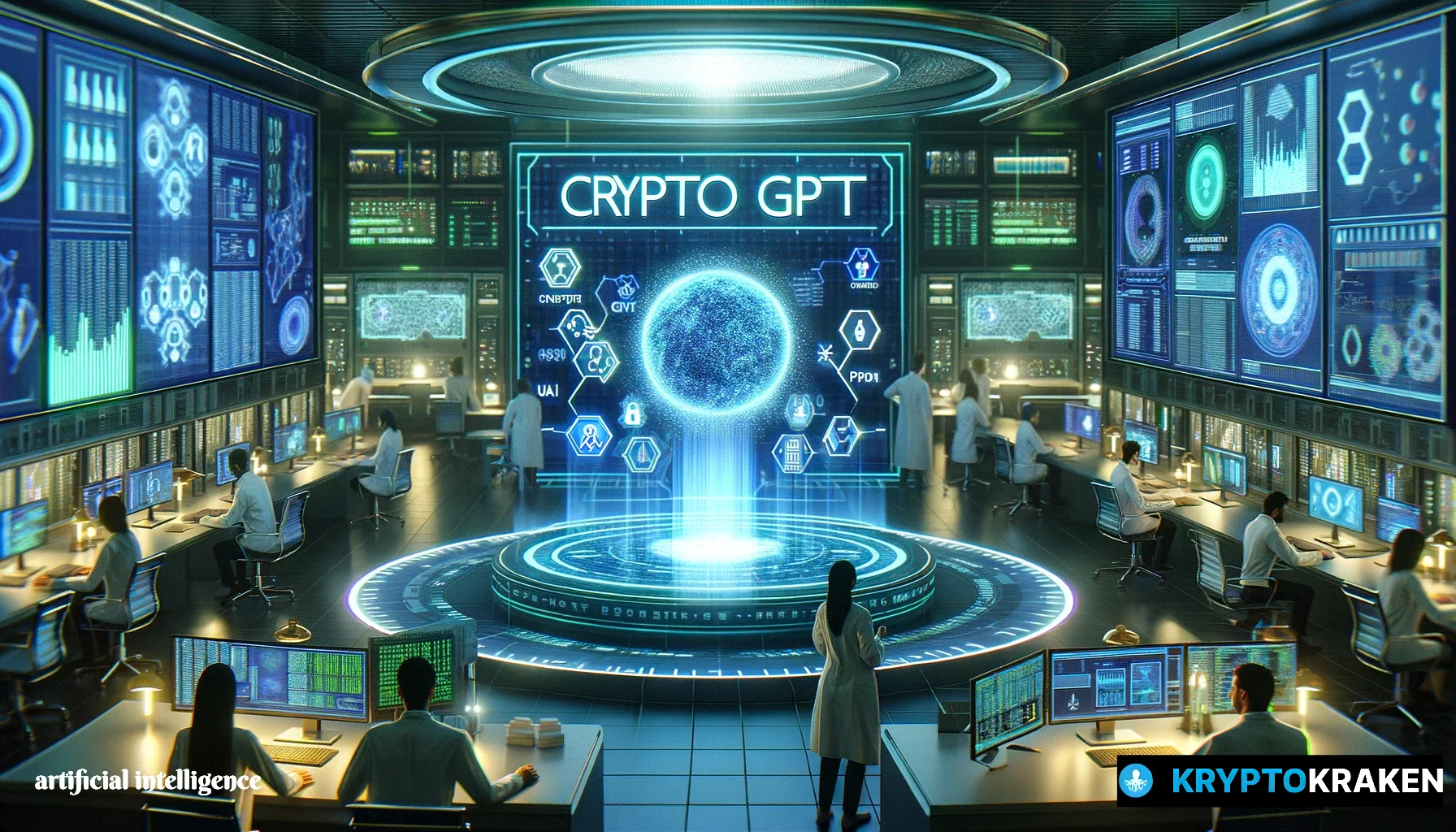
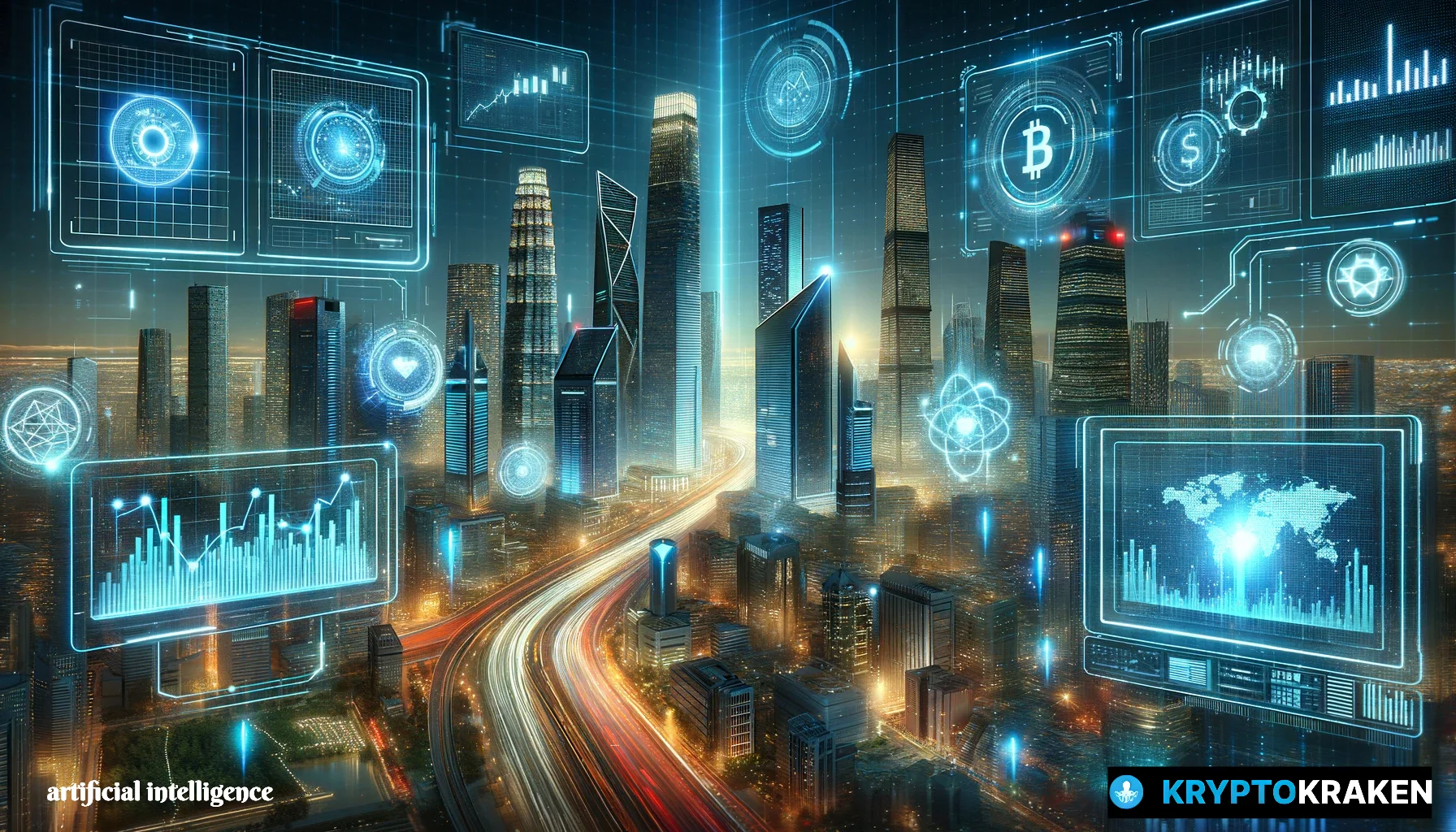
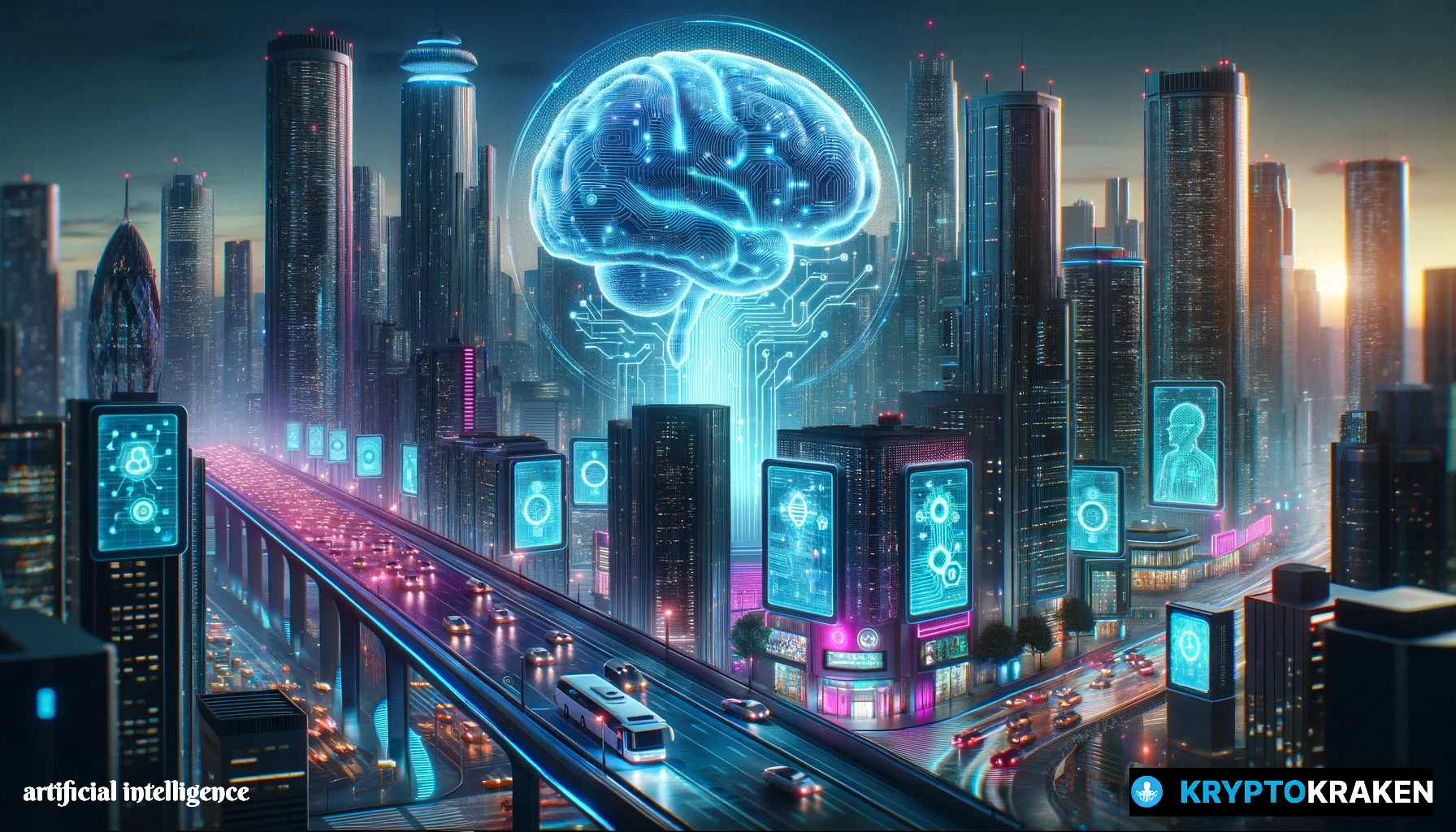
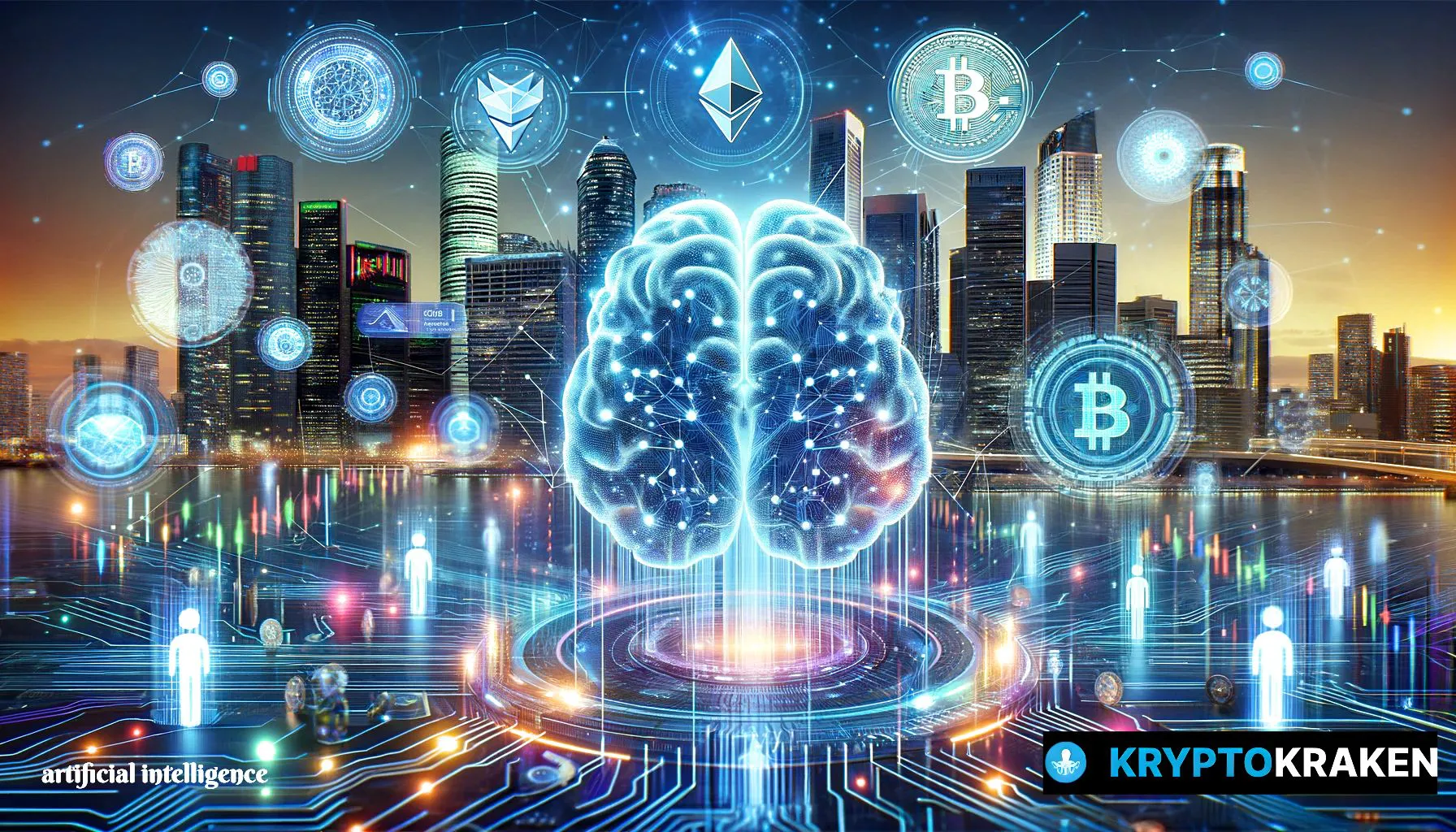
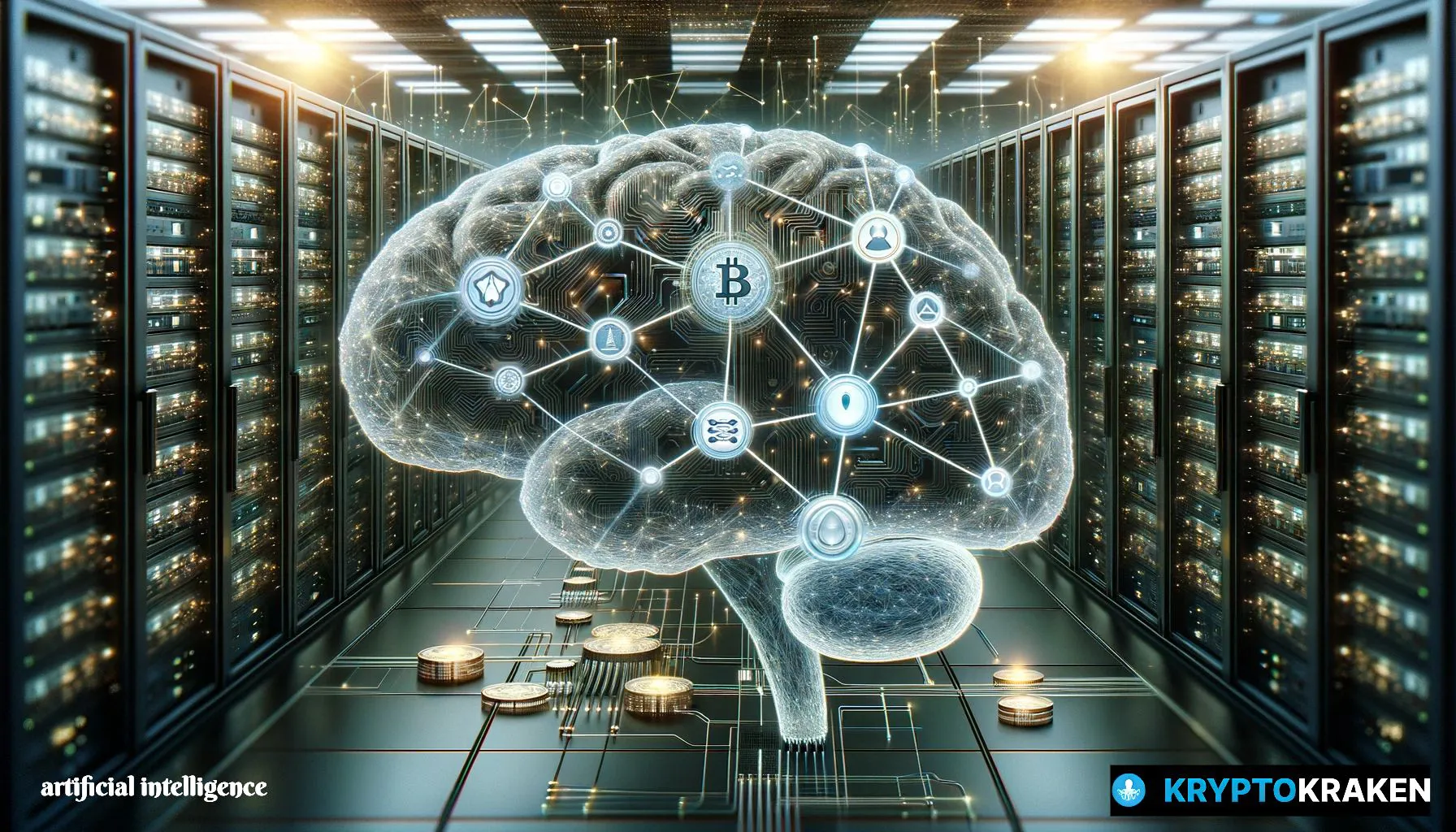
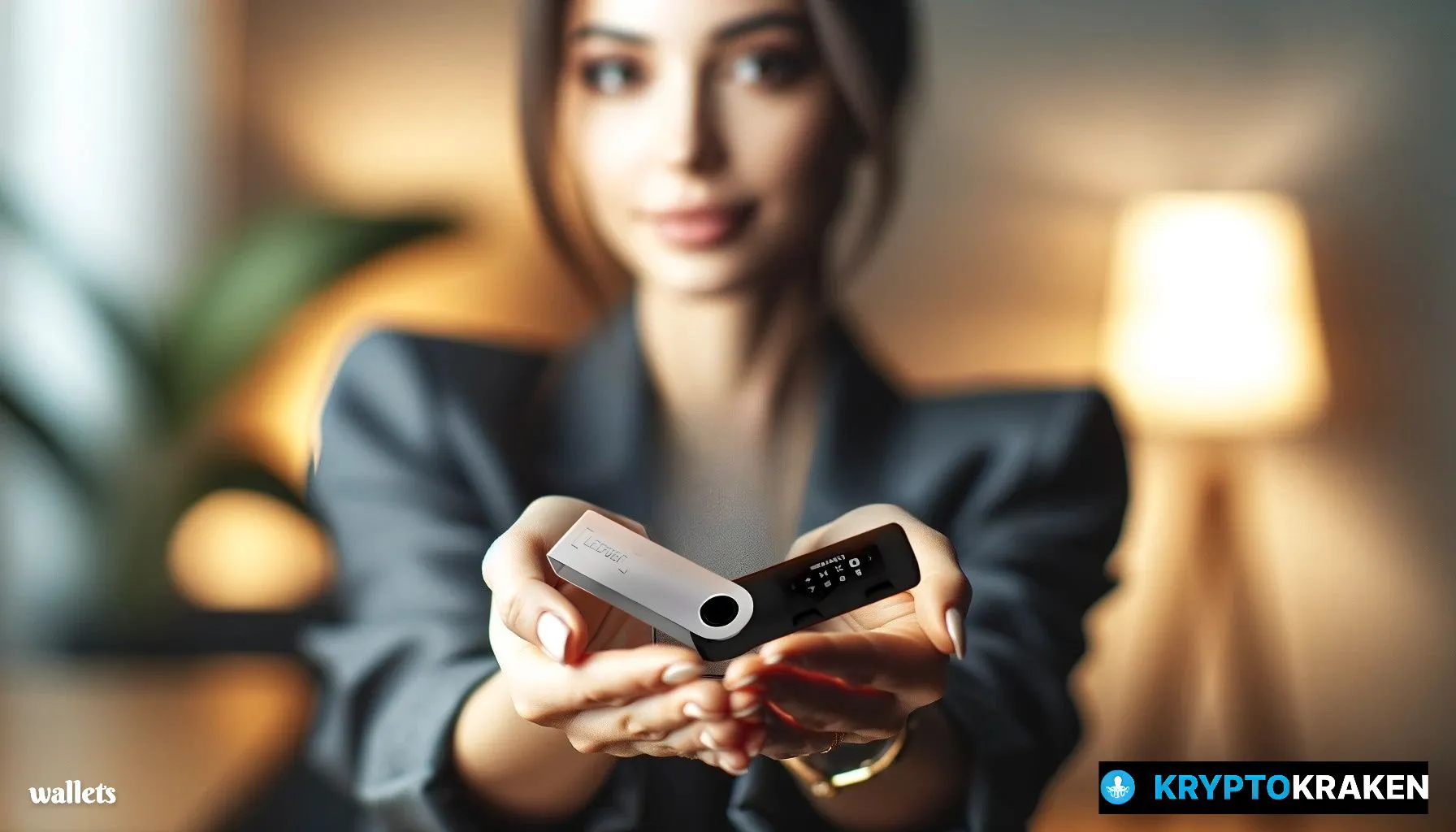

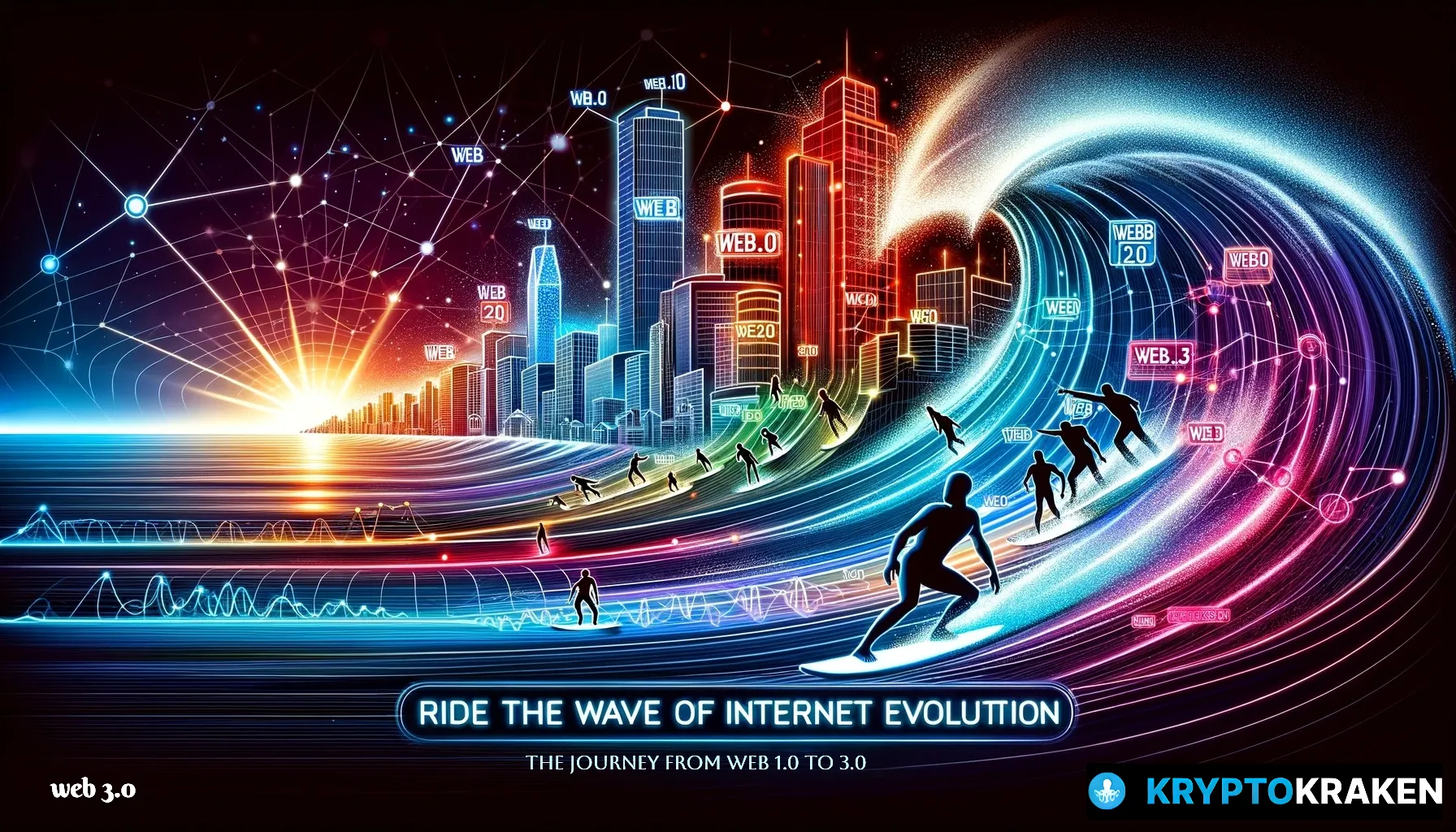

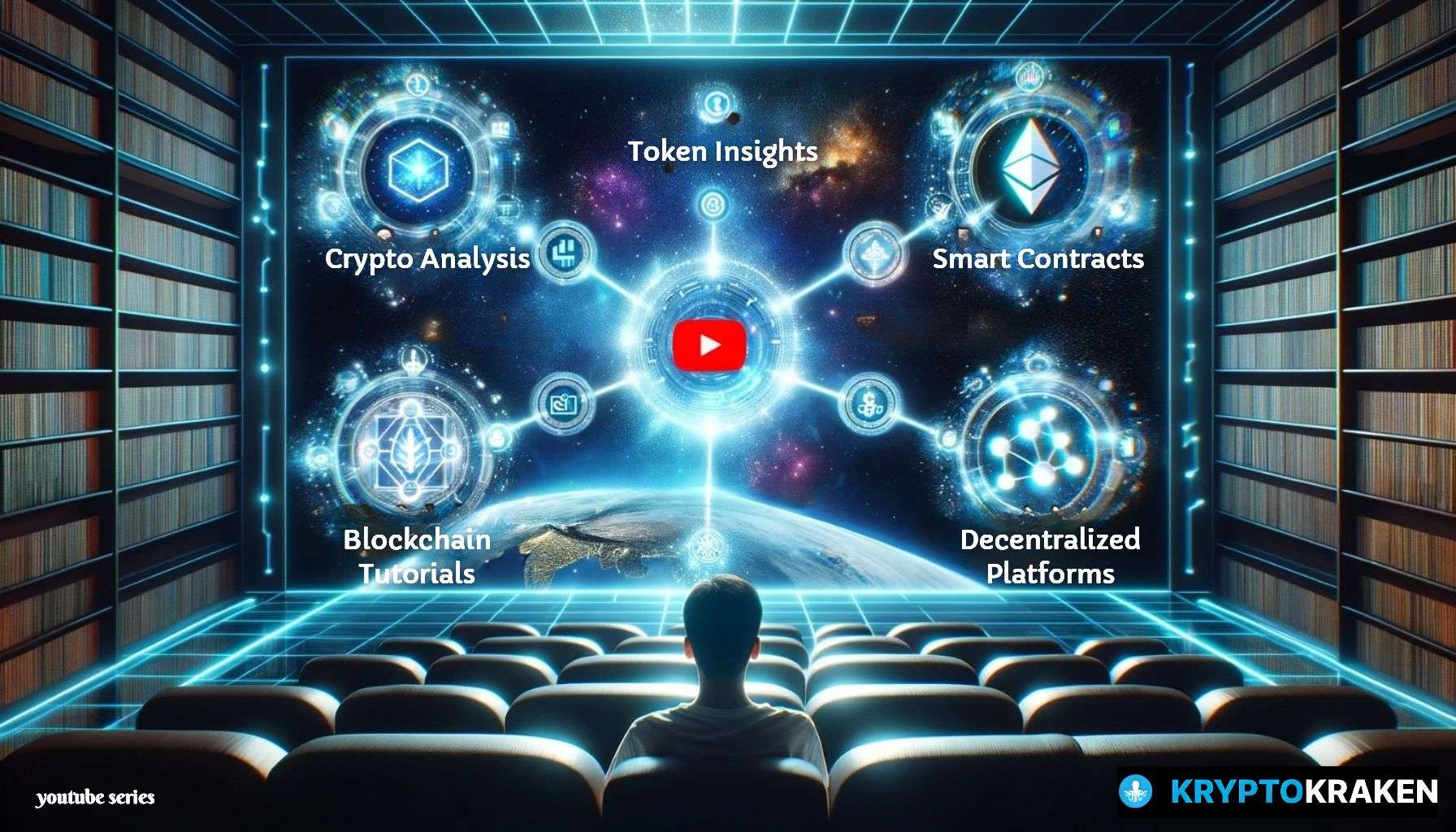



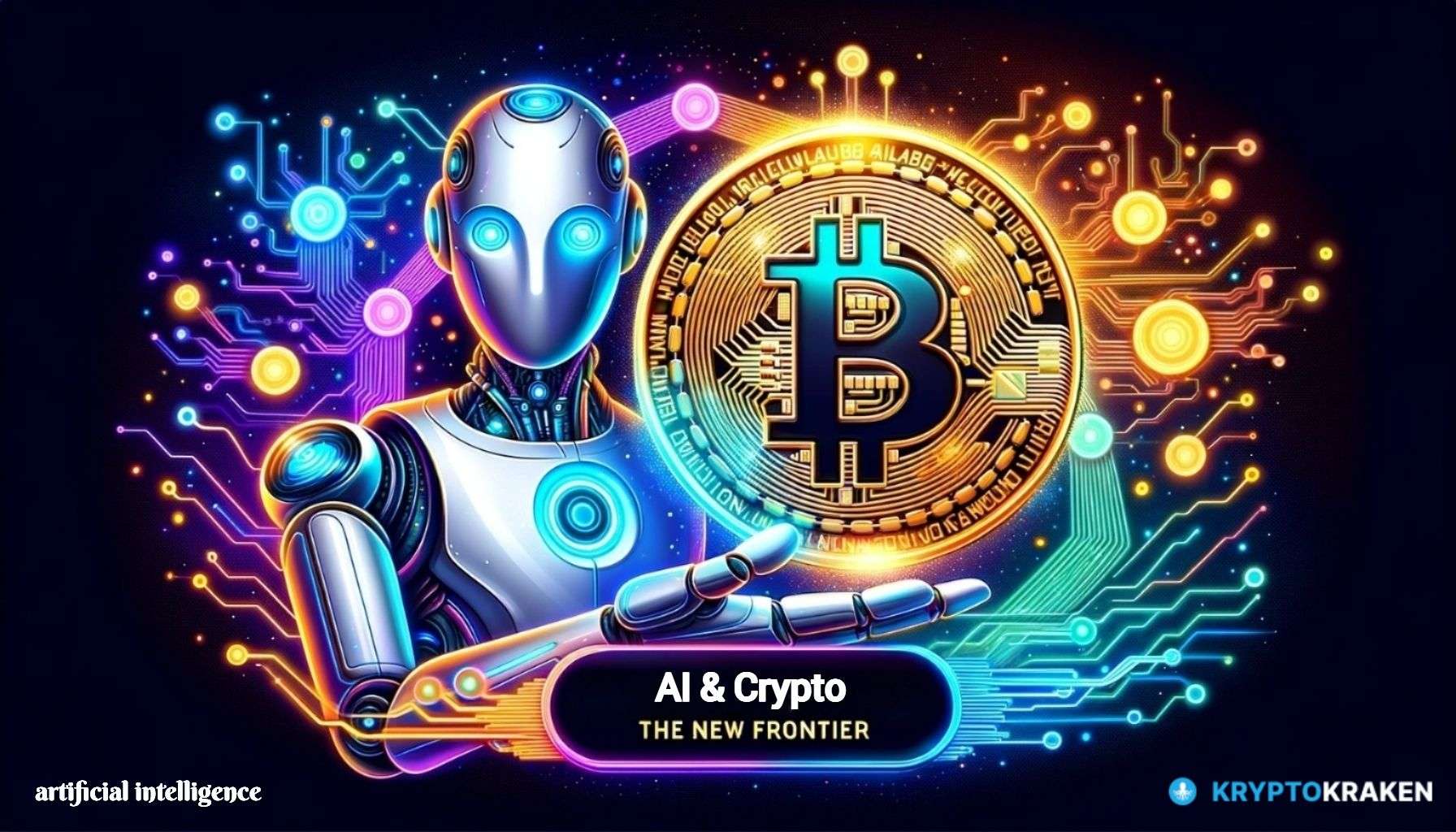

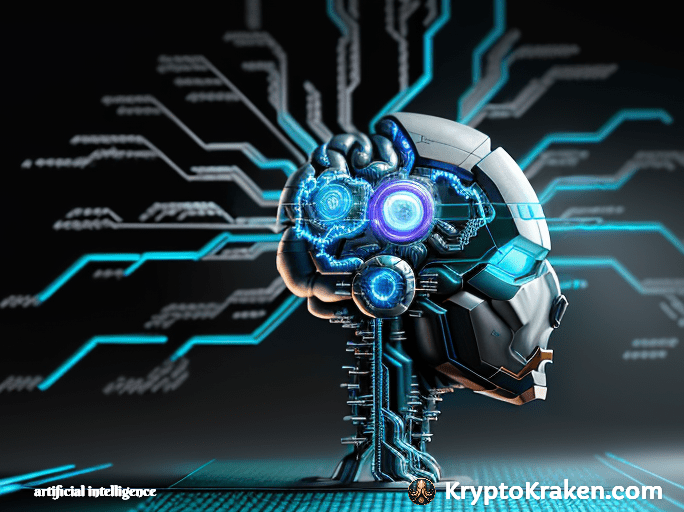
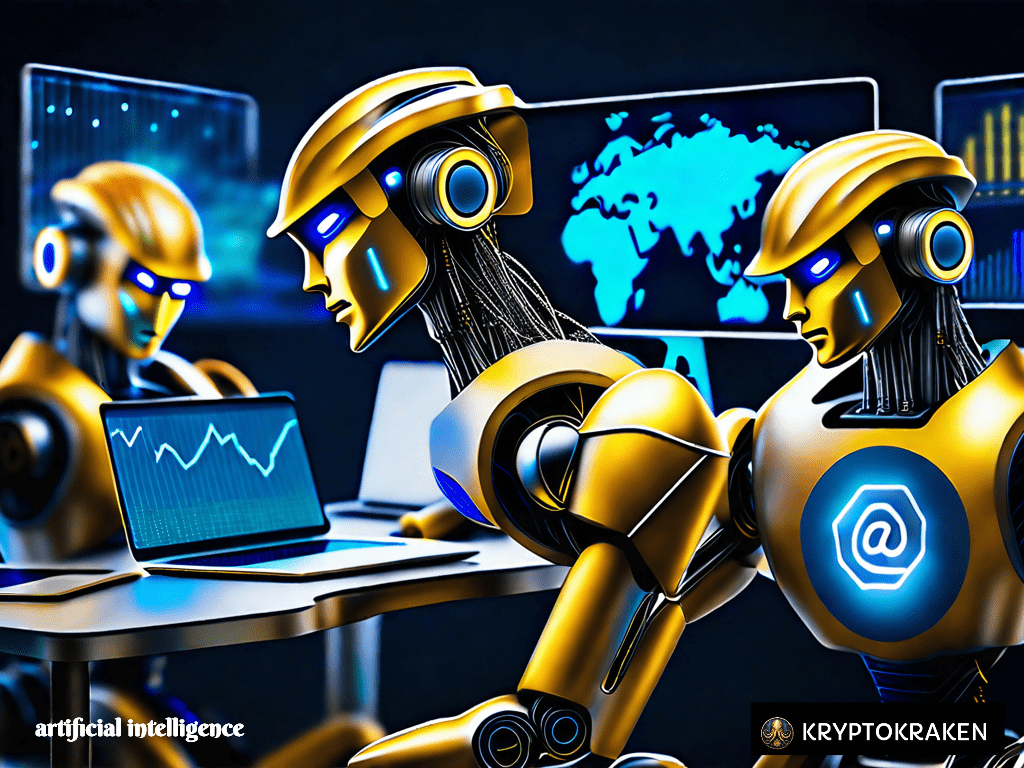
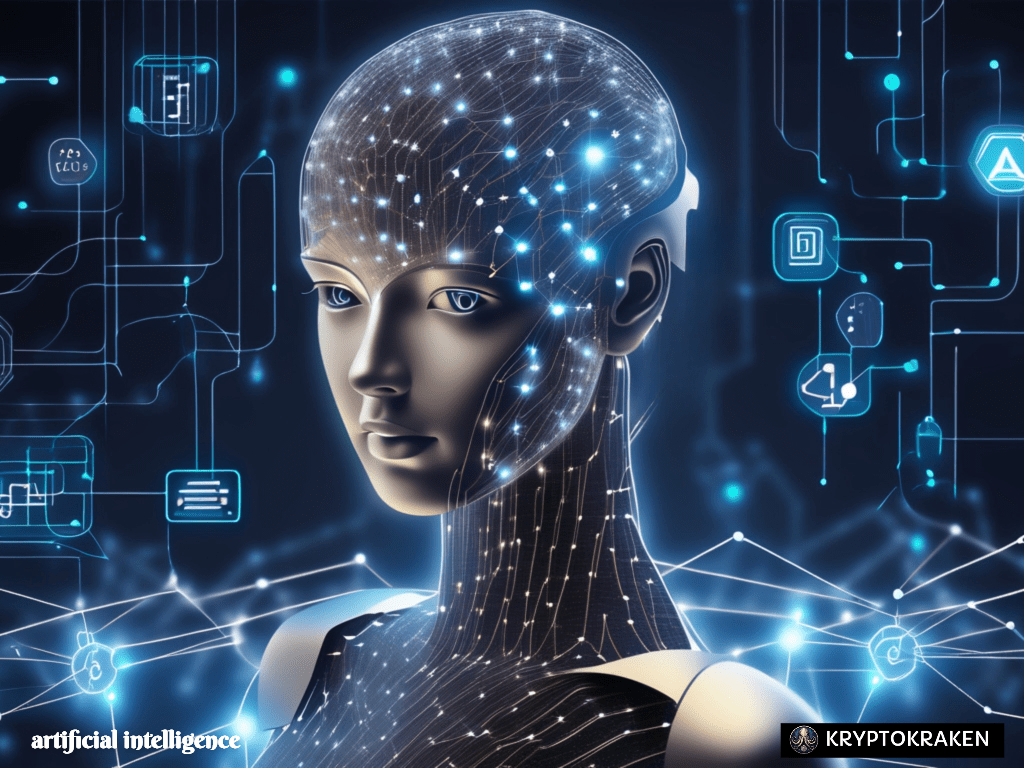
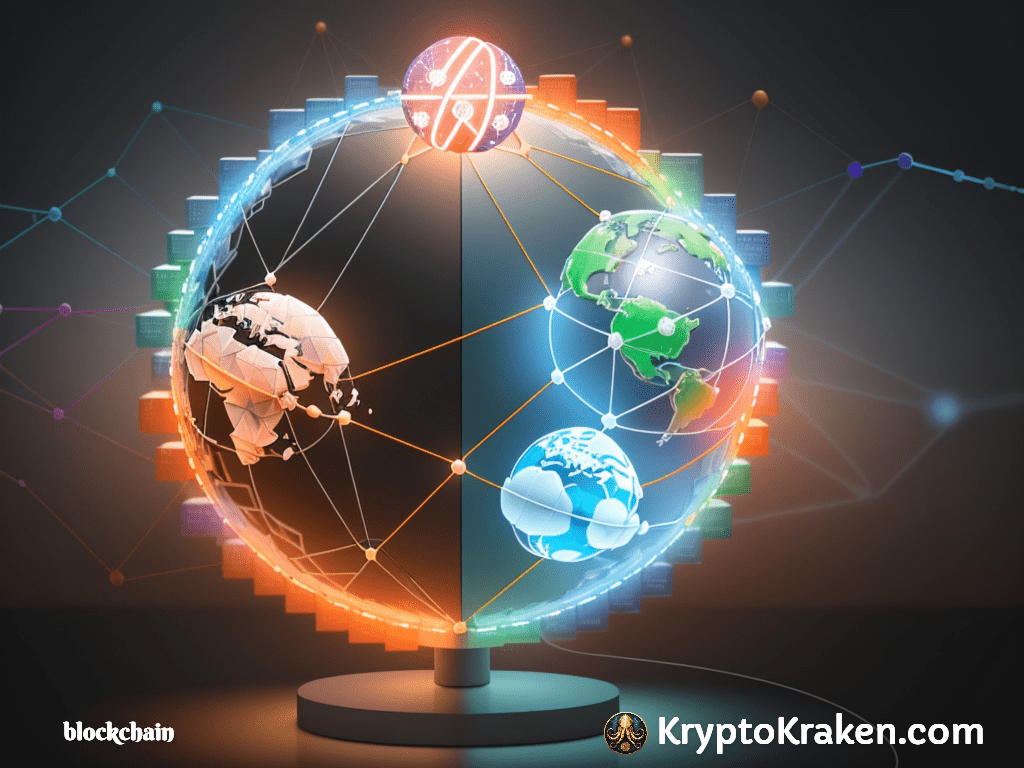
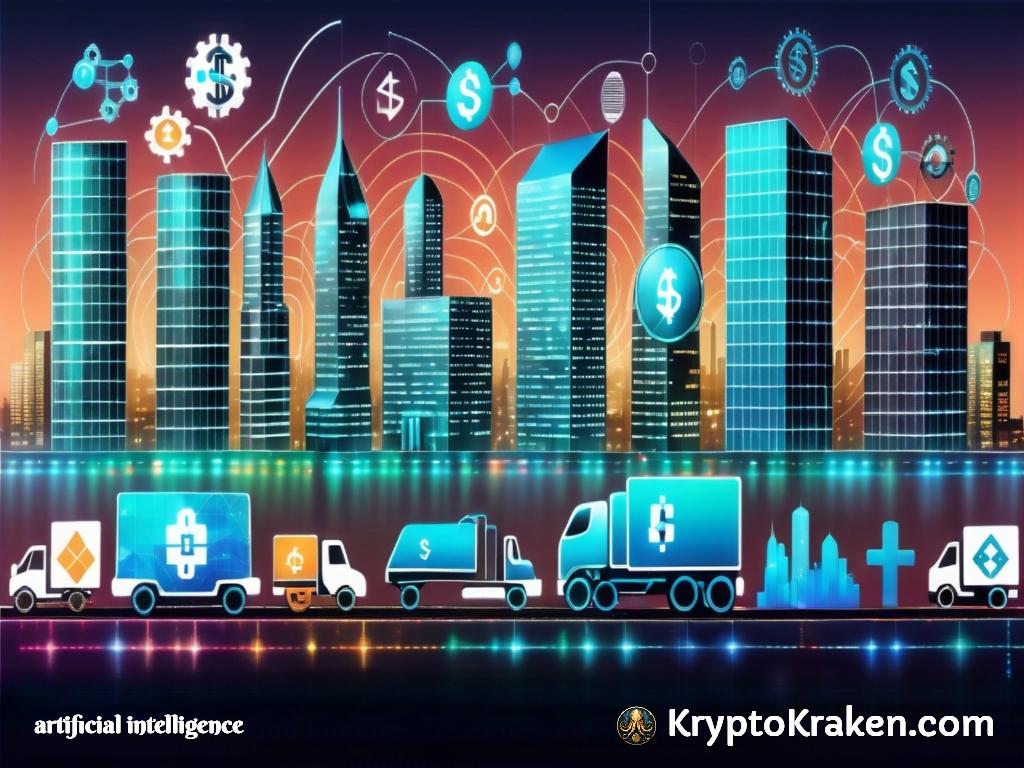
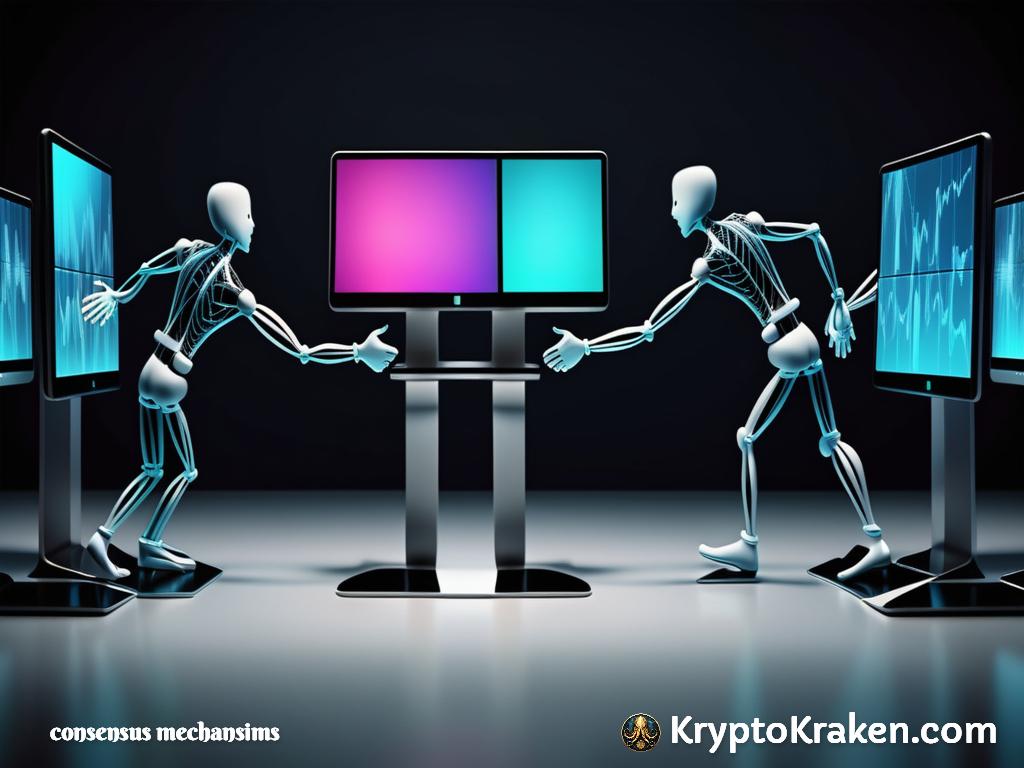
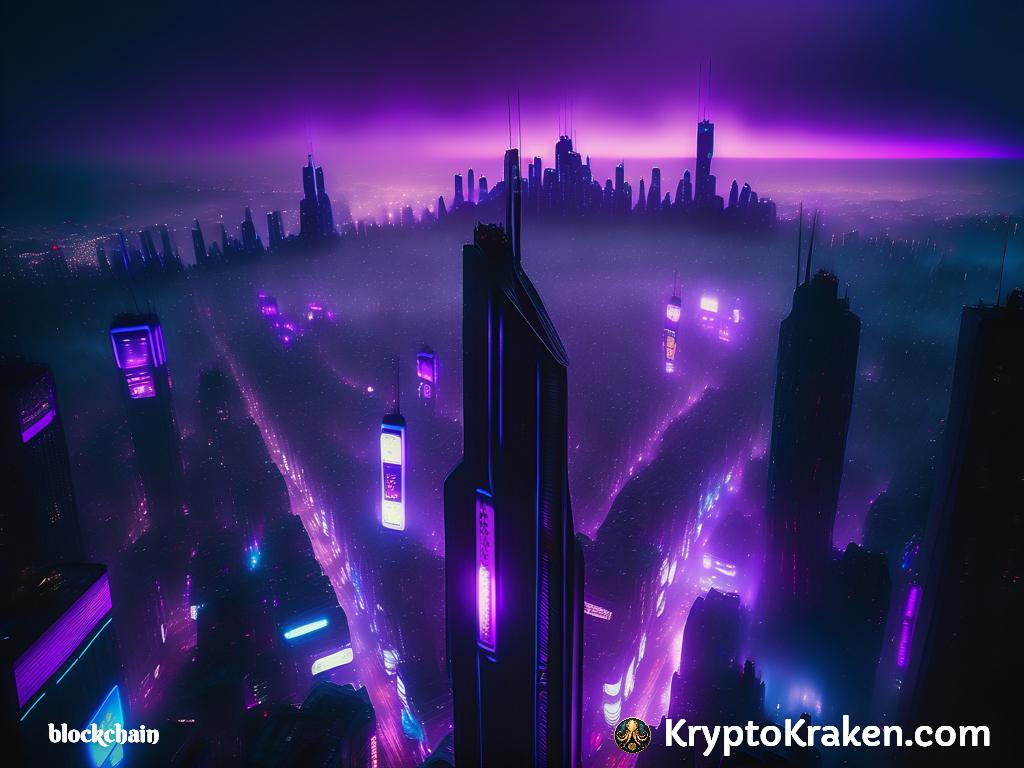
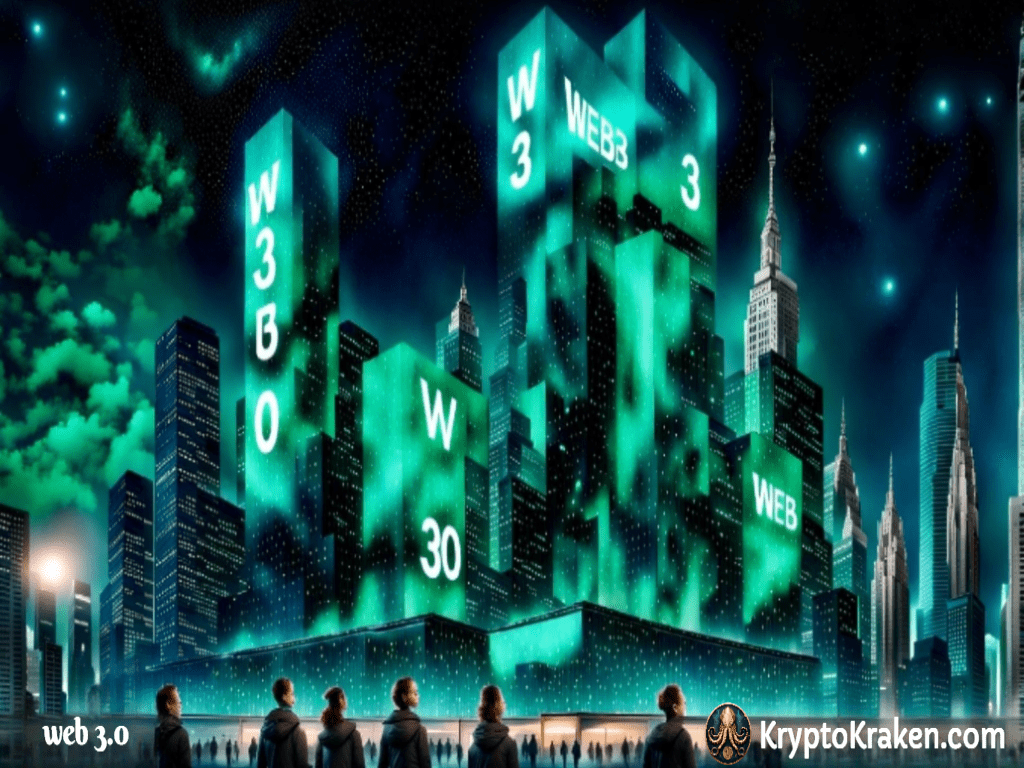
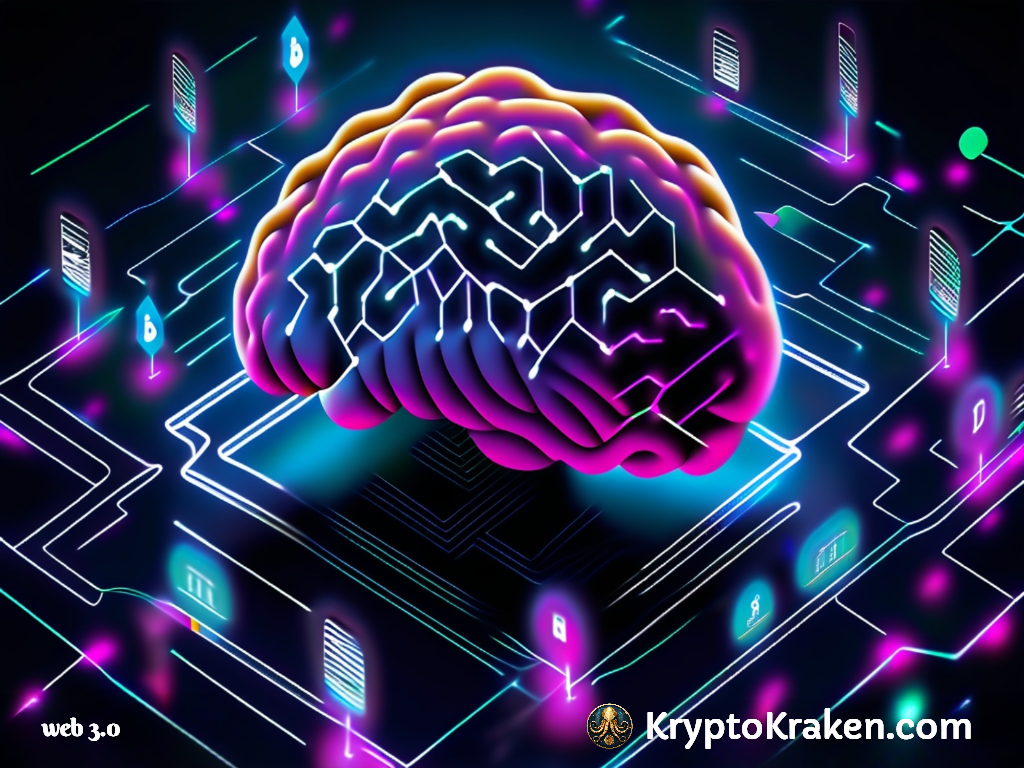
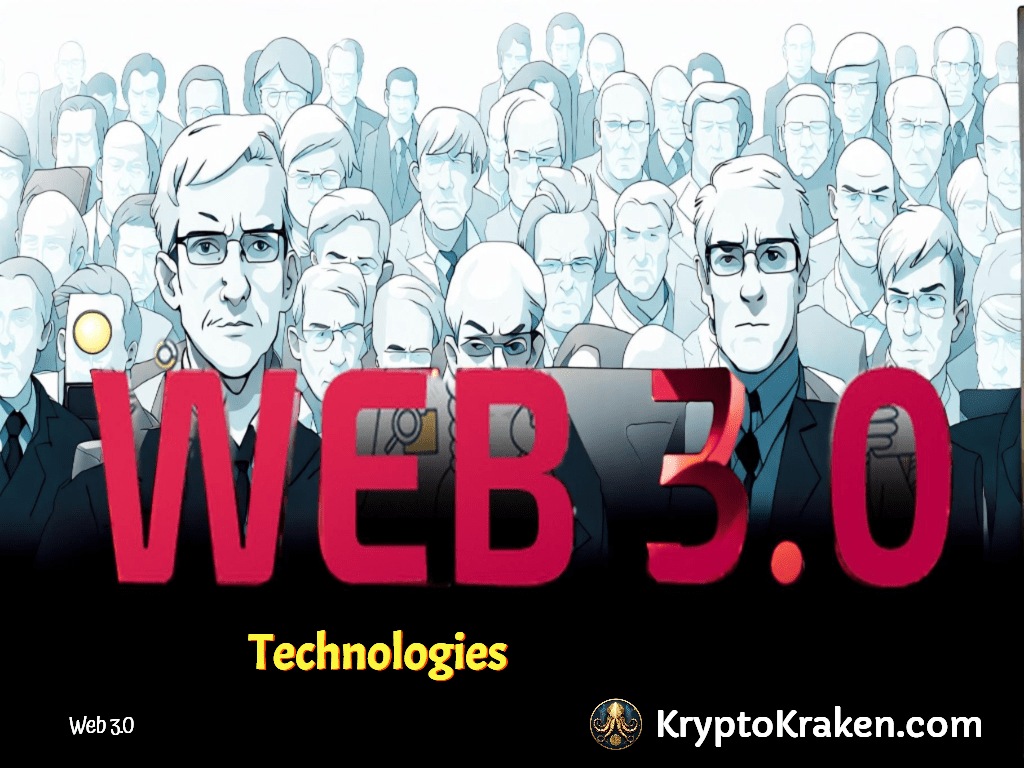
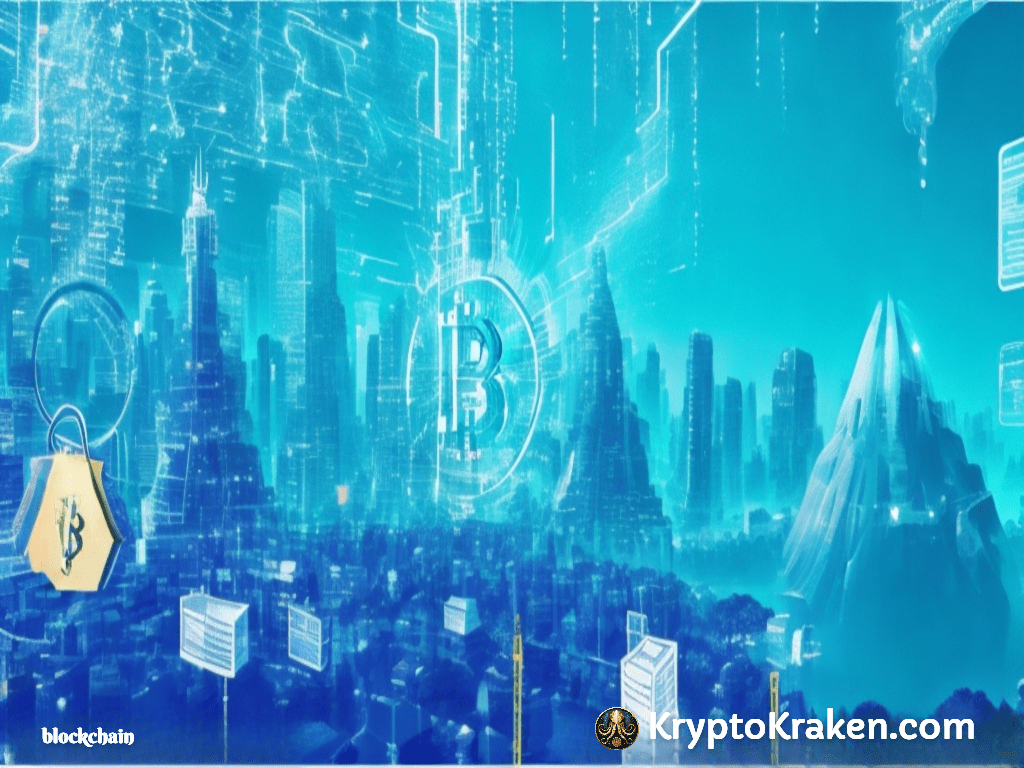
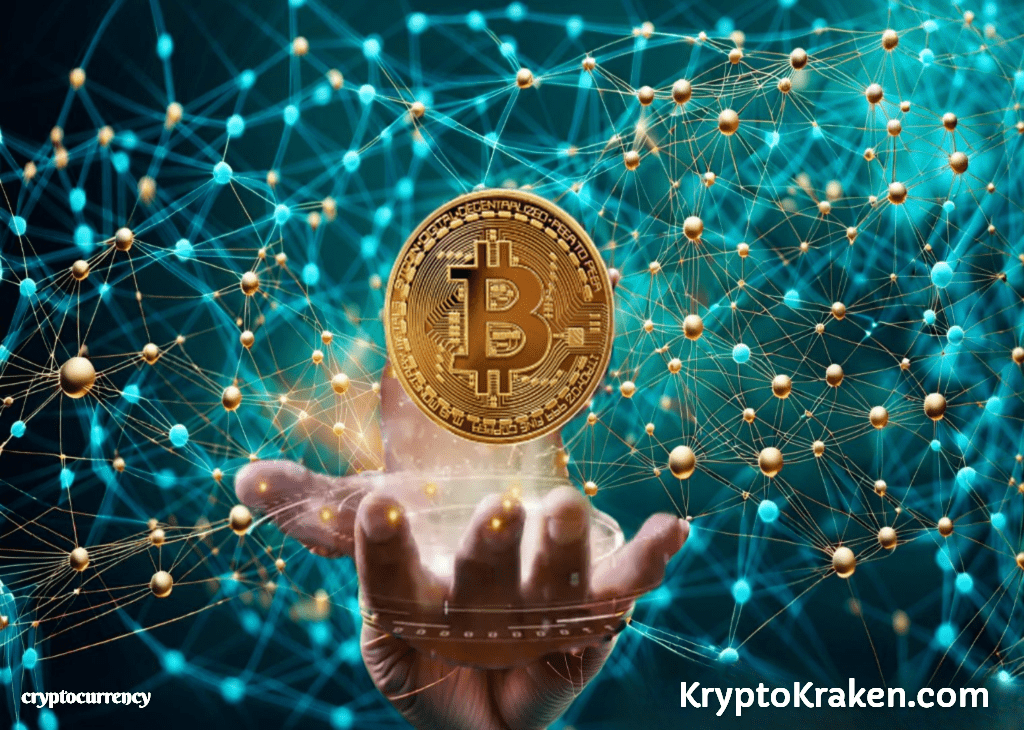


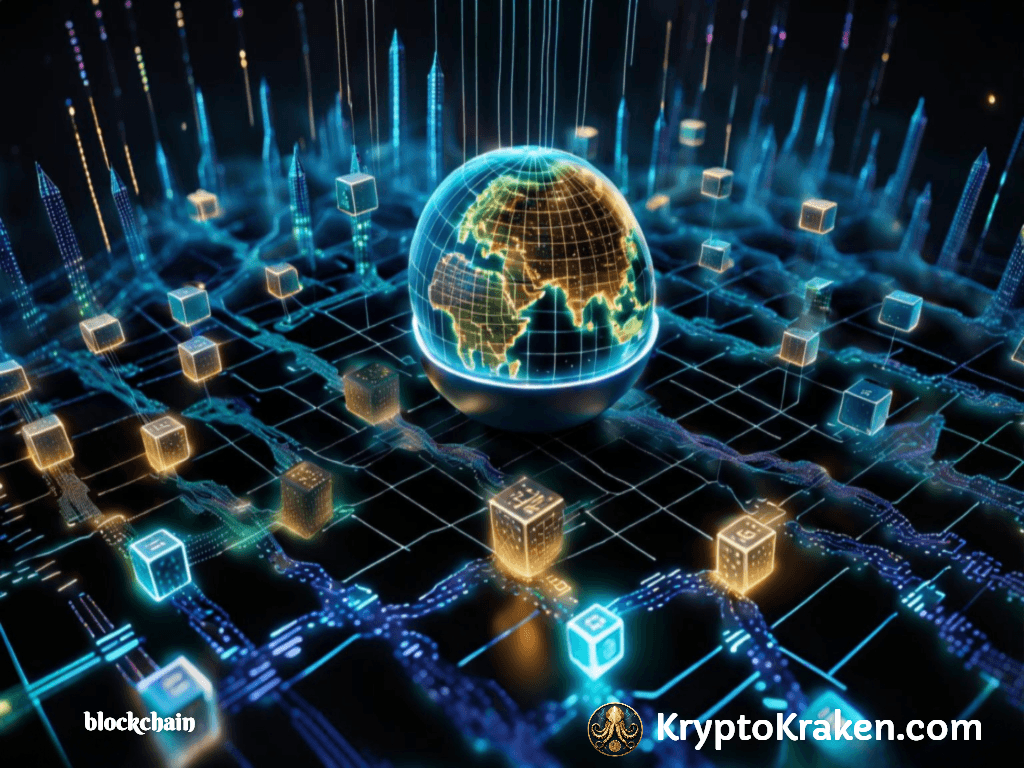
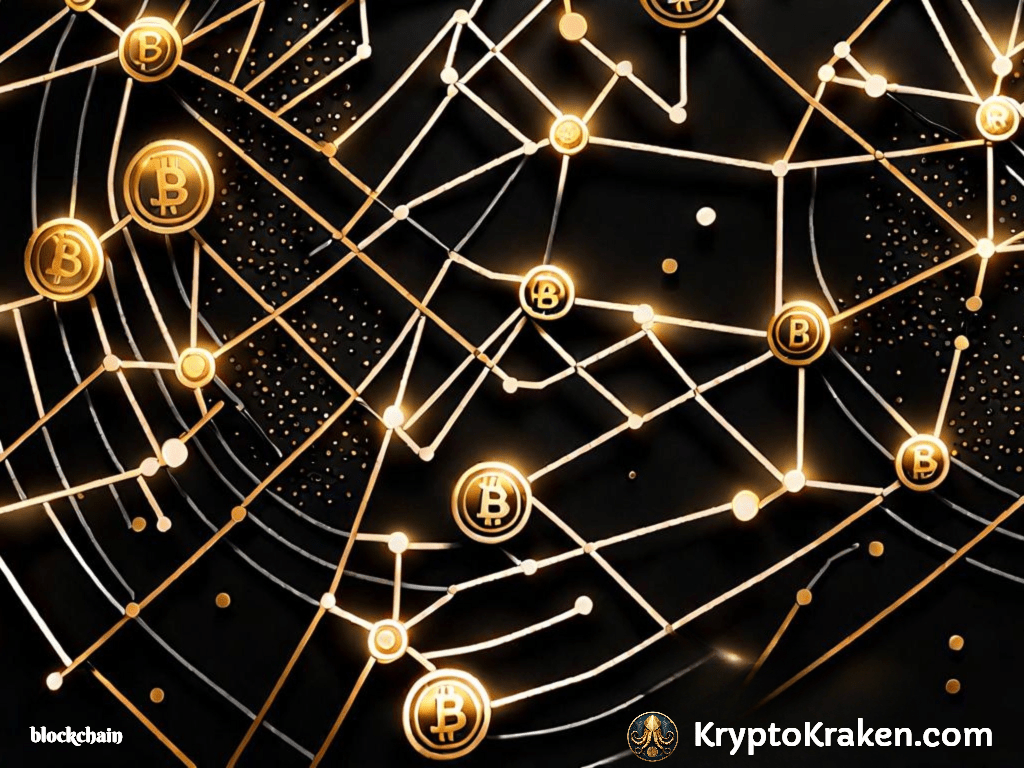

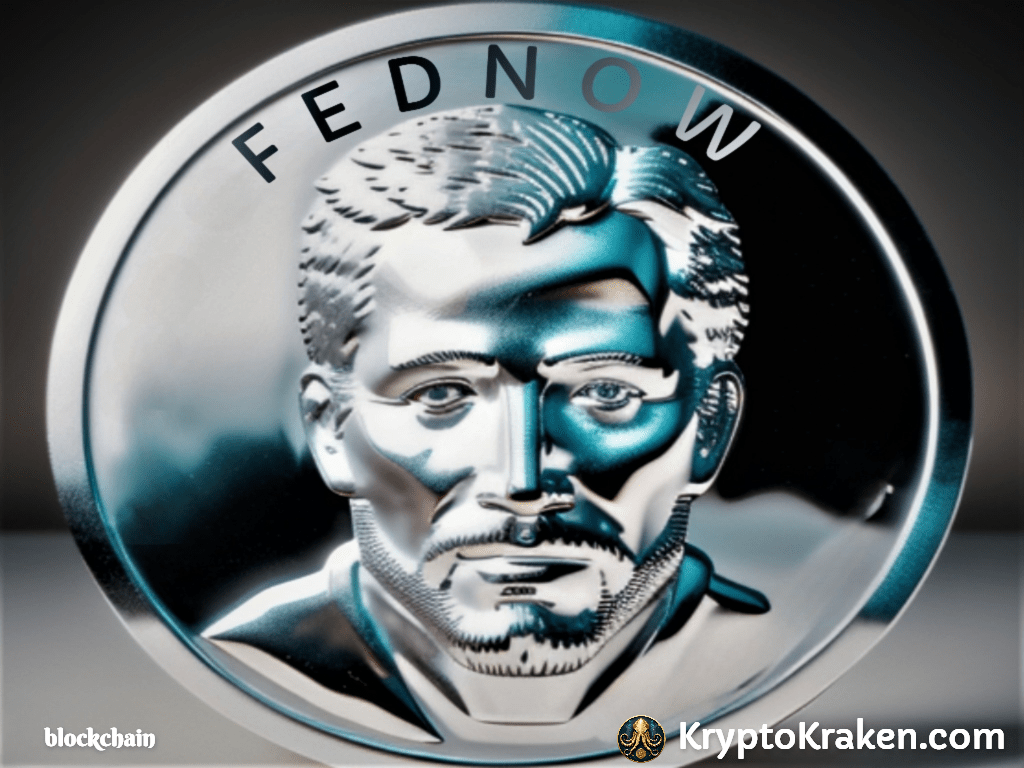
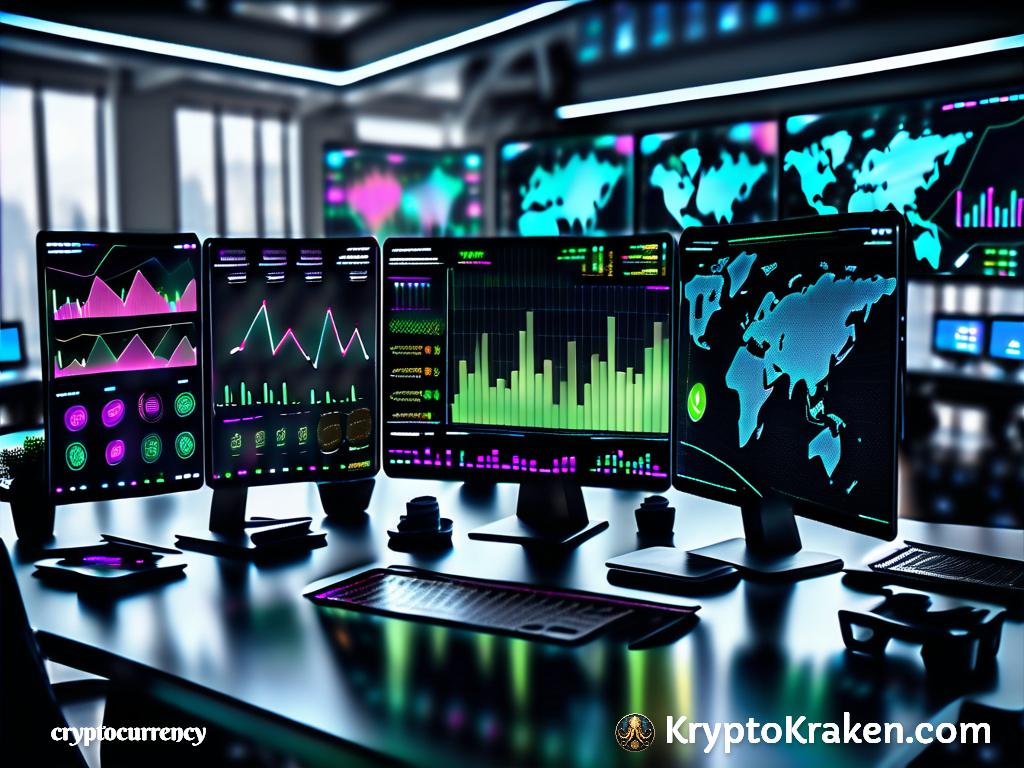

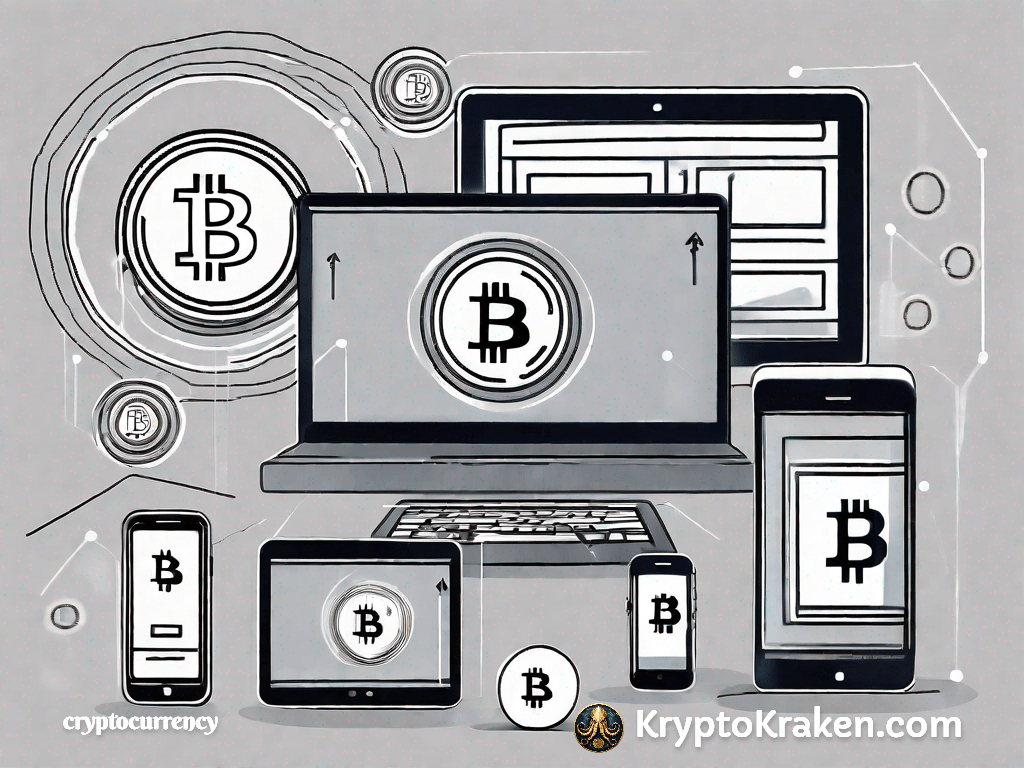
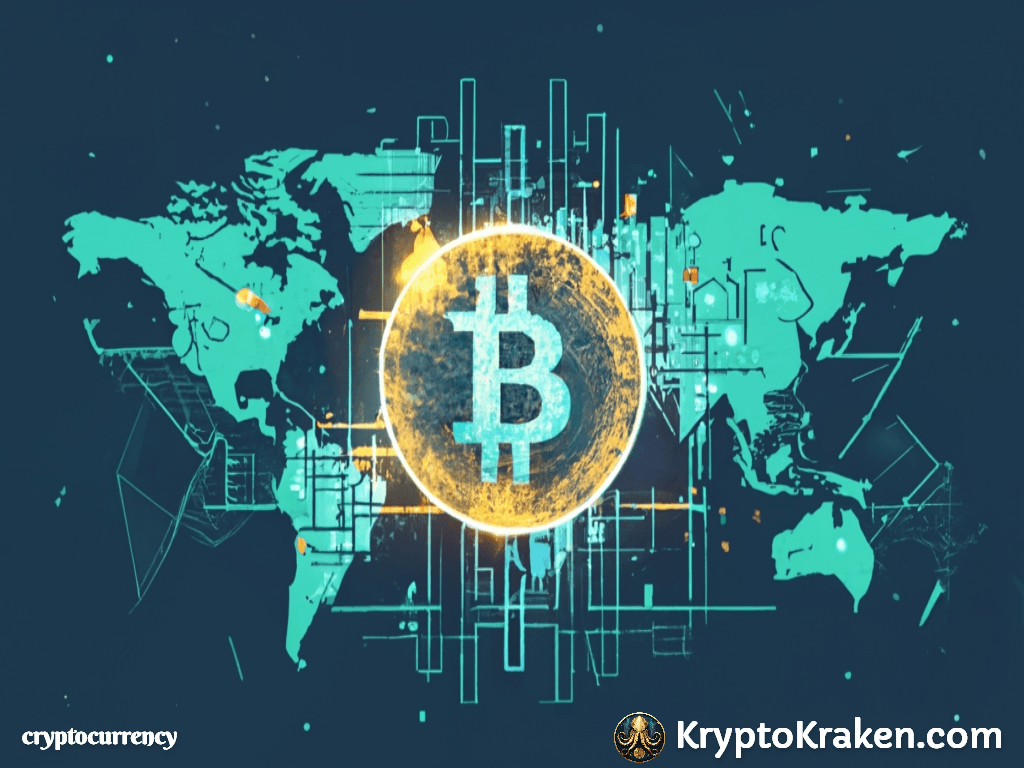
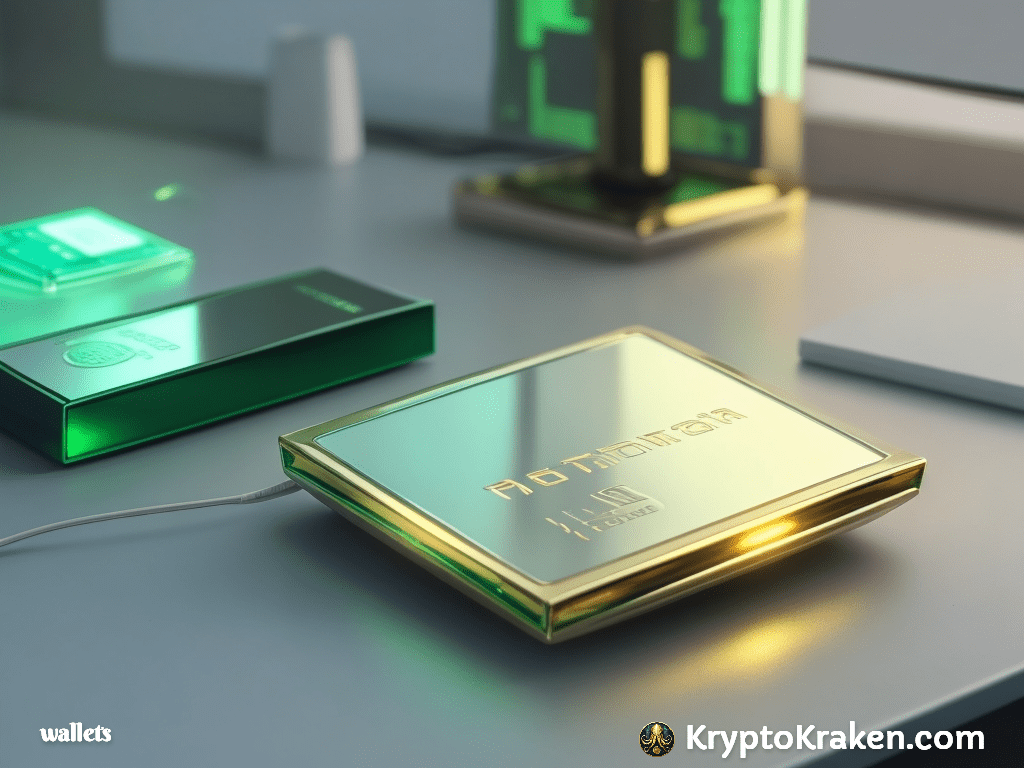


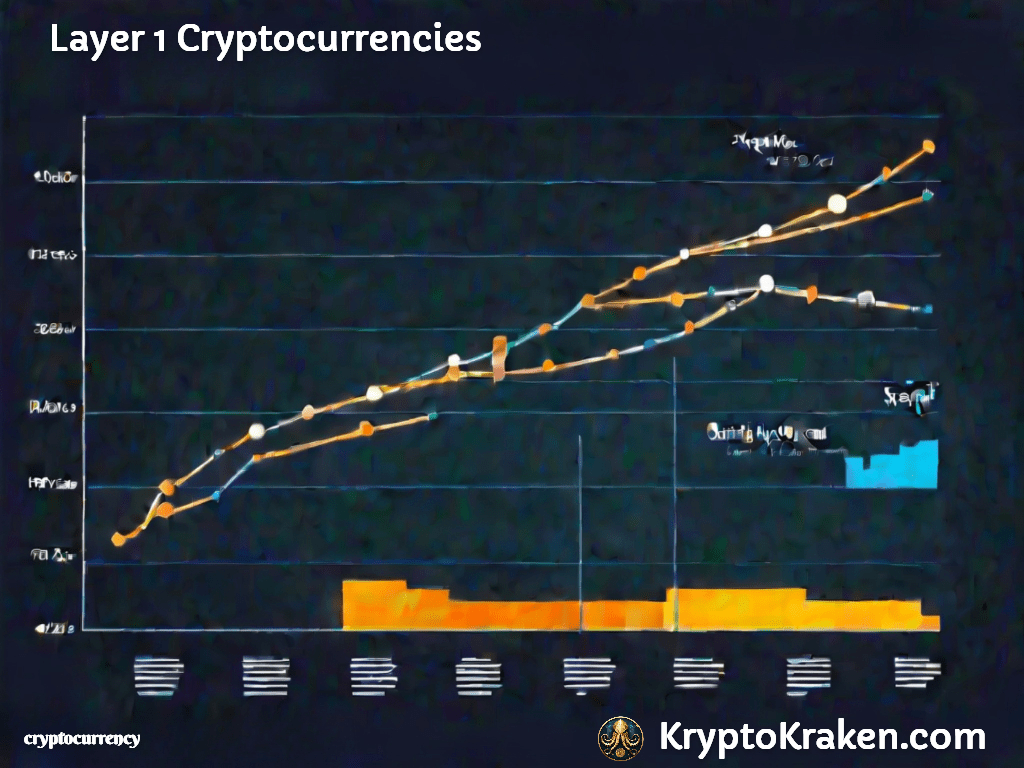


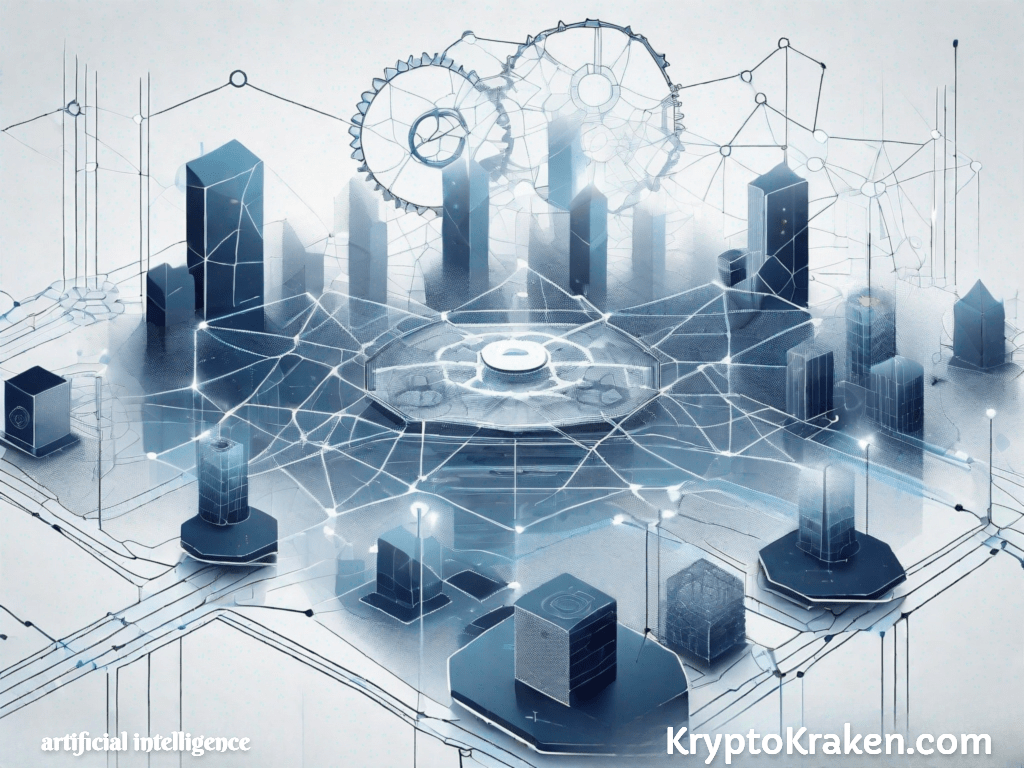
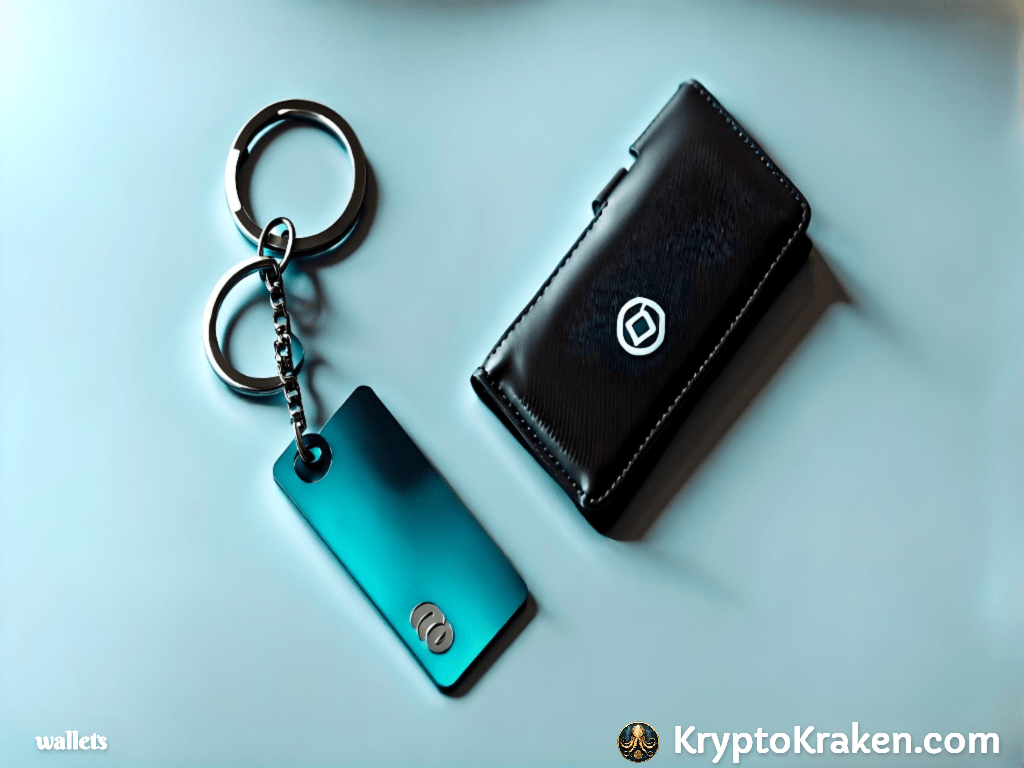
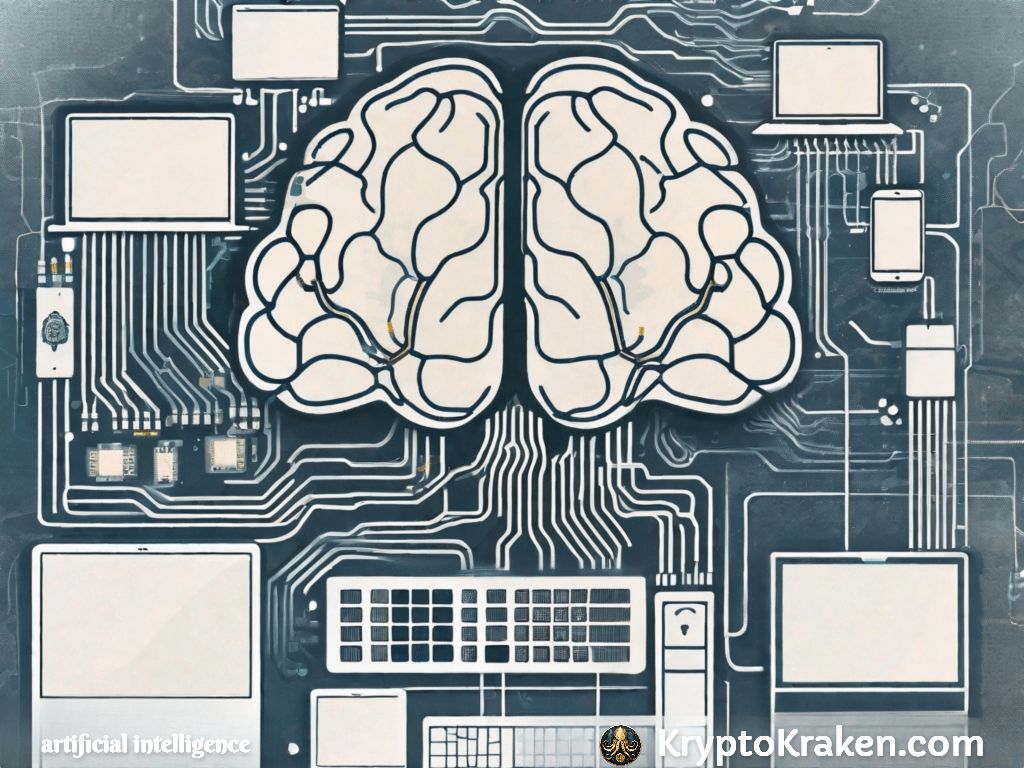
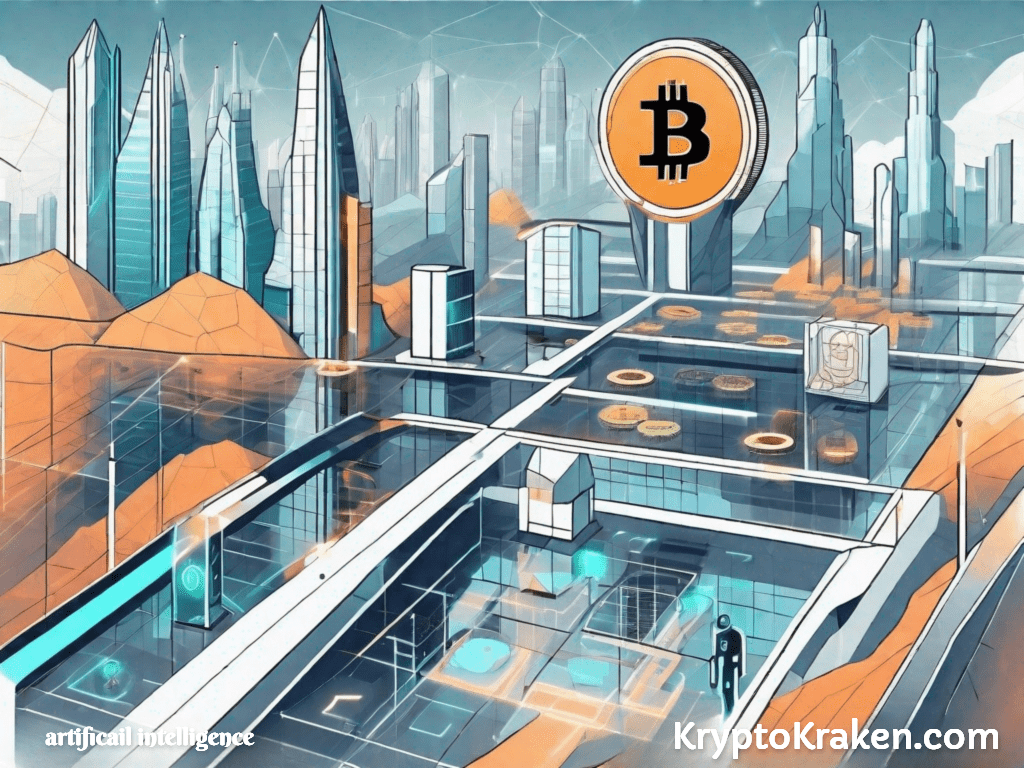
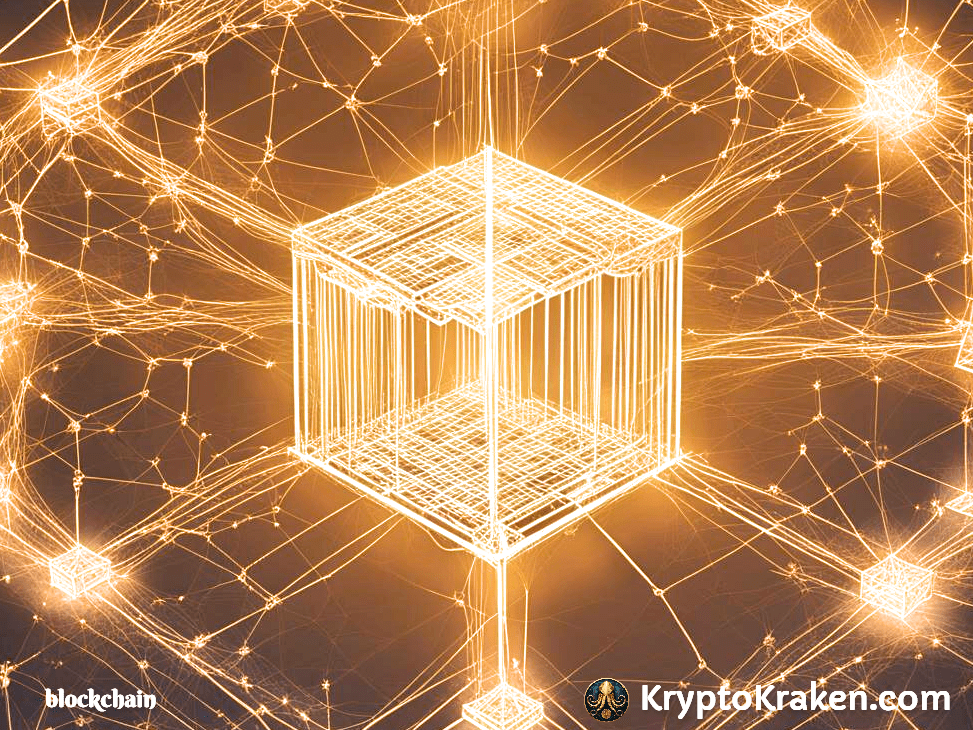
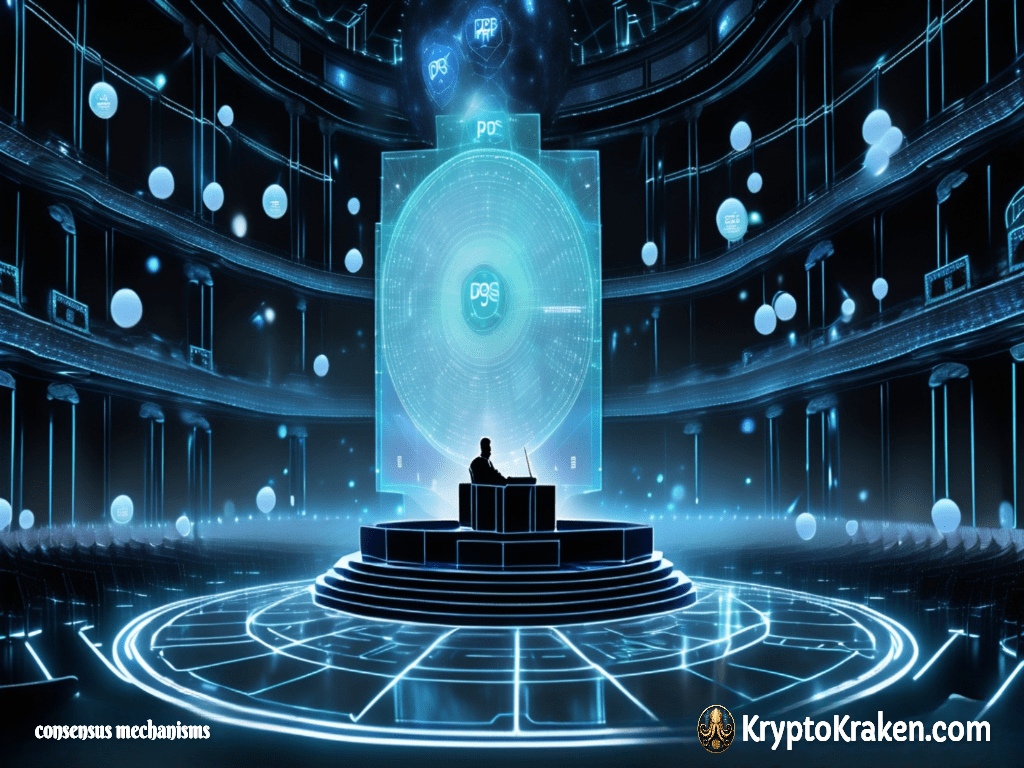
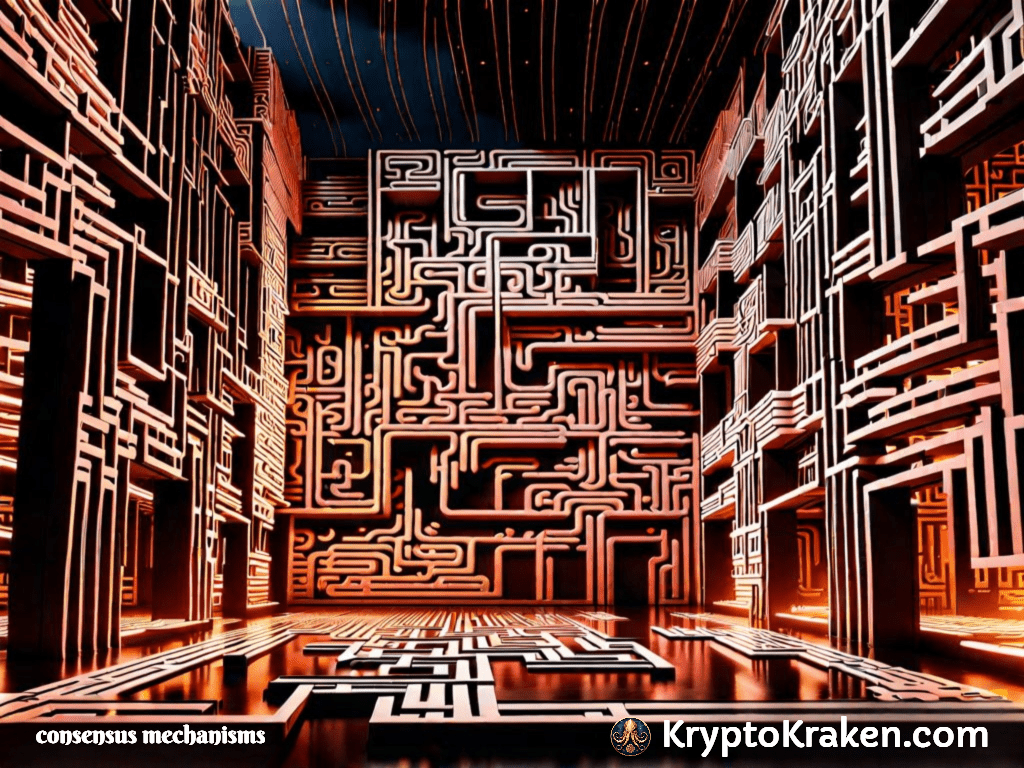

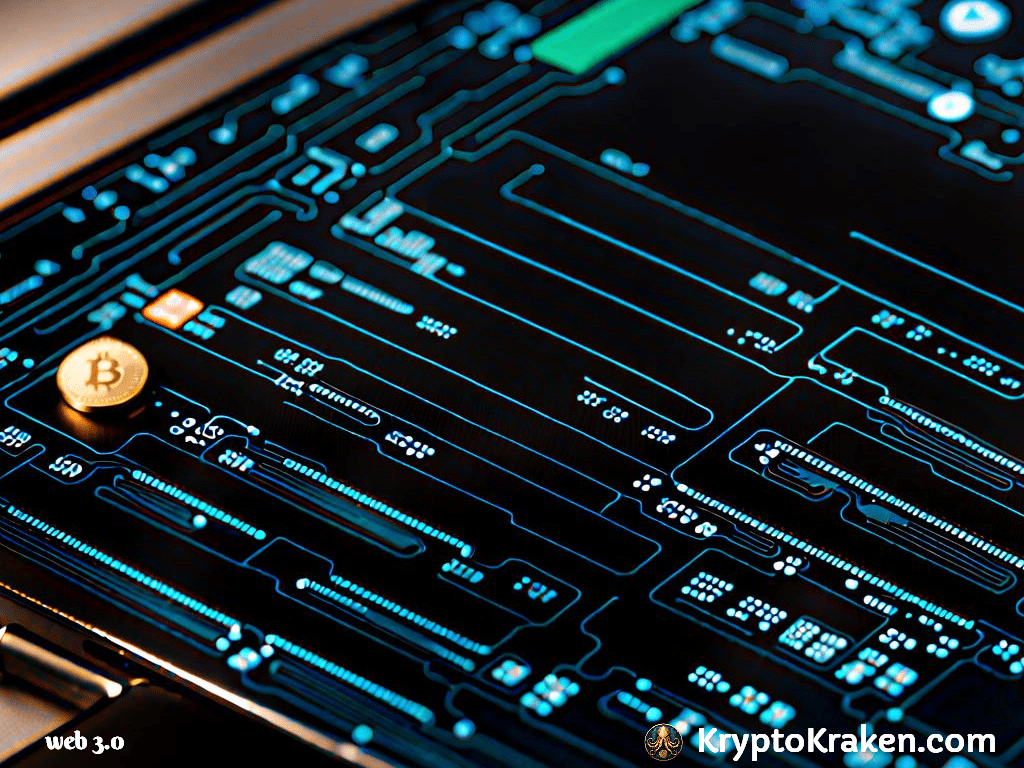
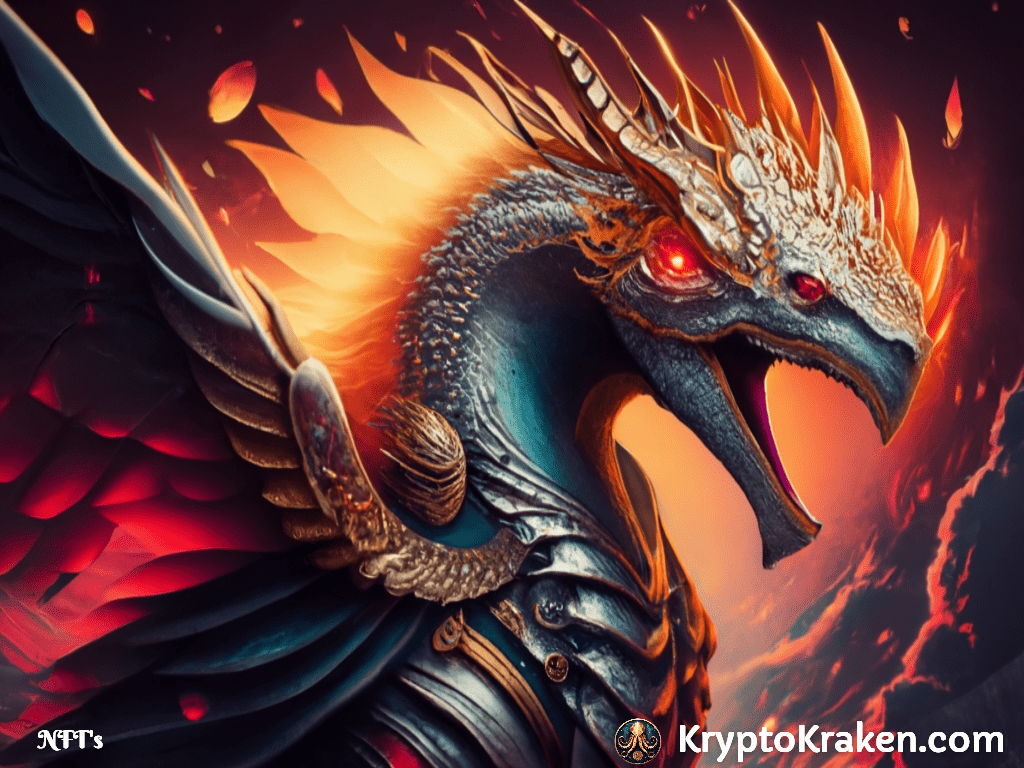
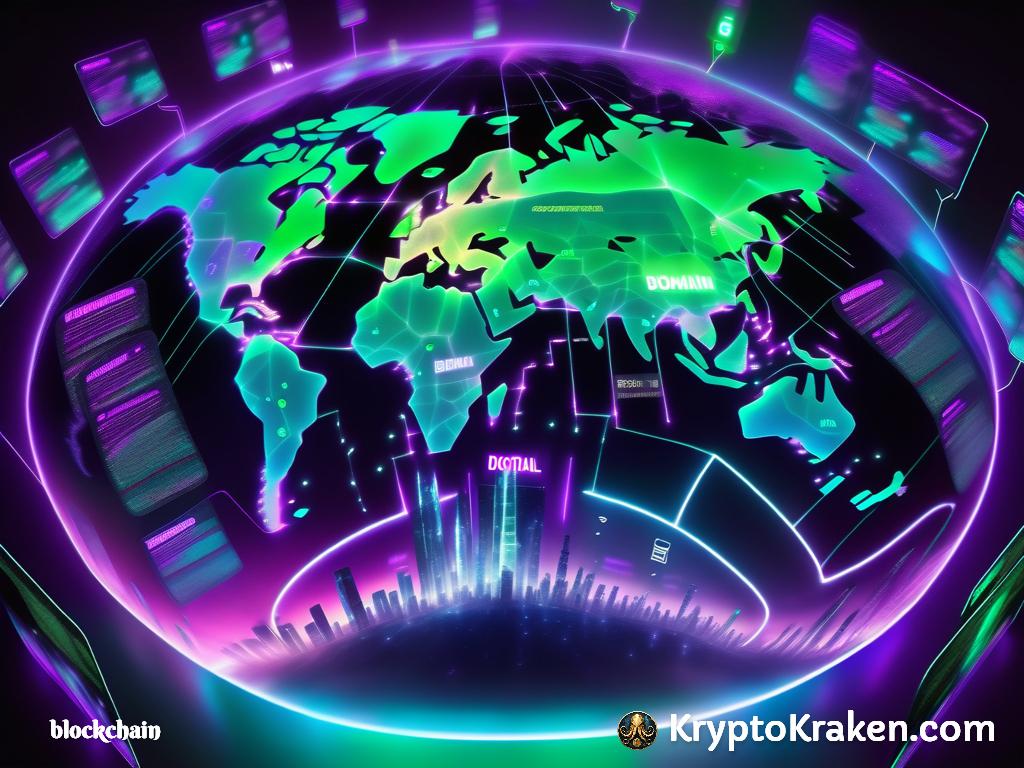
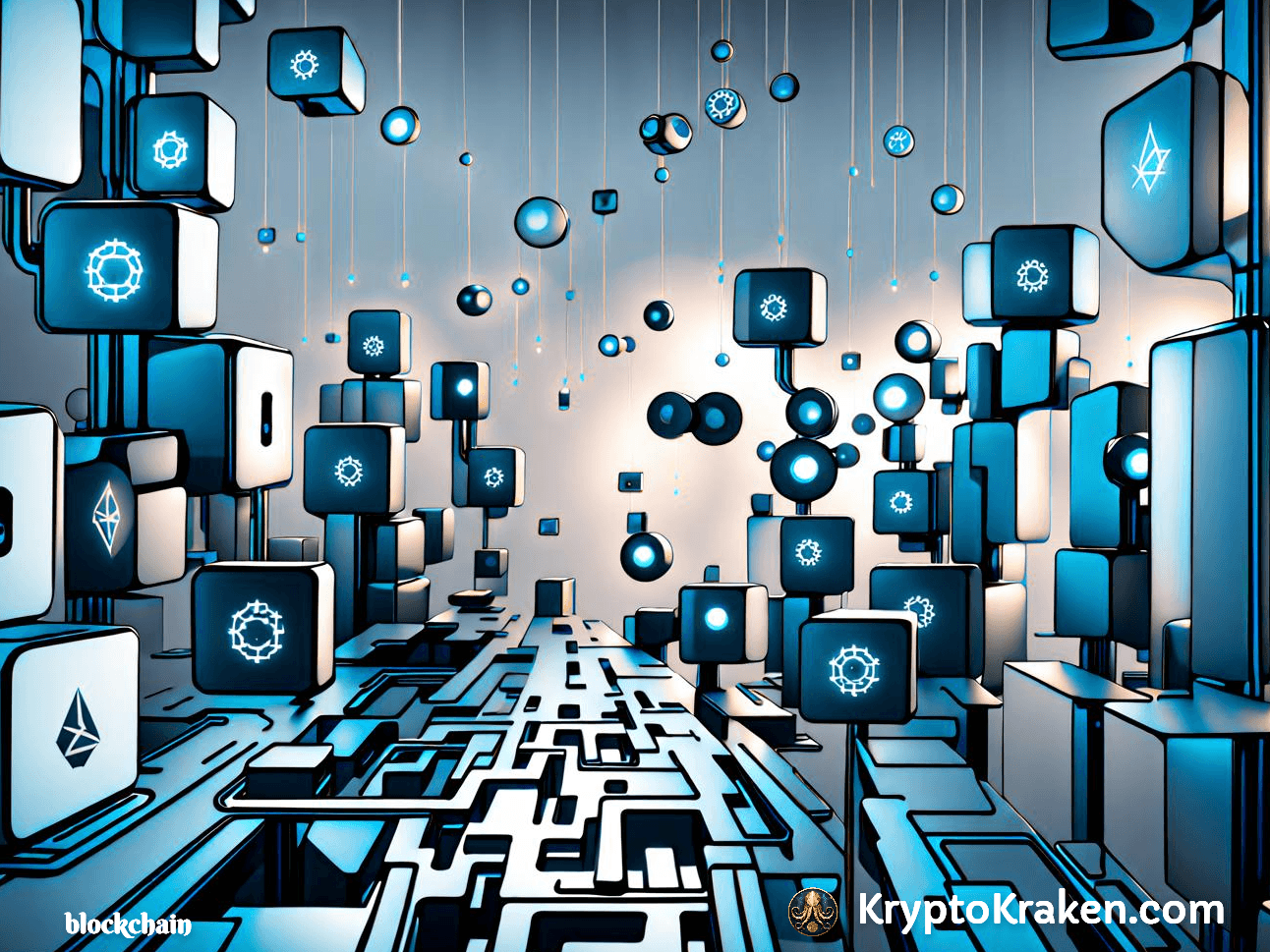



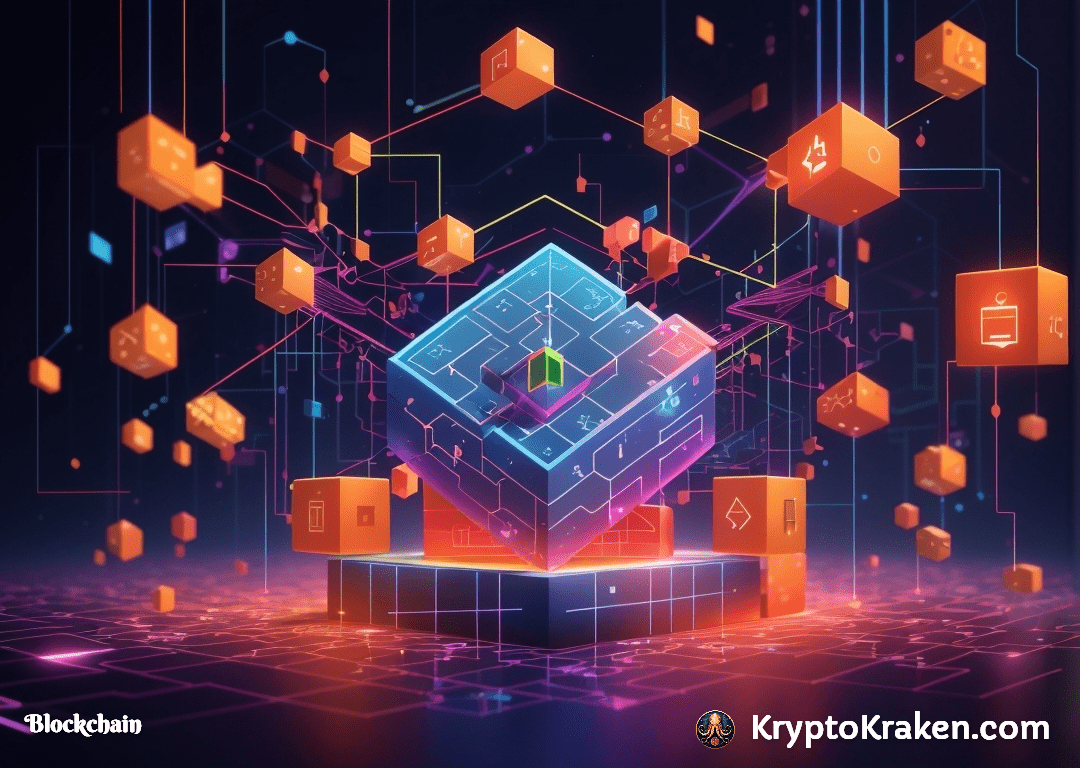
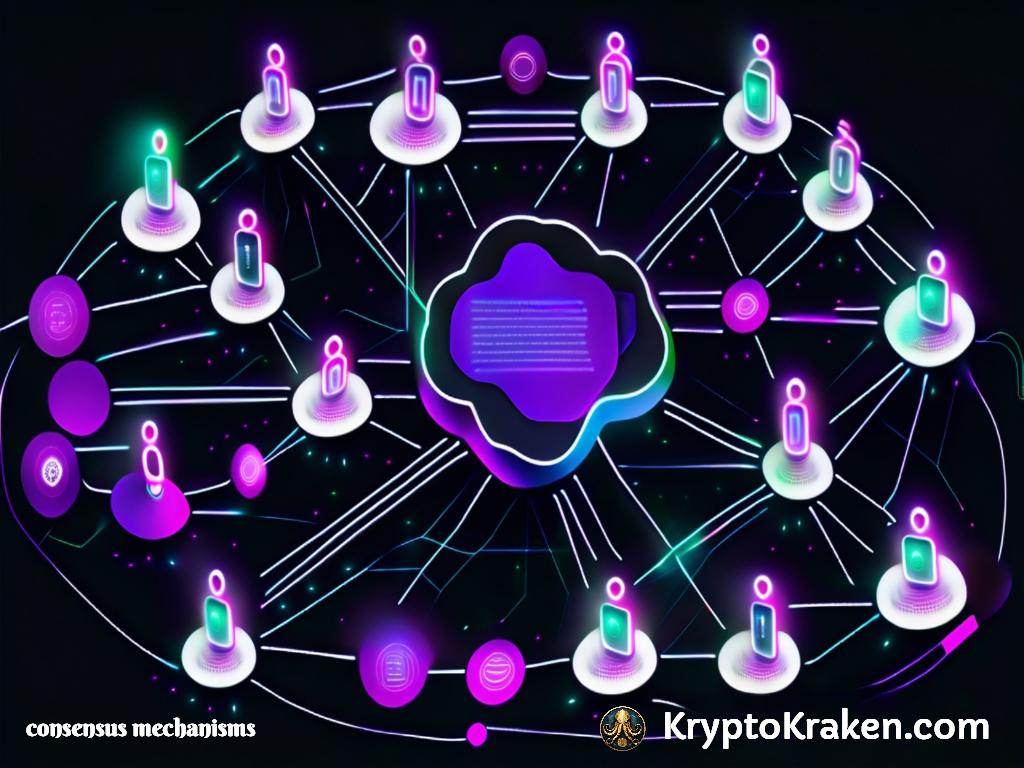
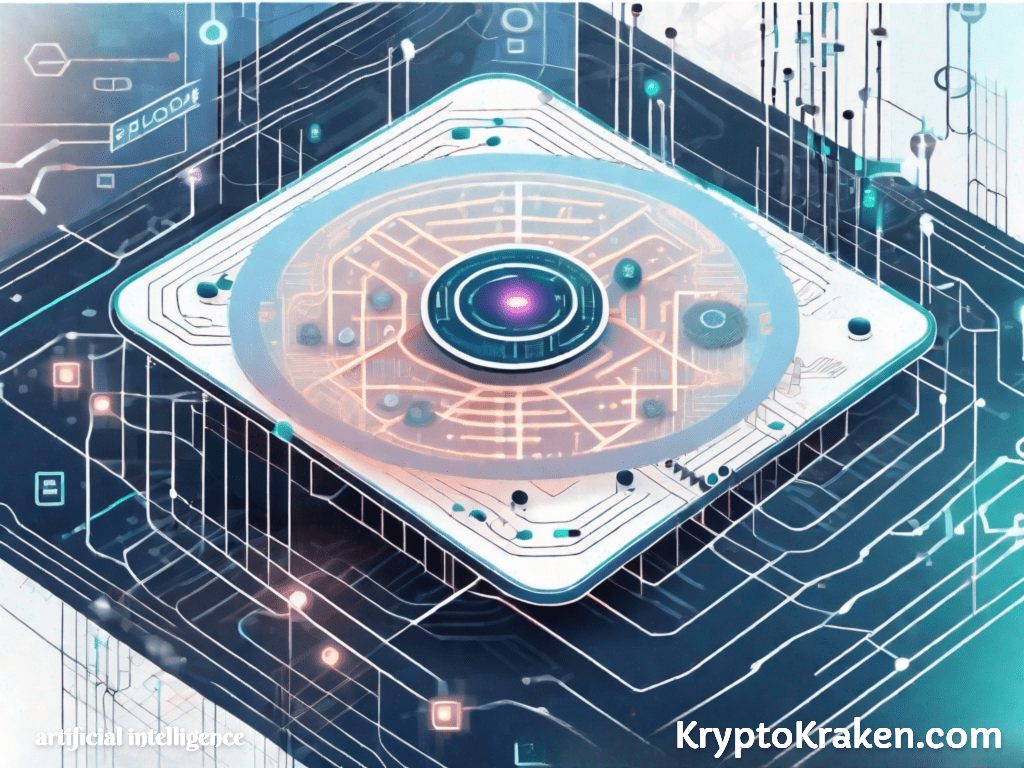
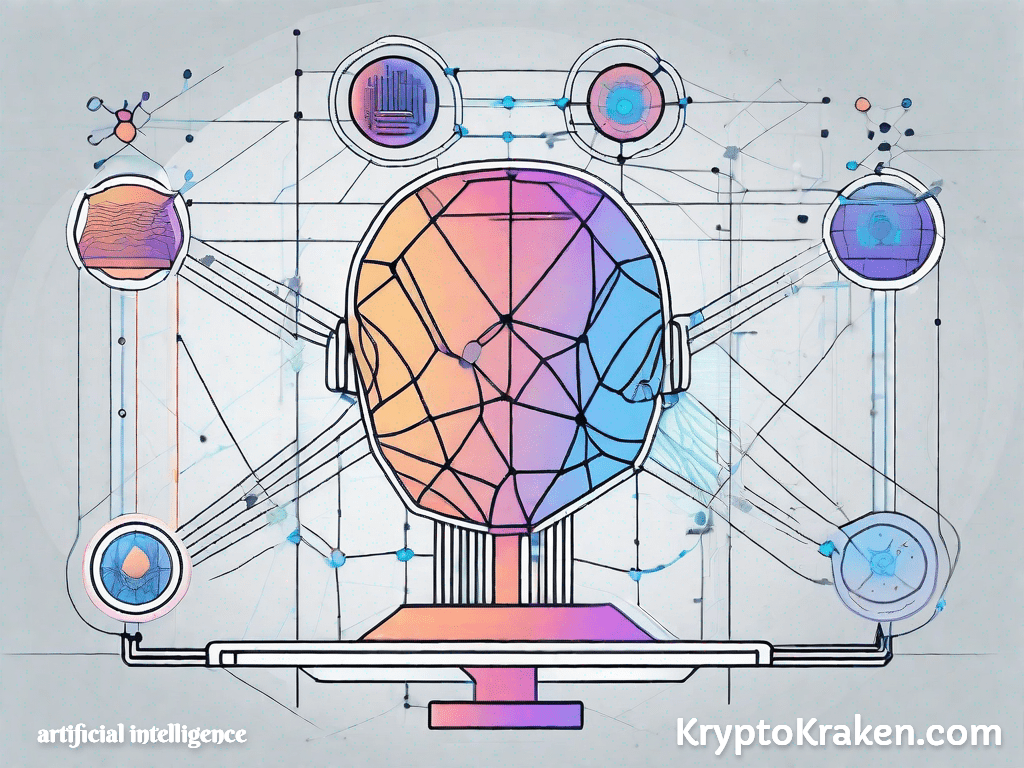
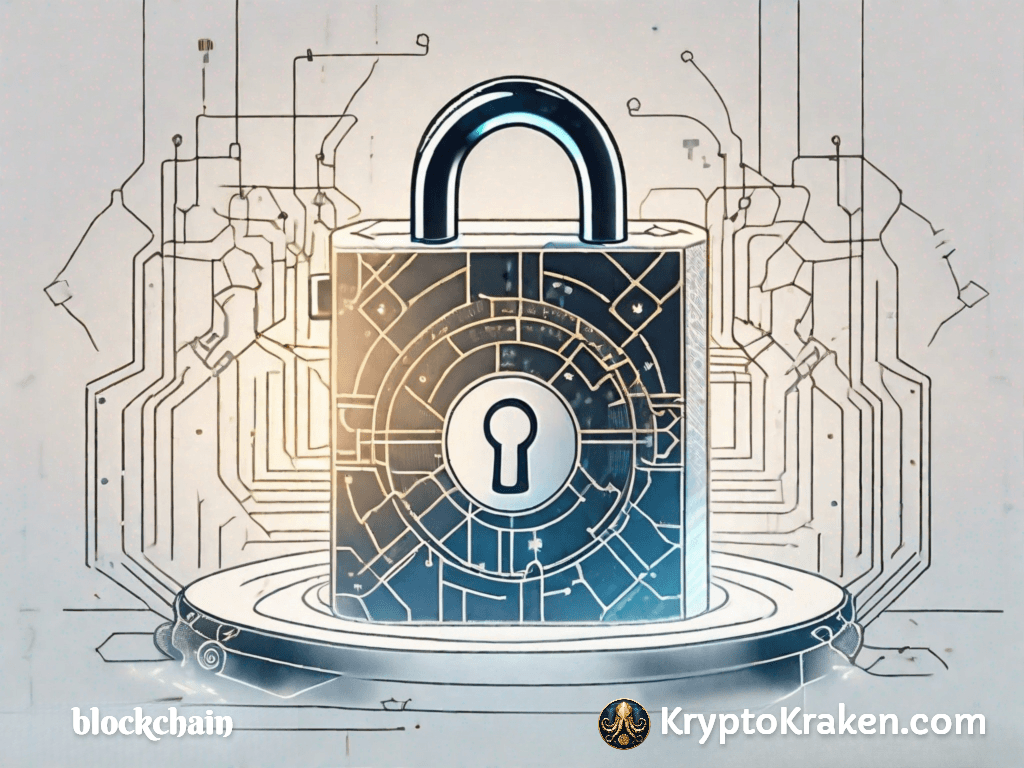
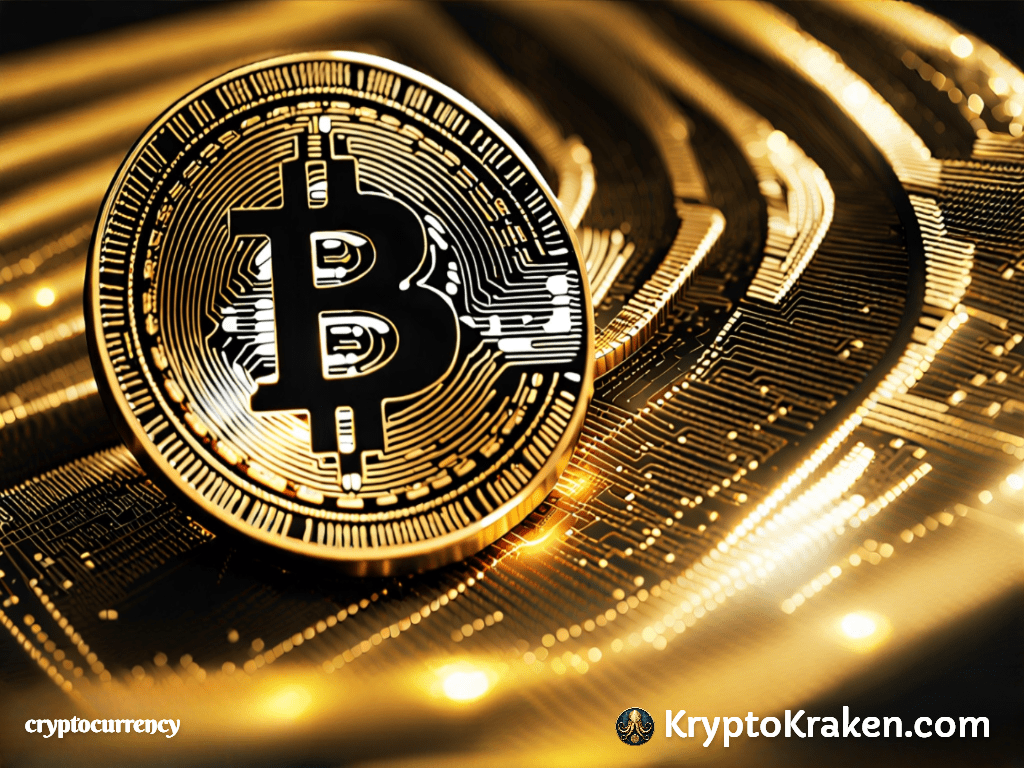
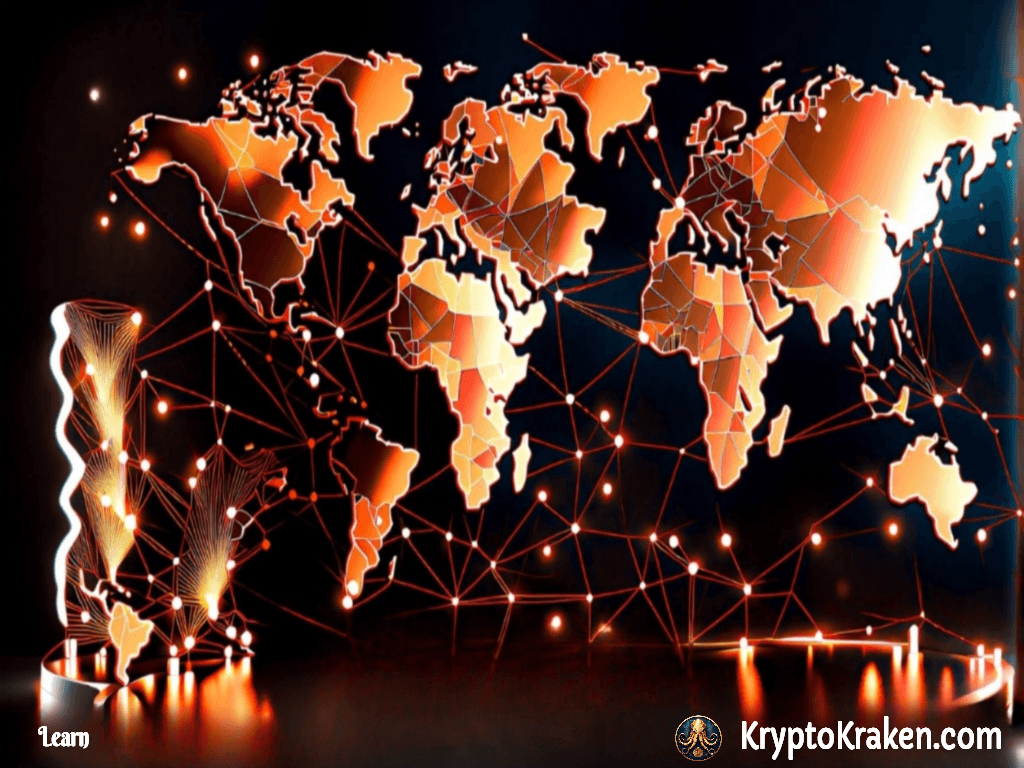
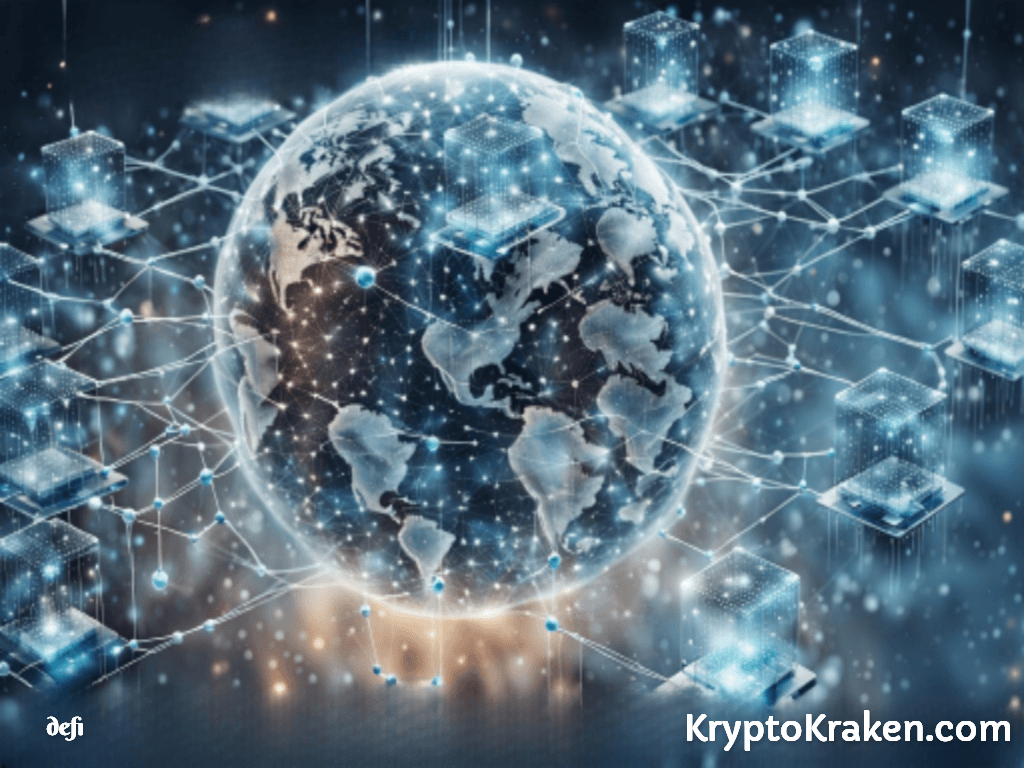
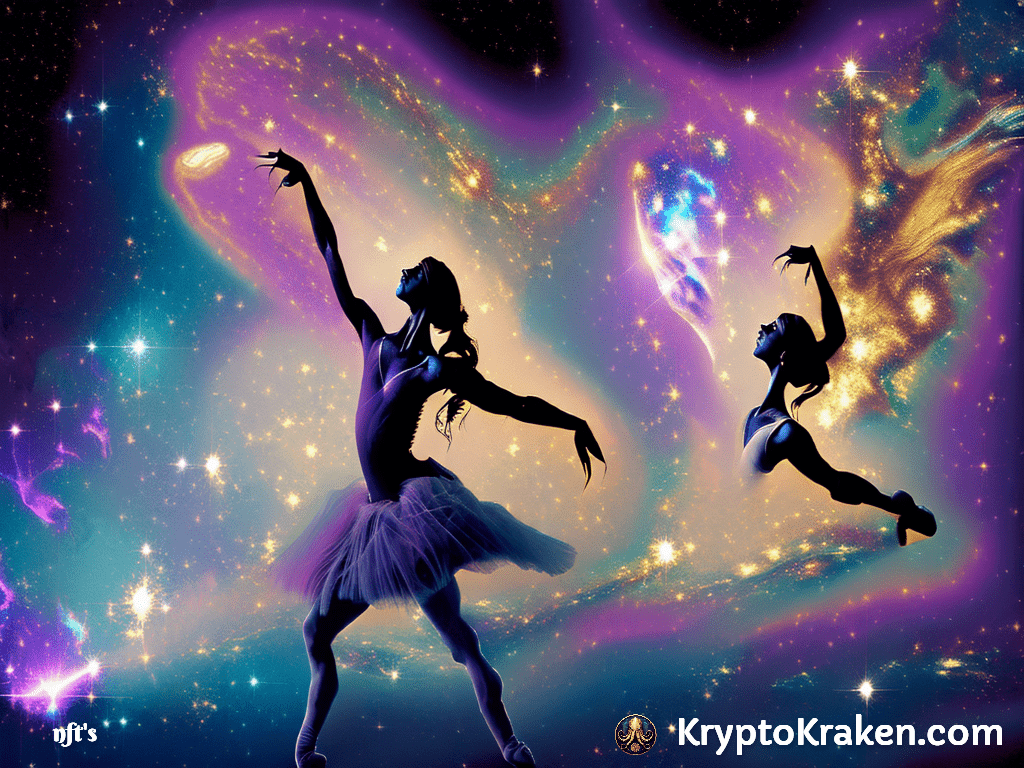
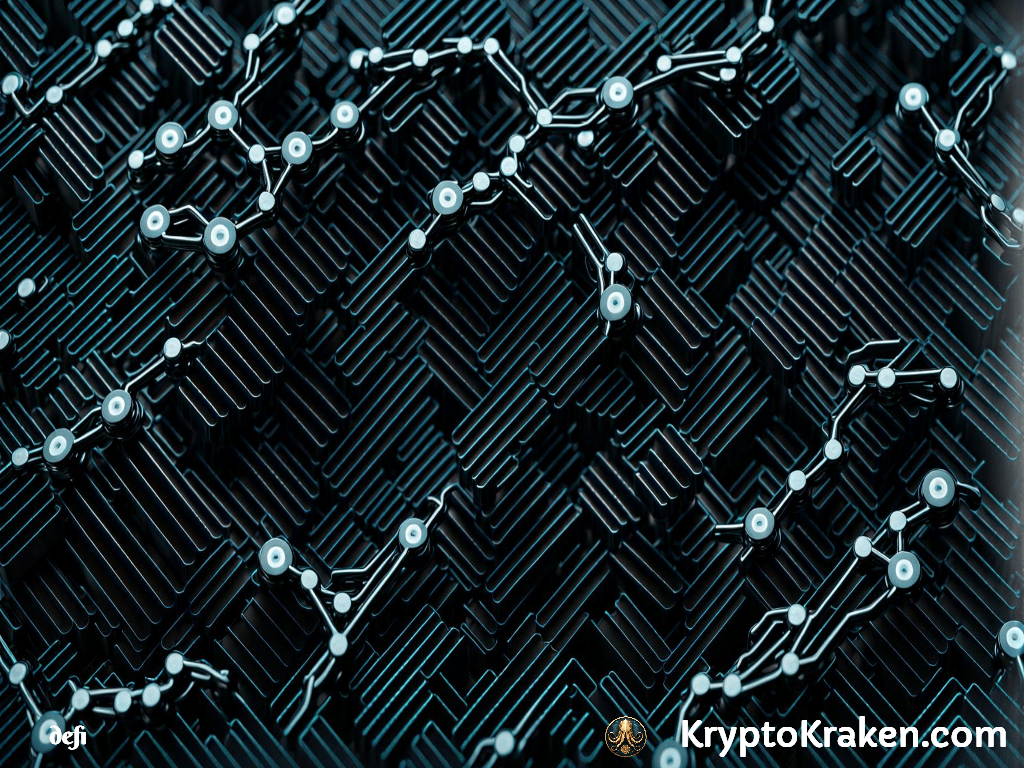
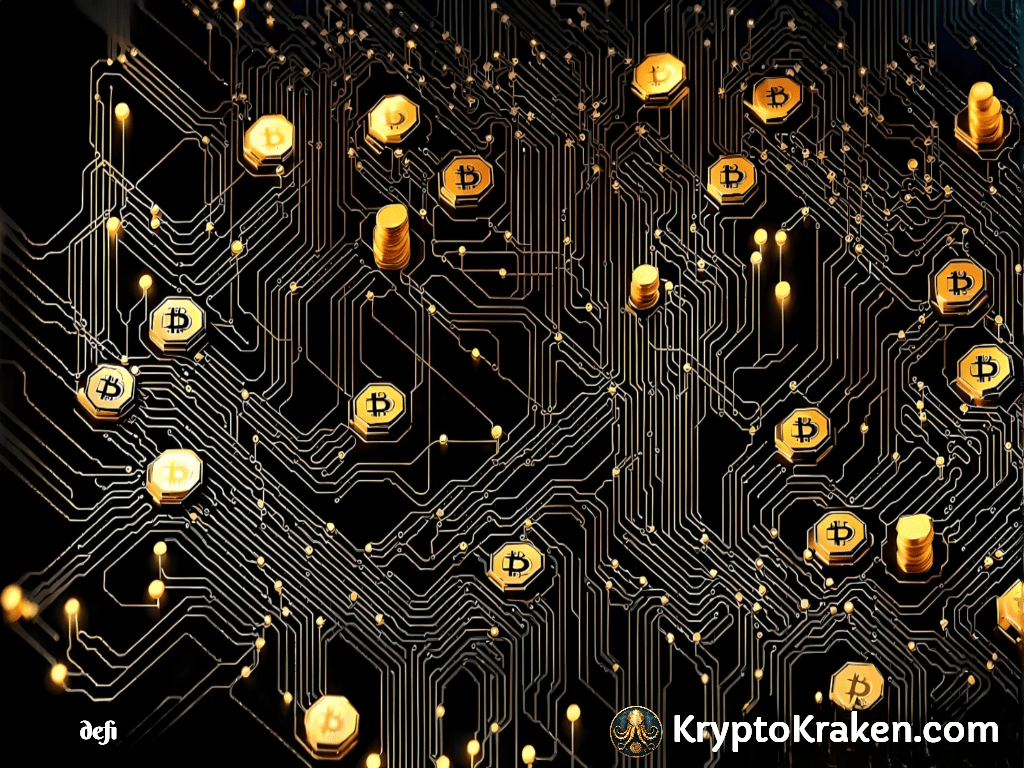

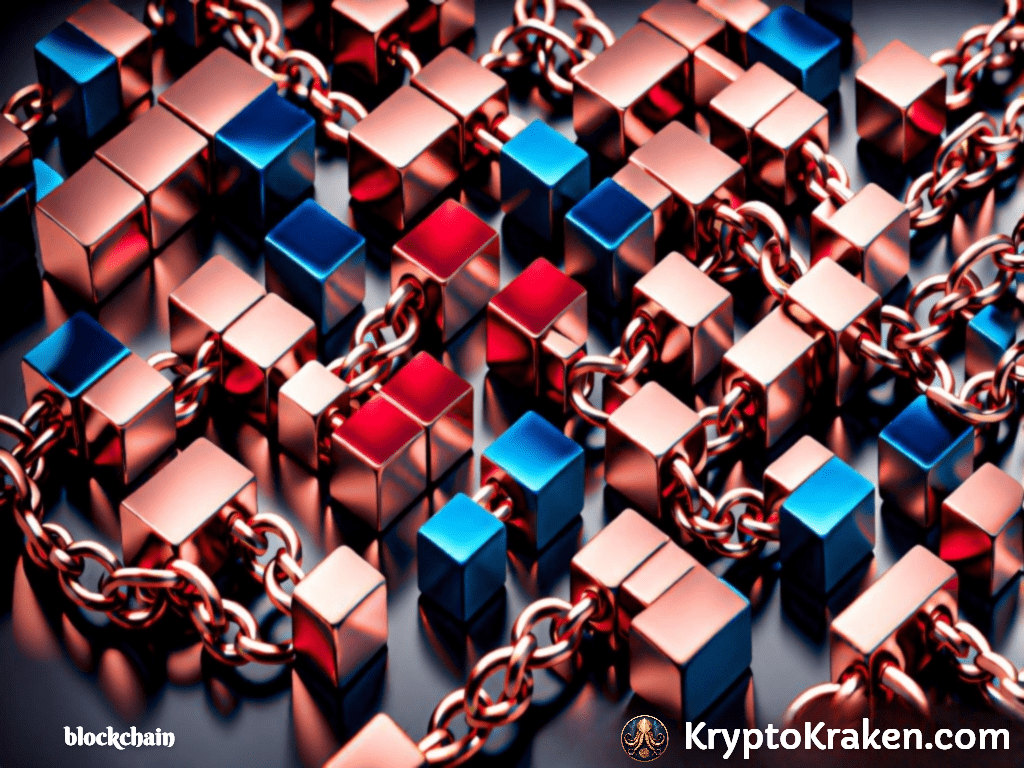
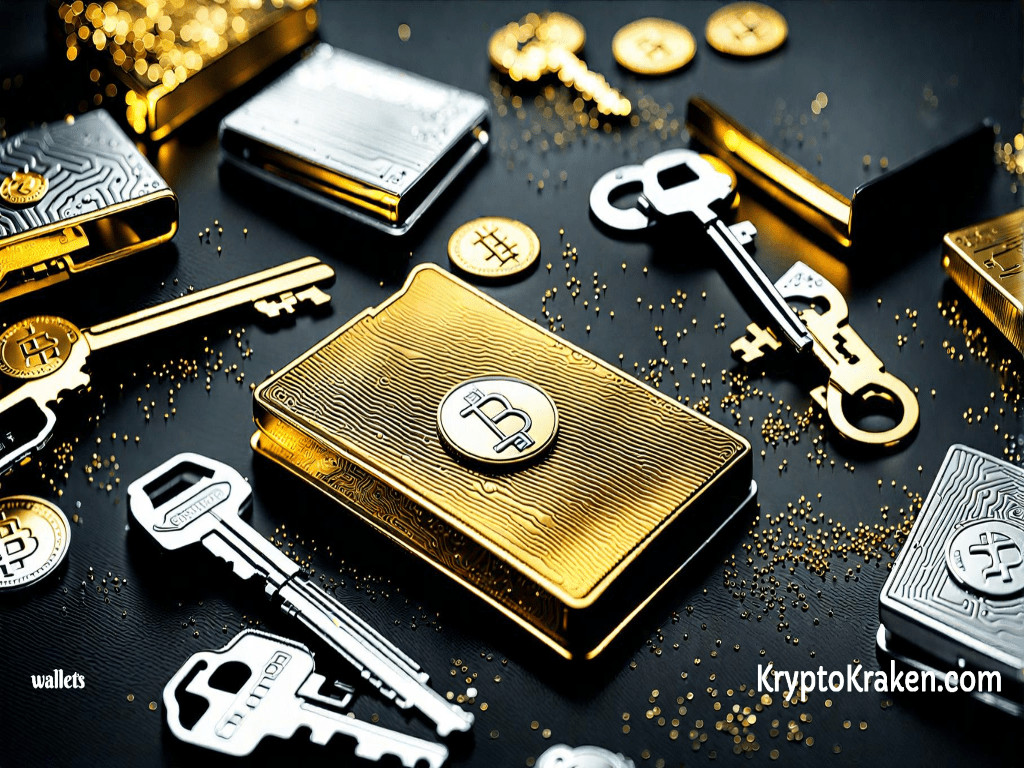



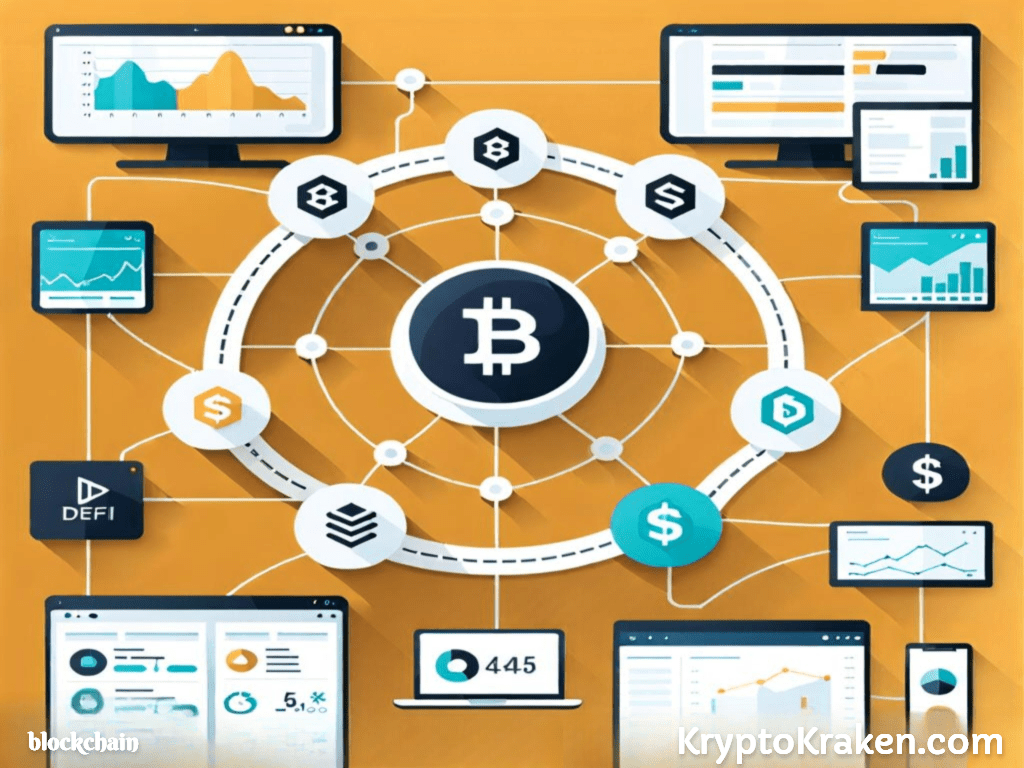
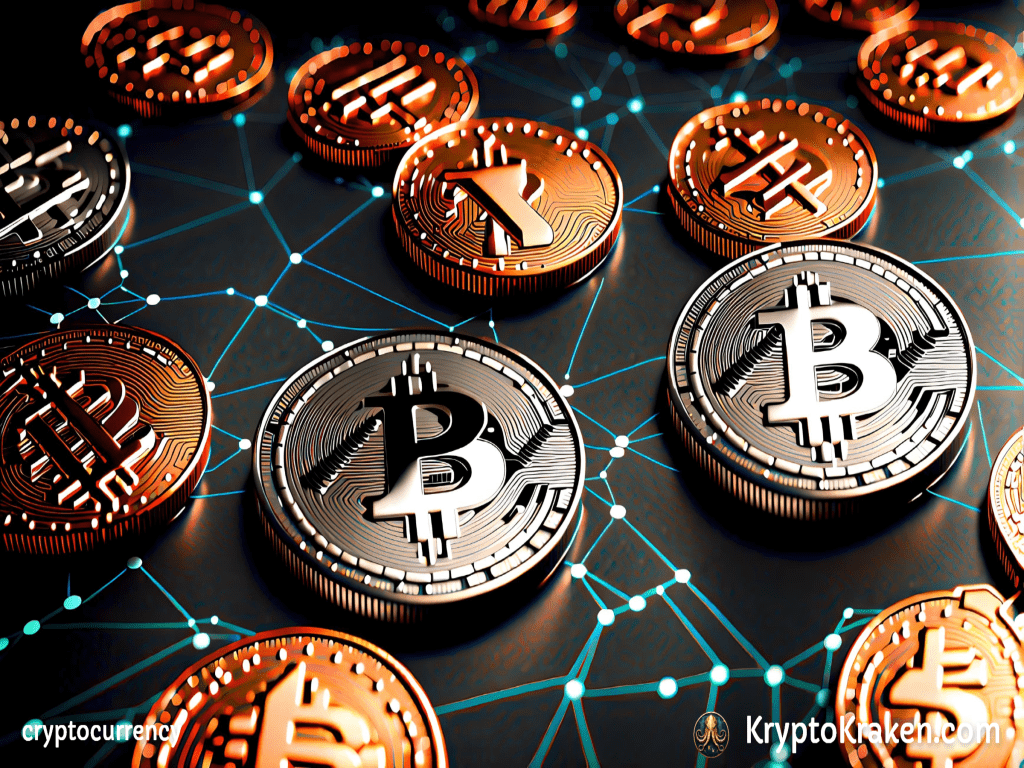
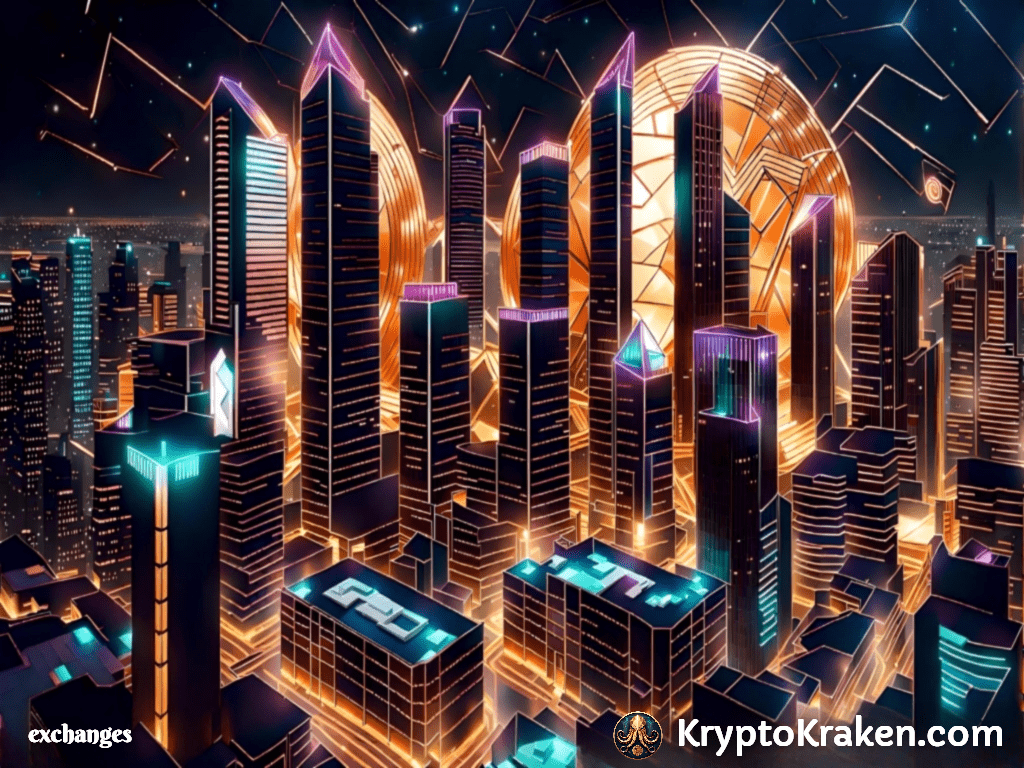
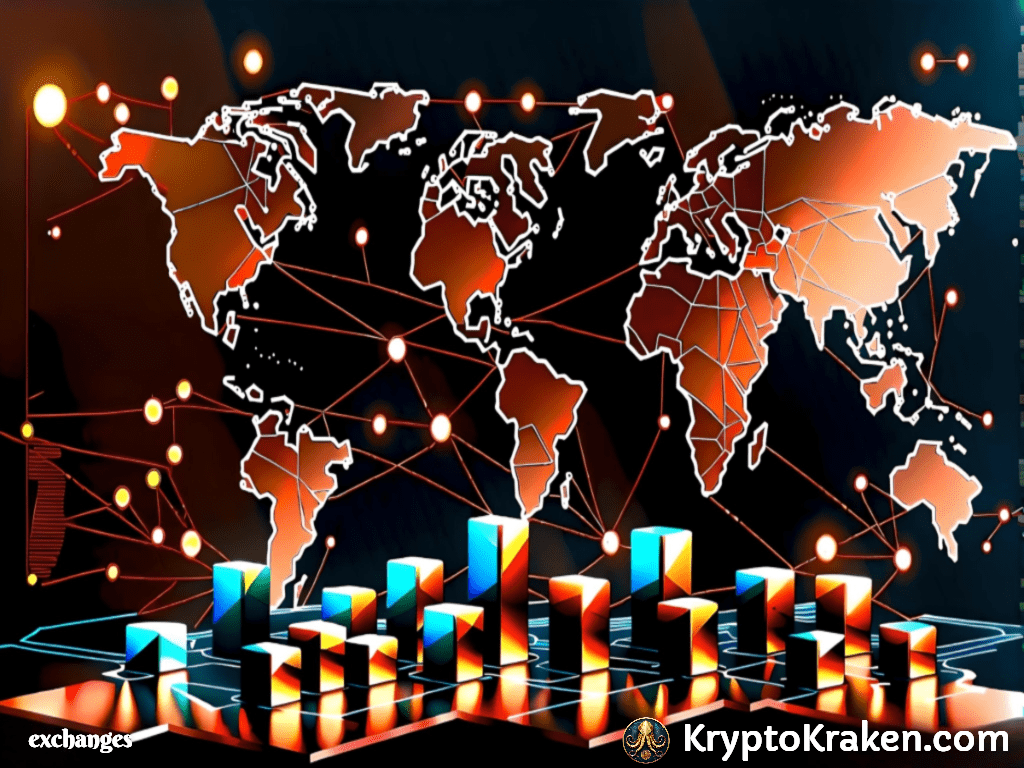
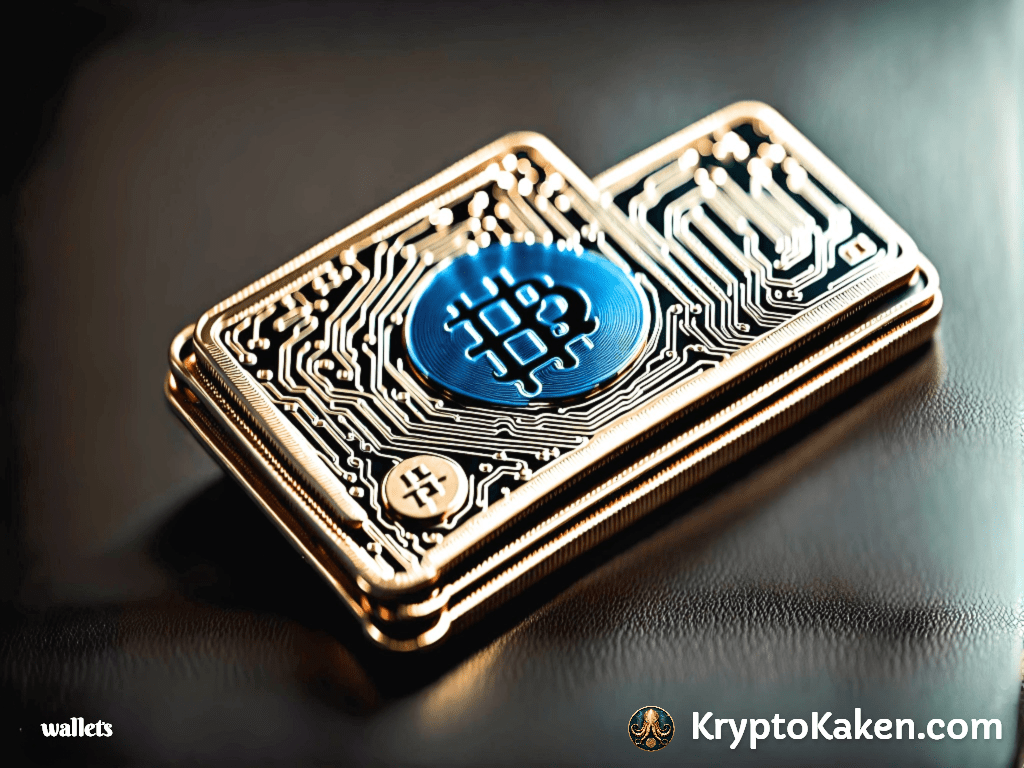
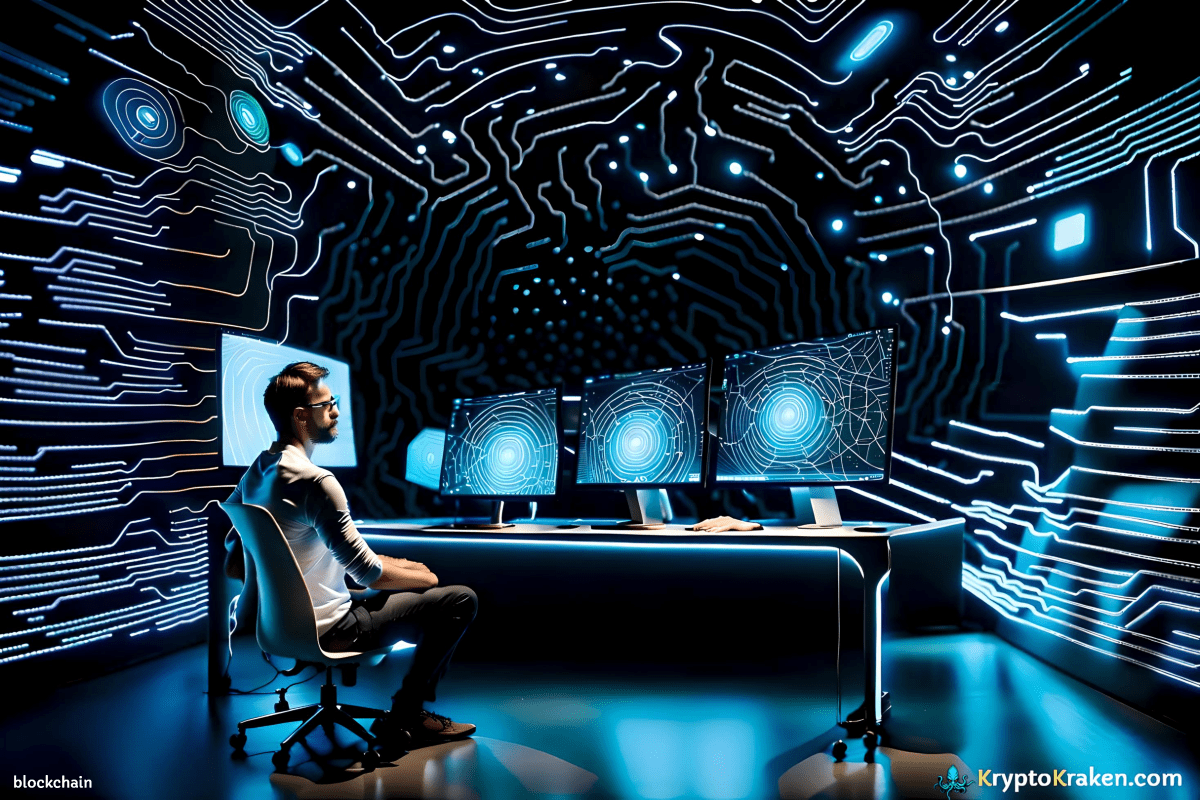
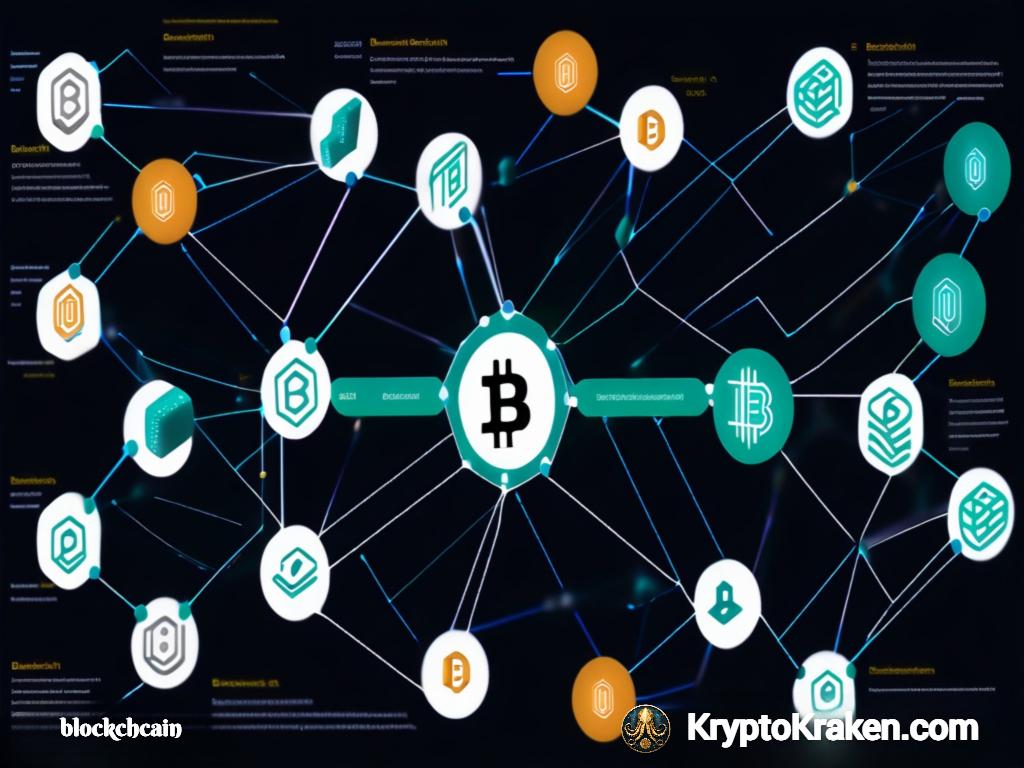
2 comments on “Using AI to Enhance Smart Contract Security”